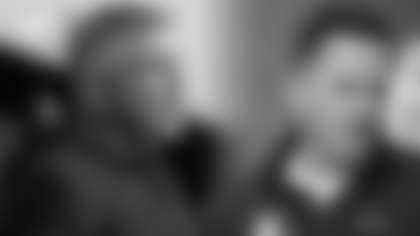**
What is your coaching background and how did you end up with the Broncos?**
"I was lucky enough to start my career in coaching at San Francisco in 1995 in the NFL. I coached college ball for nine years at Sacramento State. The synopsis or the connection to here is I was an LA Raider in 1987, '88, '89 and '90 in training camp. Mike Shanahan was the head coach for two of those years. He then became the offensive coordinator at San Francisco, I went to work at training camp at San Francisco for three years in '92, '93 and '94. Then he gets the job here but through that connection I met Gary Kubiak. Gary Kubiak knows John Elway and I know John Fox through the business so all those connections got me eventually to here. But I've coached in the NFL for 20 years. I was at San Francisco for nine, Atlanta for three, Oakland for two, Seattle for one, Houston for two, that's where I got to know Gary as a coach, and then a year in Oakland again and then I came out here a year ago."
Fan-submitted and professionally shot images of Broncos Country enjoying Sunday's win against Arizona.

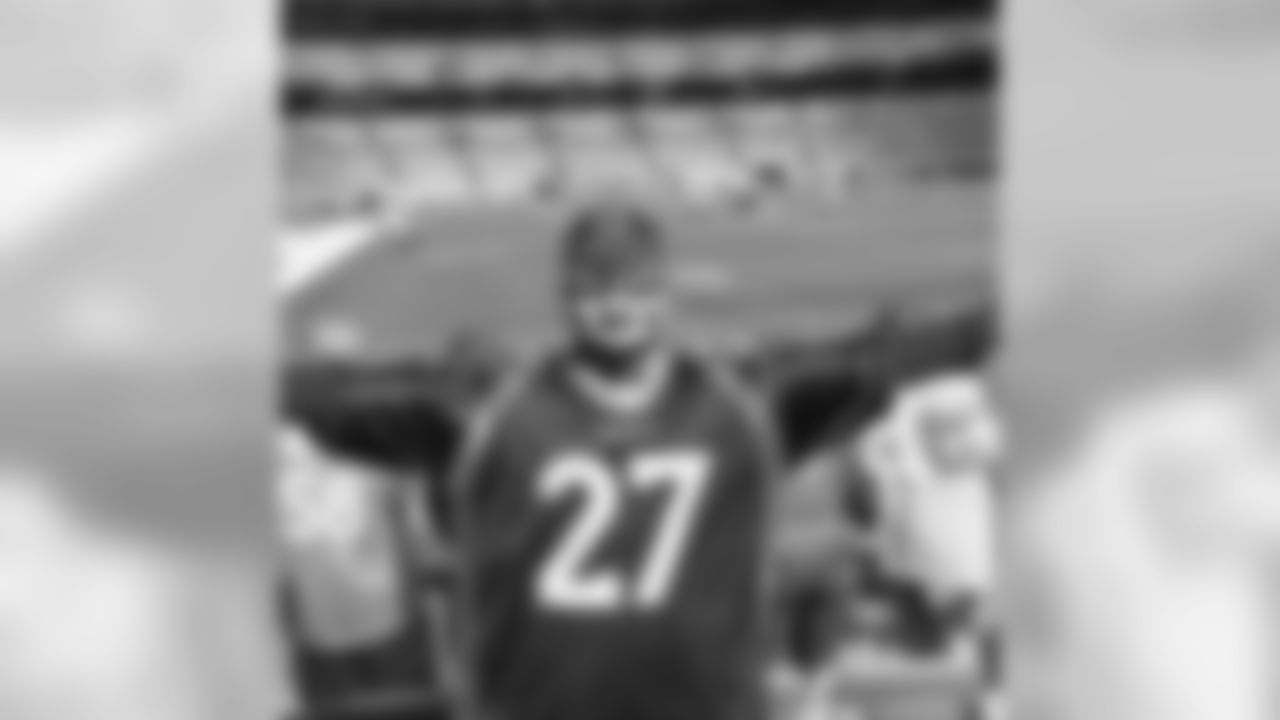


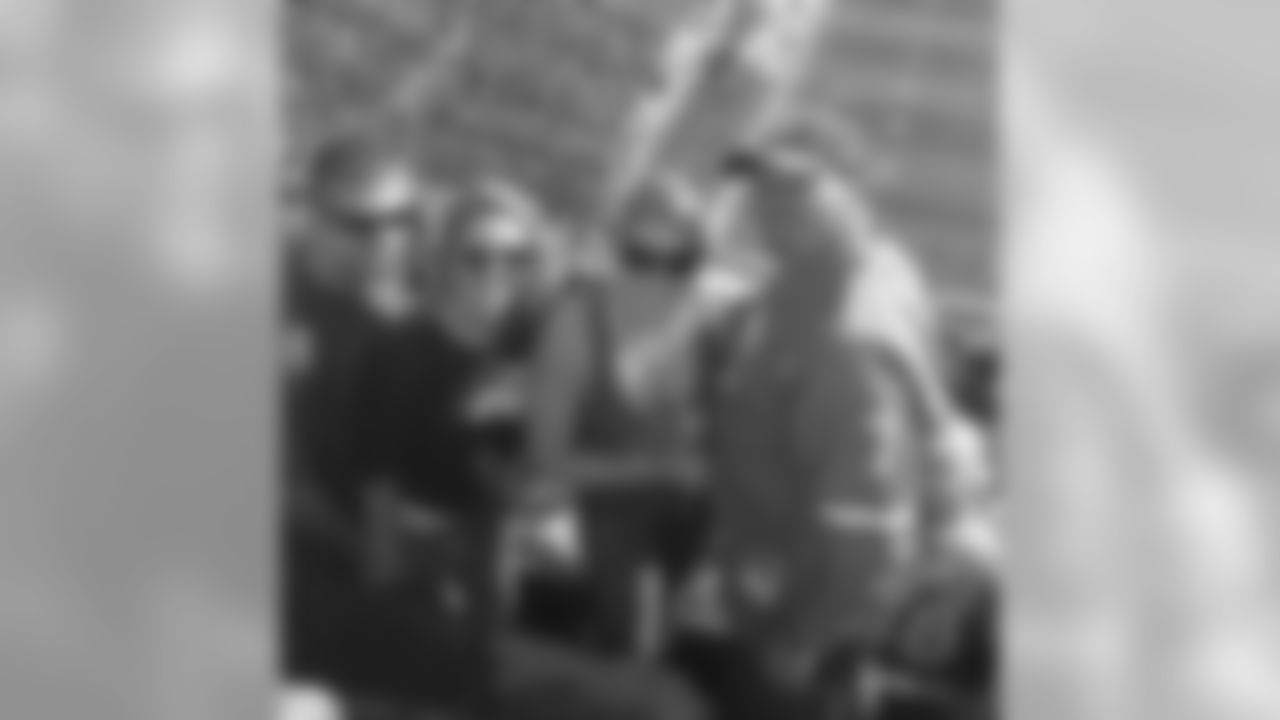

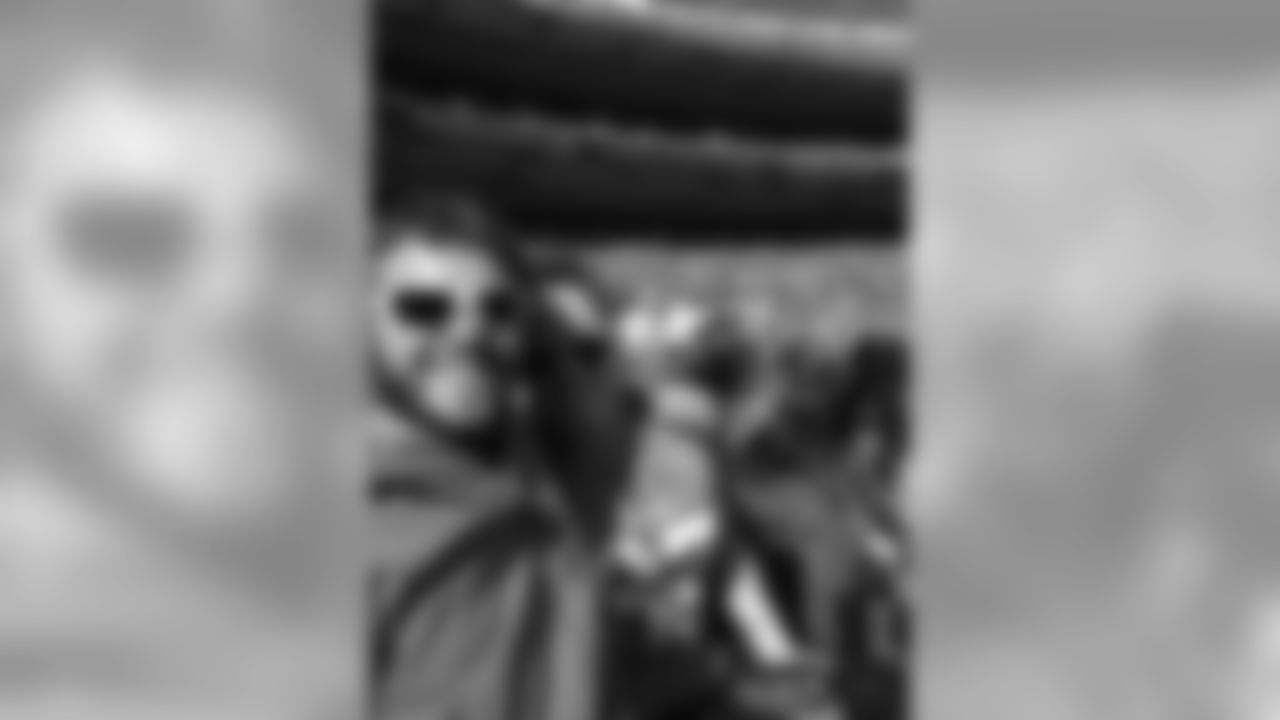
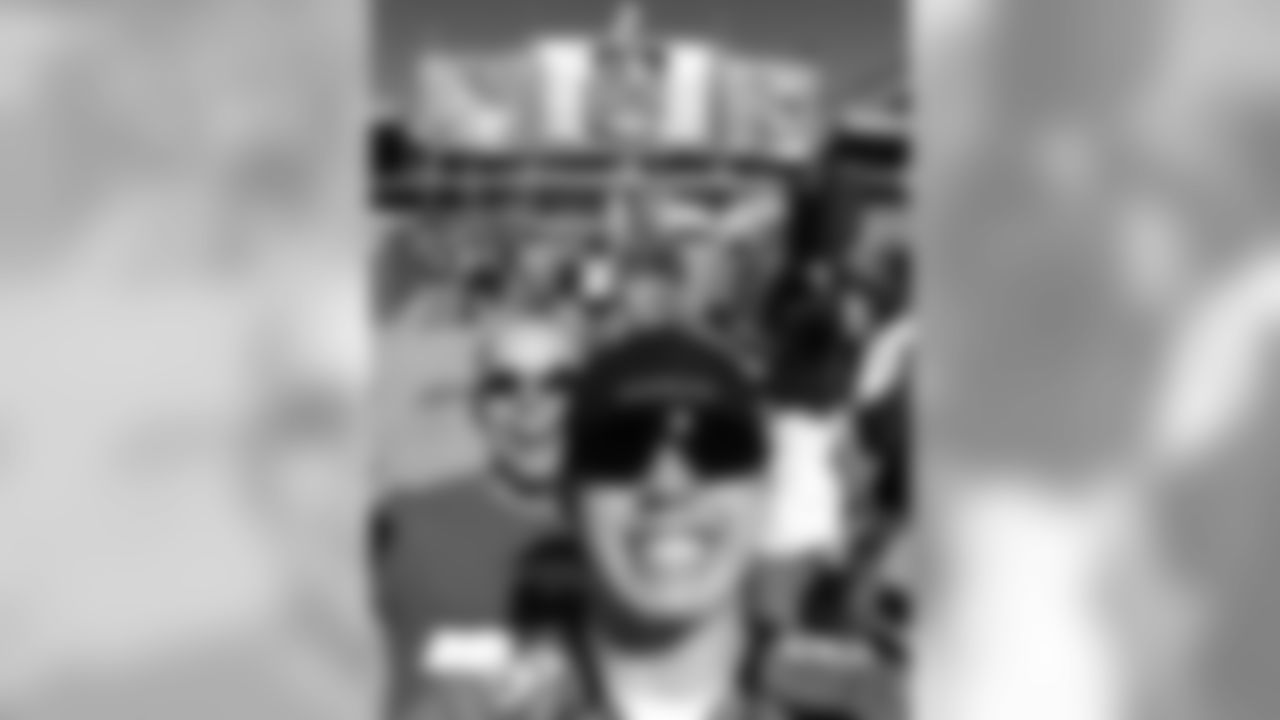

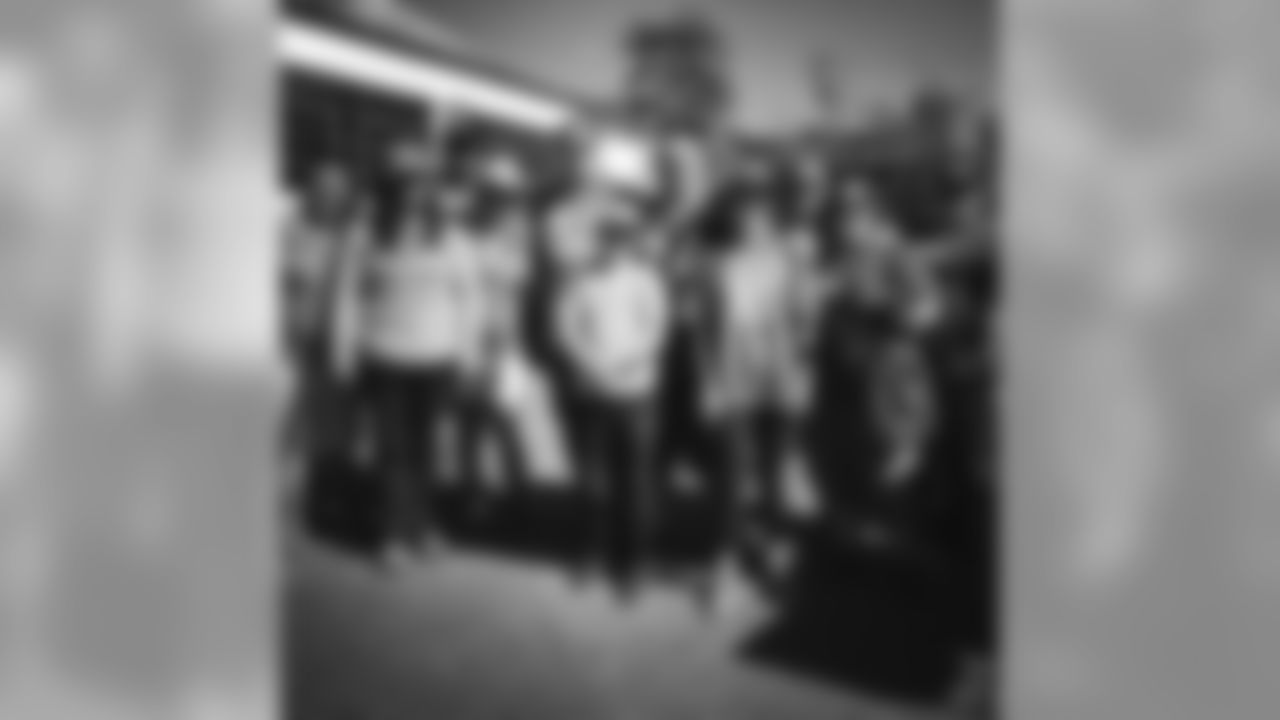



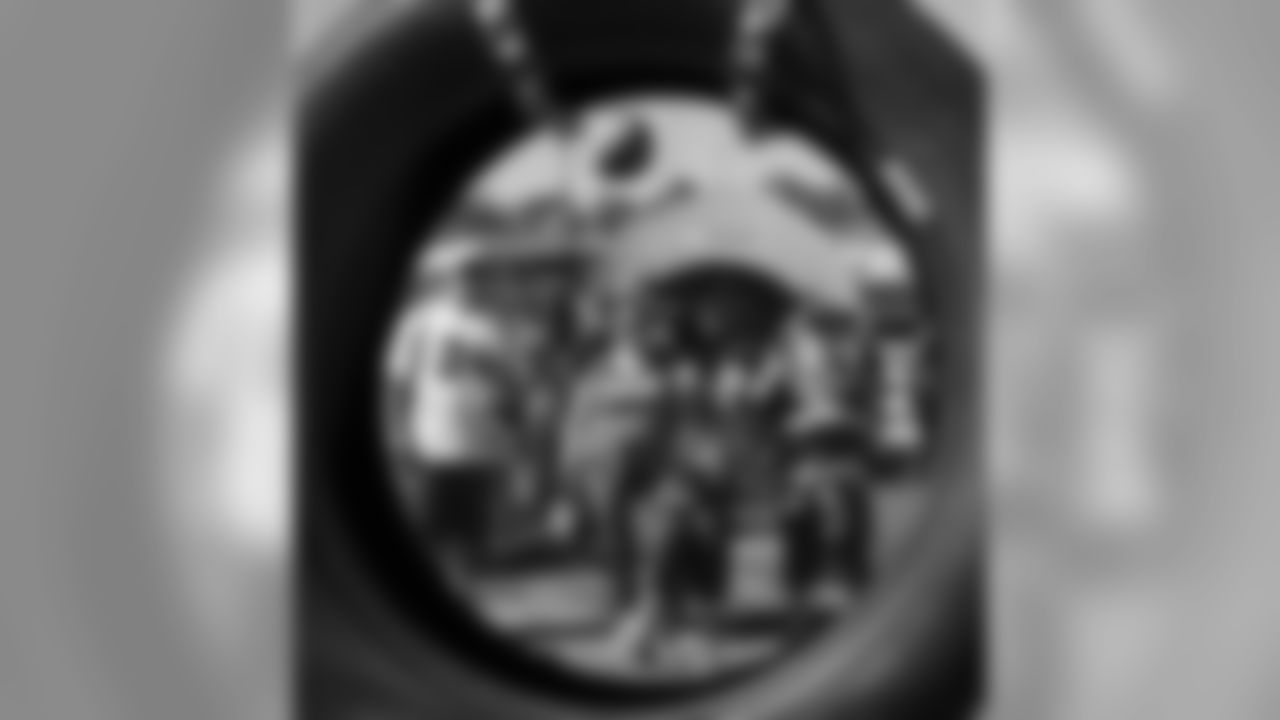

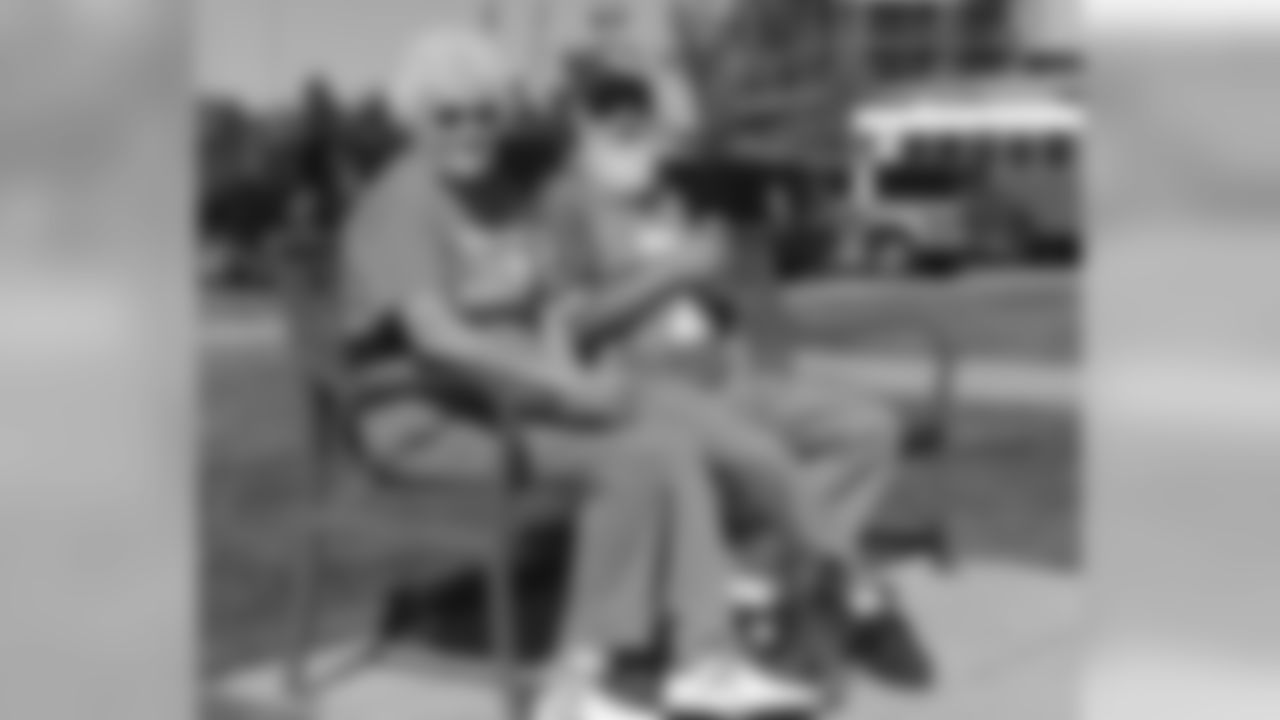
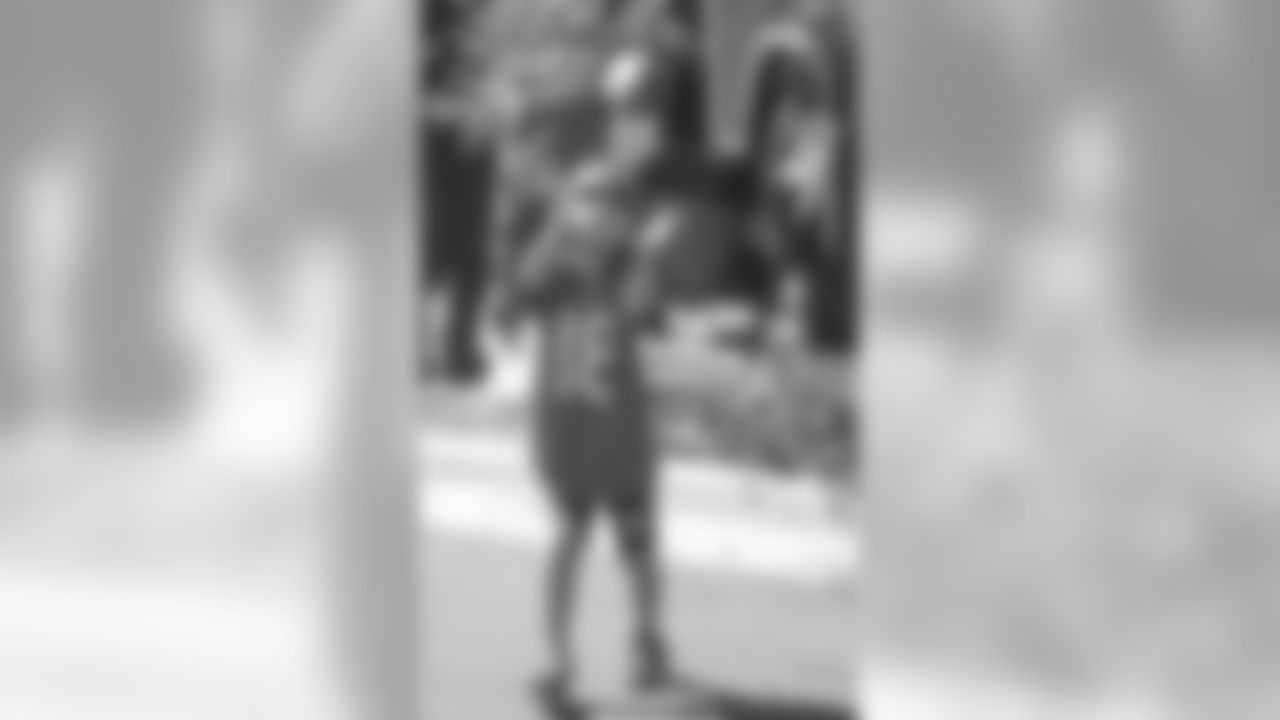
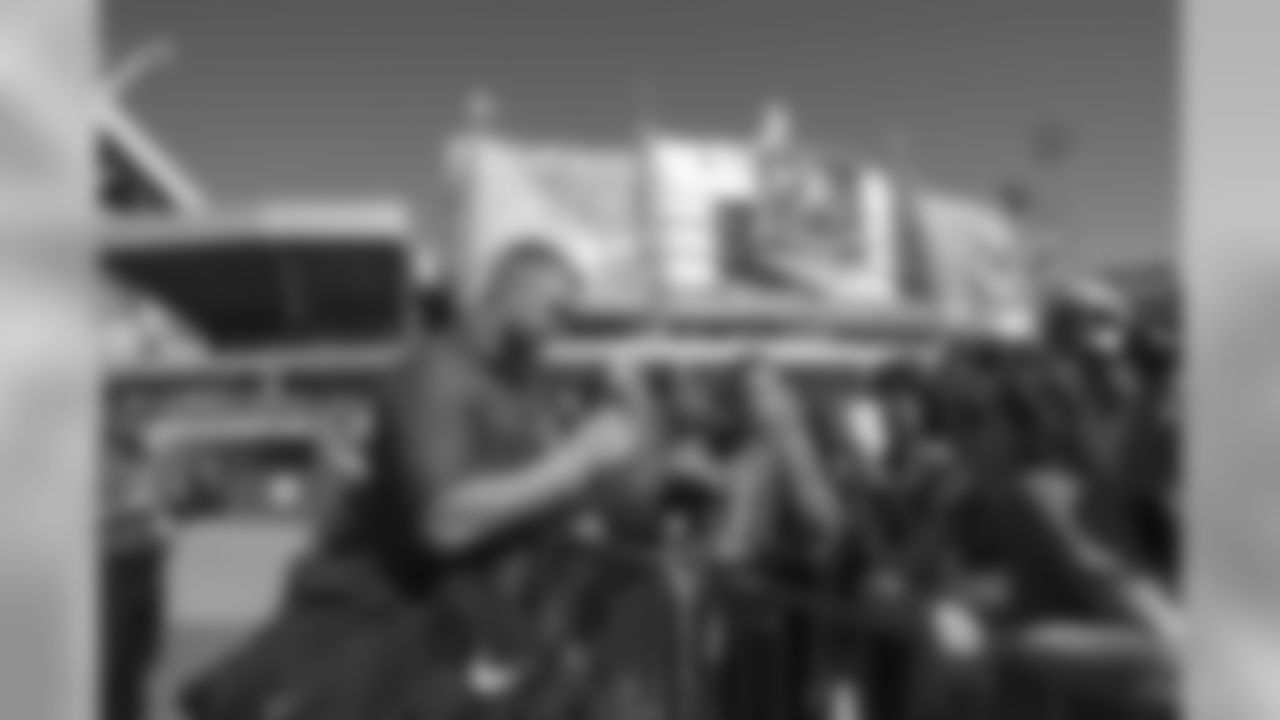
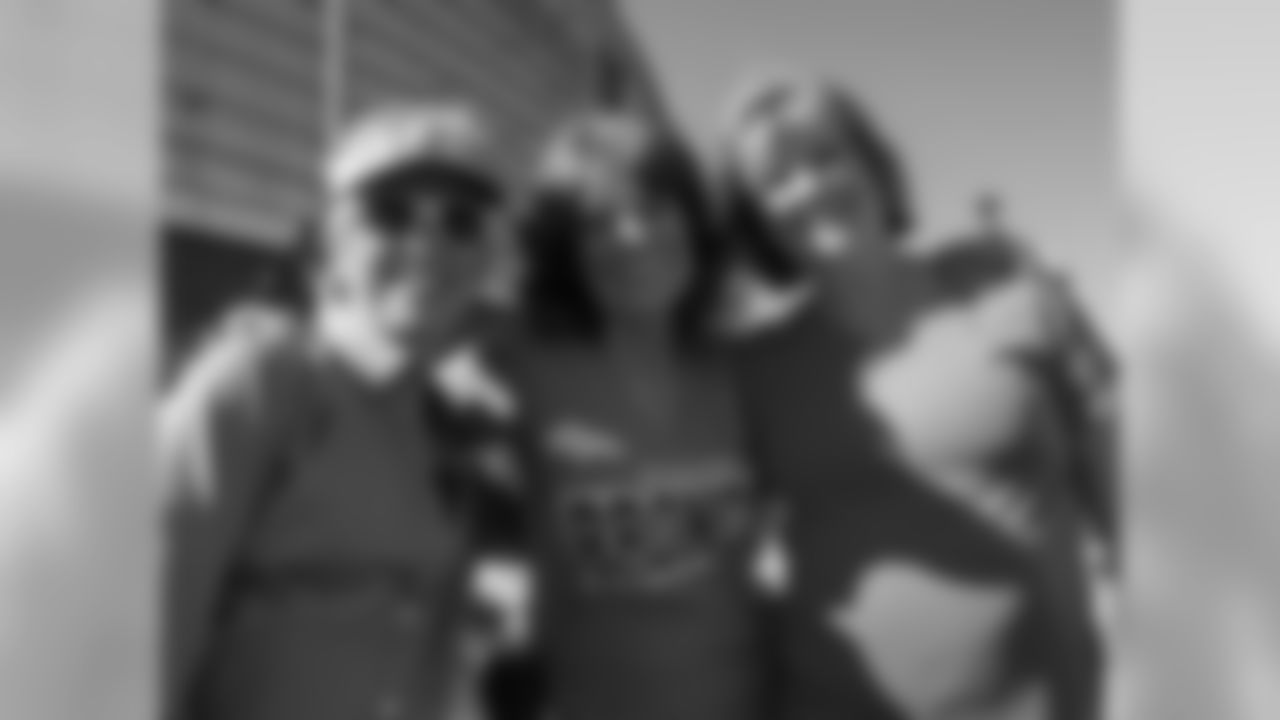


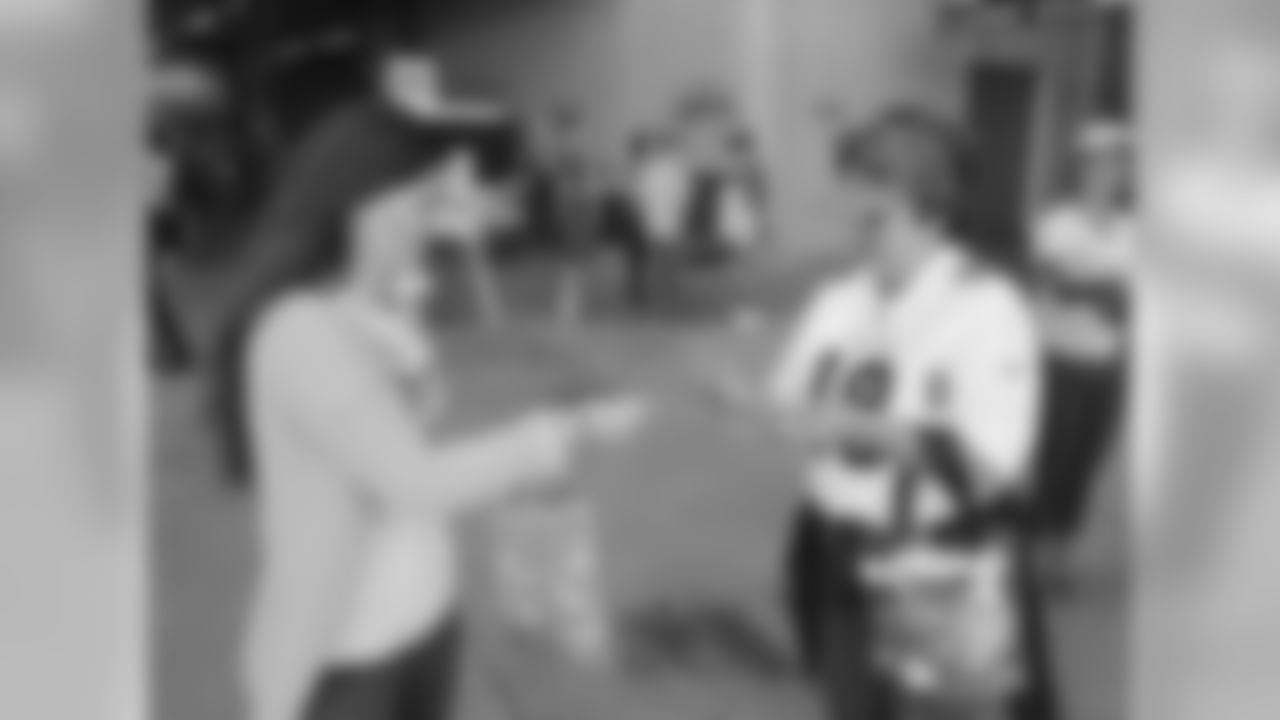

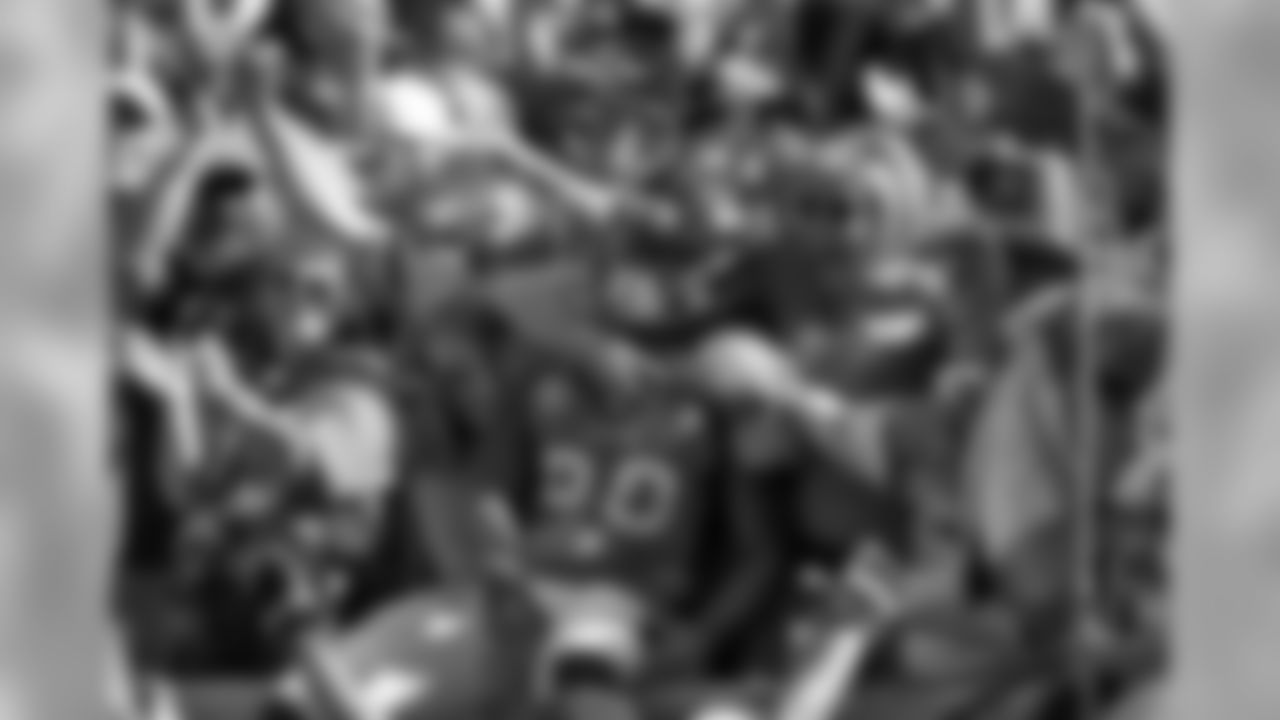


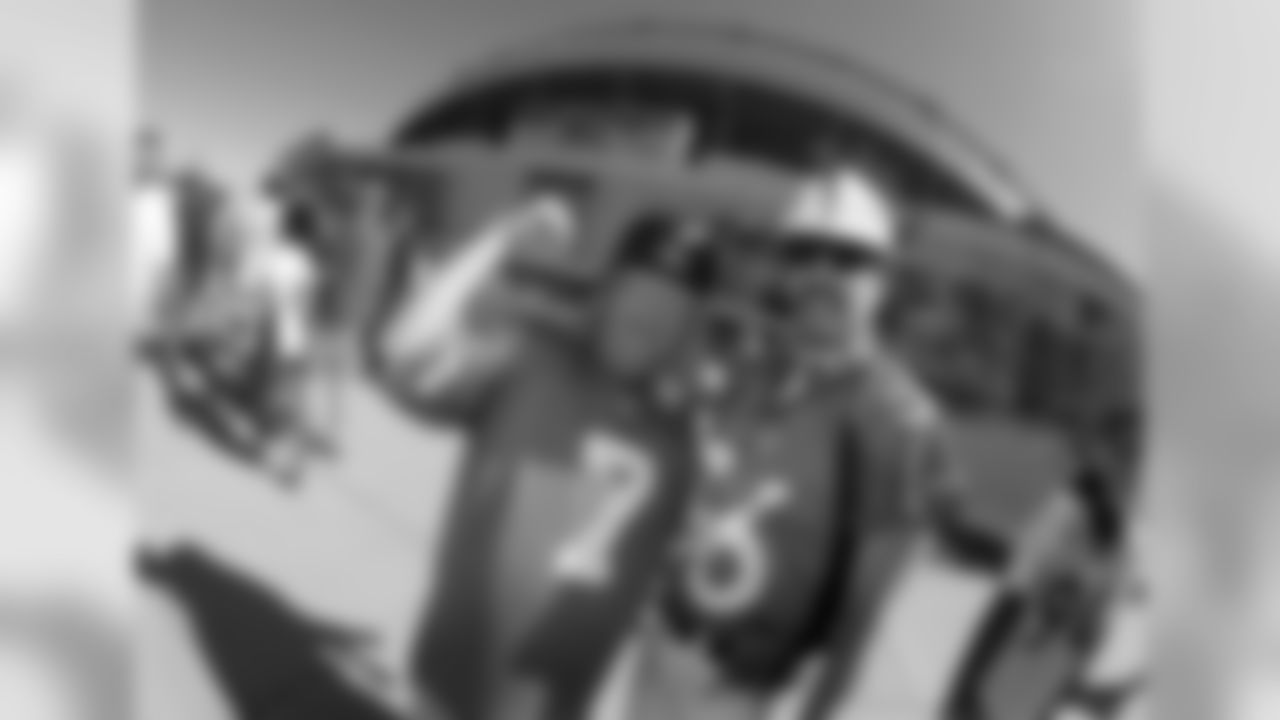
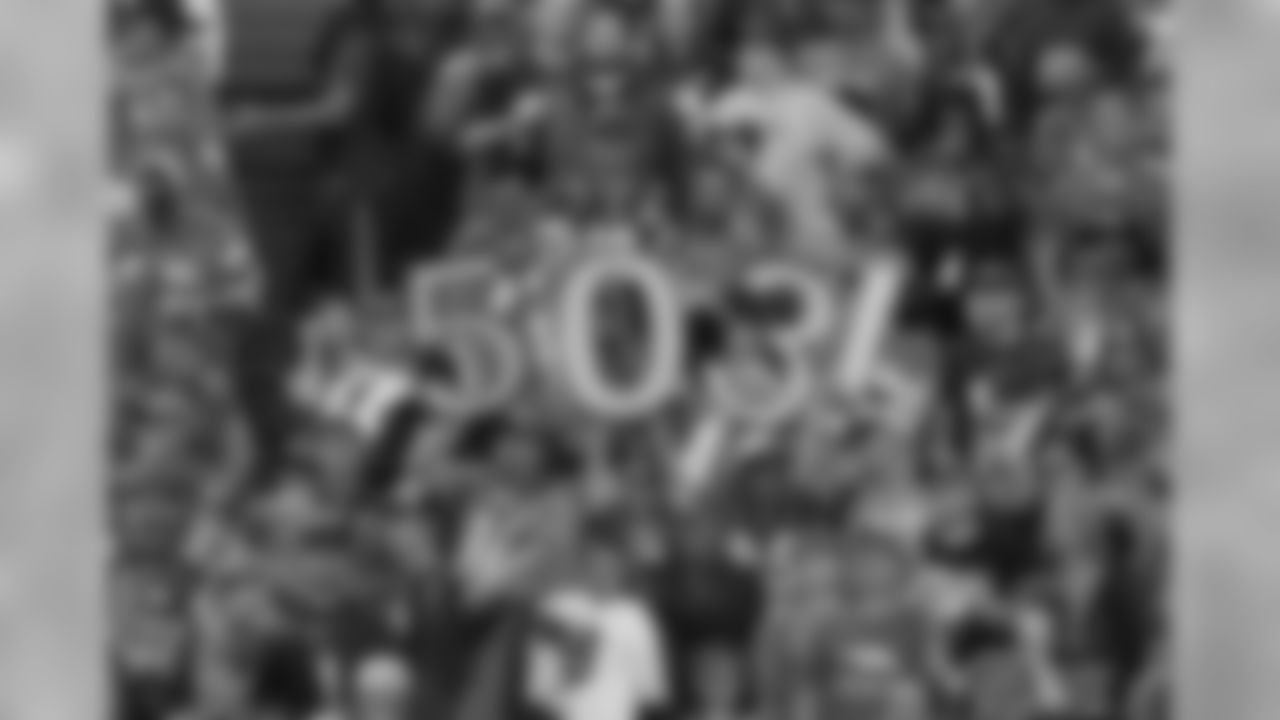
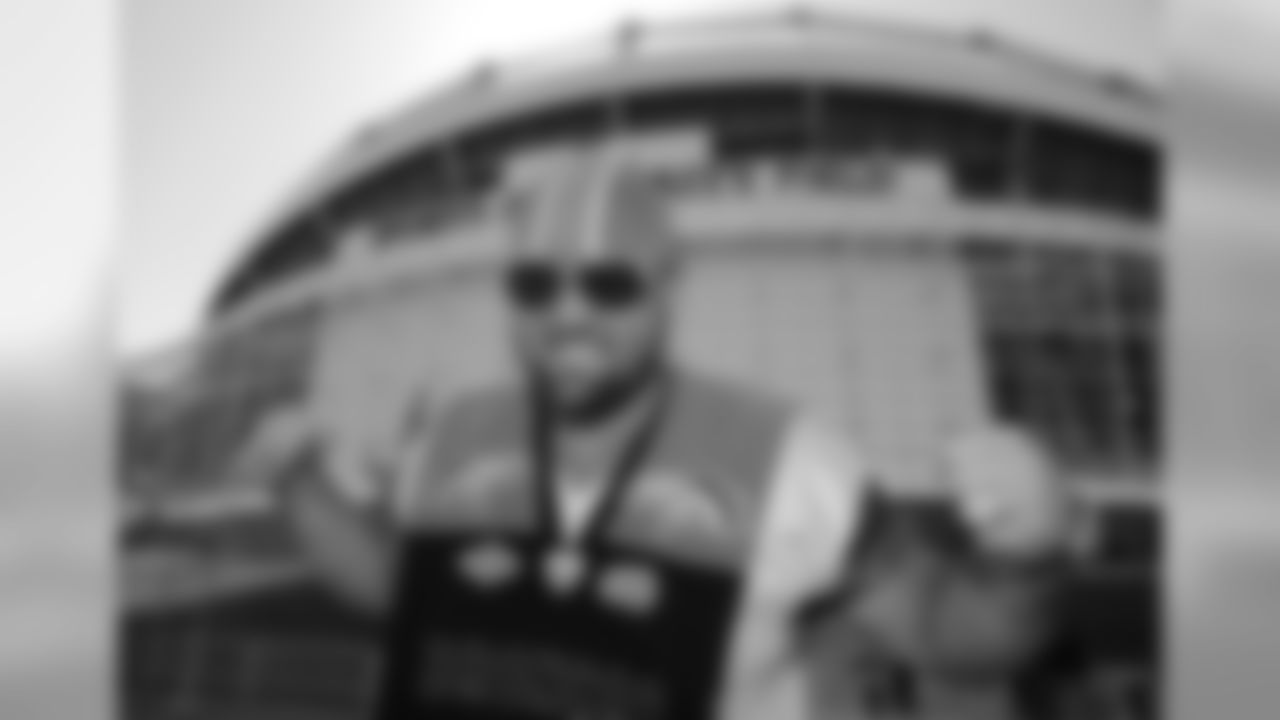

Did bouncing around from so many different teams help you as a coach?
"It sure did. It helped my case to coach Peyton [Manning] and the other QBs in this room. I've been pretty lucky. I've coached a variety of very good quarterbacks in this league including Steve Young, Jeff Garcia, Matt Schaub, all guys that have gone to the Pro Bowl. I was with Carson Palmer in Oakland when he threw for 4,000 yards a couple years ago. So I've had a good variety of different types of quarterbacks including JaMarcus Russell and Michael Vick, some more athletic run around kind of quarterbacks. Along with that, of working with different quarterbacks, I've learned a couple different offenses including the West Coast as well as Gary Kubiak's offense, a little play pass and so I've learned to see the game from different viewpoints and then apply what fits with Adam Gase's offense here. I do have a set of beliefs that I believe in as far as quarterback play no matter what the offense is and how to train a guy to play at a high level and efficient."
How exciting was it joining Peyton Manning in Denver?
"Very exciting, but also challenging. It's a double-edged sword because you certainly enjoy that opportunity to work with a very, very great player but you also have to rise to the challenge to know that he's going to demand a lot because he on top of his game and it makes a for a very exciting job for me. I love that. I started my career coaching Steve [Young] who was one of the most cerebral quarterbacks that played the game at the time at that point and the schemes weren't quite as complex on defense then as they are now. But it helped give me a foundation to know, okay, I have to bring my "A" game, so to speak, to the office every day. The quarterback position is unique of any other one because they know there's a lot of pressure on them to succeed so they will prepare more than most to have success."
How did starting your career in the NFL coaching Steve Young affect you as a coach?
"It definitely set a standard of 'Okay, this is how I have to coach everybody' because that's all I knew. You learn from your experiences and I went to a place at that time in 1995 where they had just come off a Super Bowl victory. He had just set, I believe, the highest quarterback rating for a single season at that time and so practices were like games. So each day your preparation was like, 'this is a game today' on Wednesday. It's a game on Thursday, it's a game on Friday. It made sometimes the Sunday games a little bit easier. Not all of them, but some of them a little bit easier. It prepared me because I worked with him for five years on this is how you have to be as an NFL coach, especially if you are coaching quarterbacks. This is the preparation you have to put in to so that the player feels your teaching ability."
How does Manning compare to other quarterbacks you've coached?
"His preparation is second-to-none. His recall of experiences is very unique so he's got recall that challenges me as far as he can remember a certain play from a certain game, a certain touchdown pass, a certain defensive scheme. It's very impressive in how he can pull from that knowledge to know, okay, here's how I solve the issue that I had before now in this current play or current situation. He definitely identifies defenses extremely well because he spends a lot of time watching tape, identifying looks and where safeties are at, press alignment with defensive backs, linebacker alignments. So one of the hardest things I believe to coach in the NFL is for a player's process to occur during a play. From the snap to the throw, which is anywhere from four seconds or less, how much can that guy process and then apply? Because of his preparation habits, he's been able to do that at a very high level and a very fast level. It's very hard to teach that and he's obviously acquired it and it shows in his play."
View photos from during the Broncos' home game against the Cardinals.
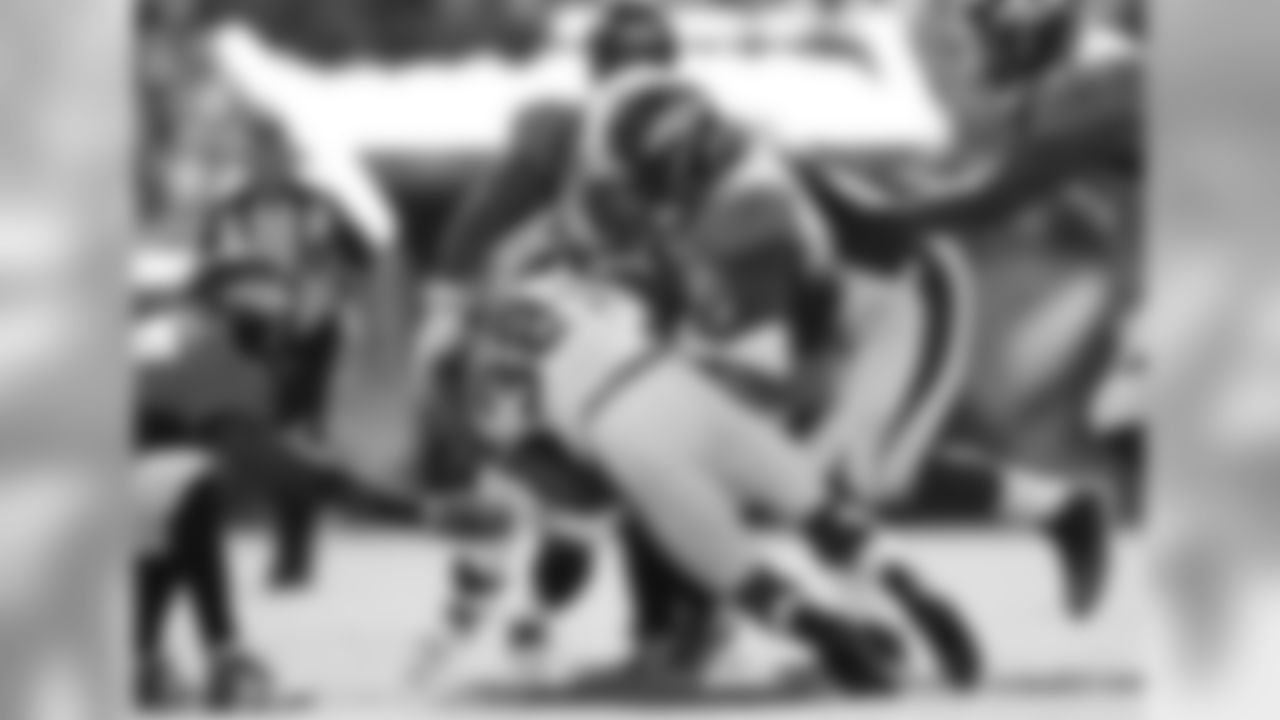
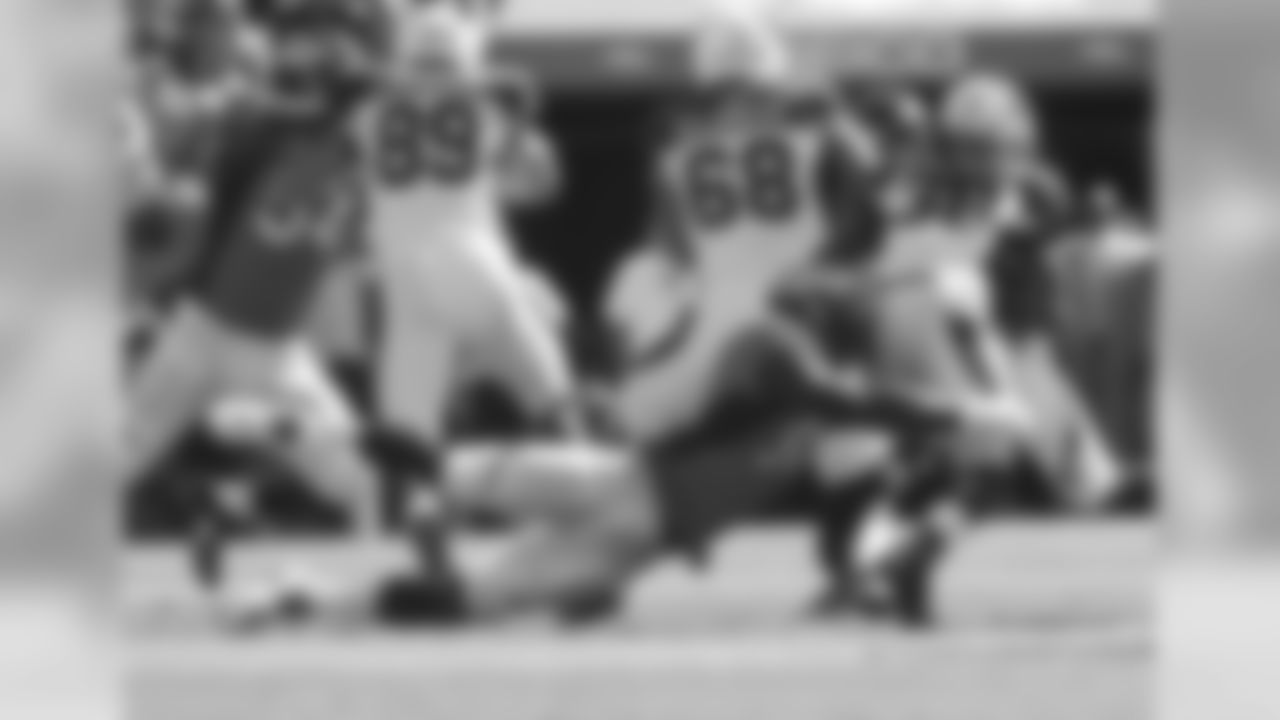
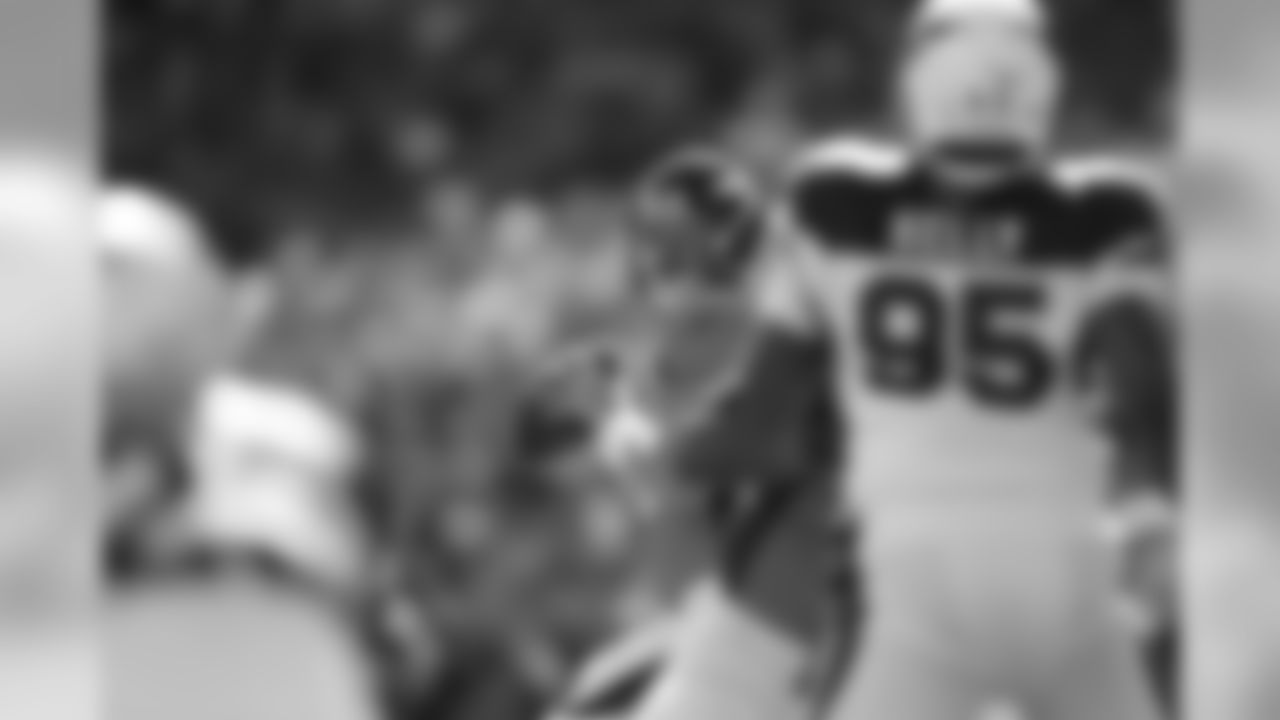

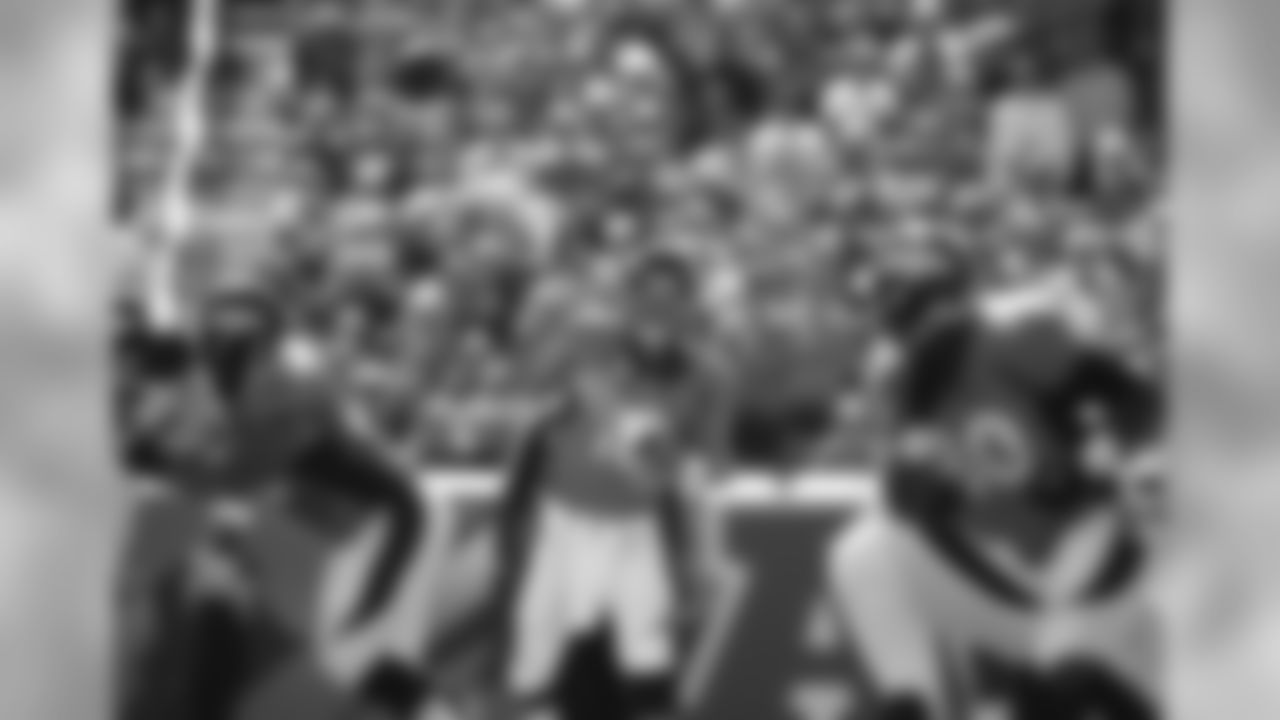
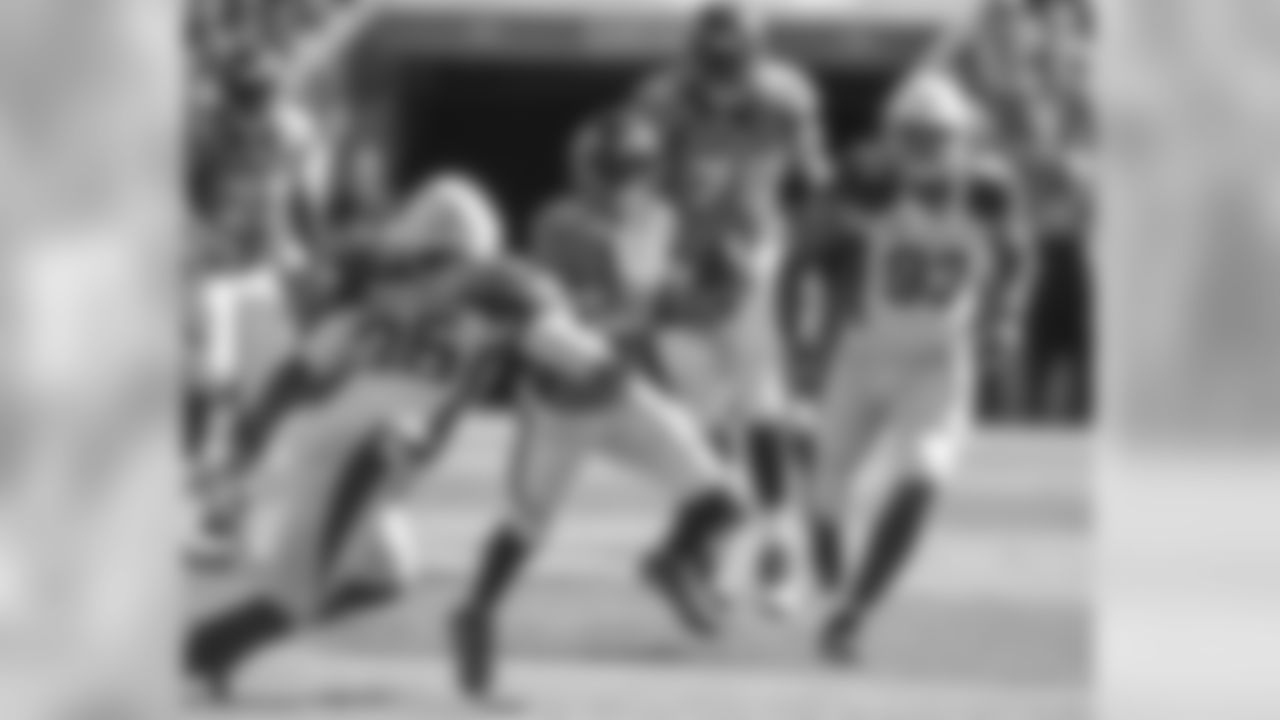
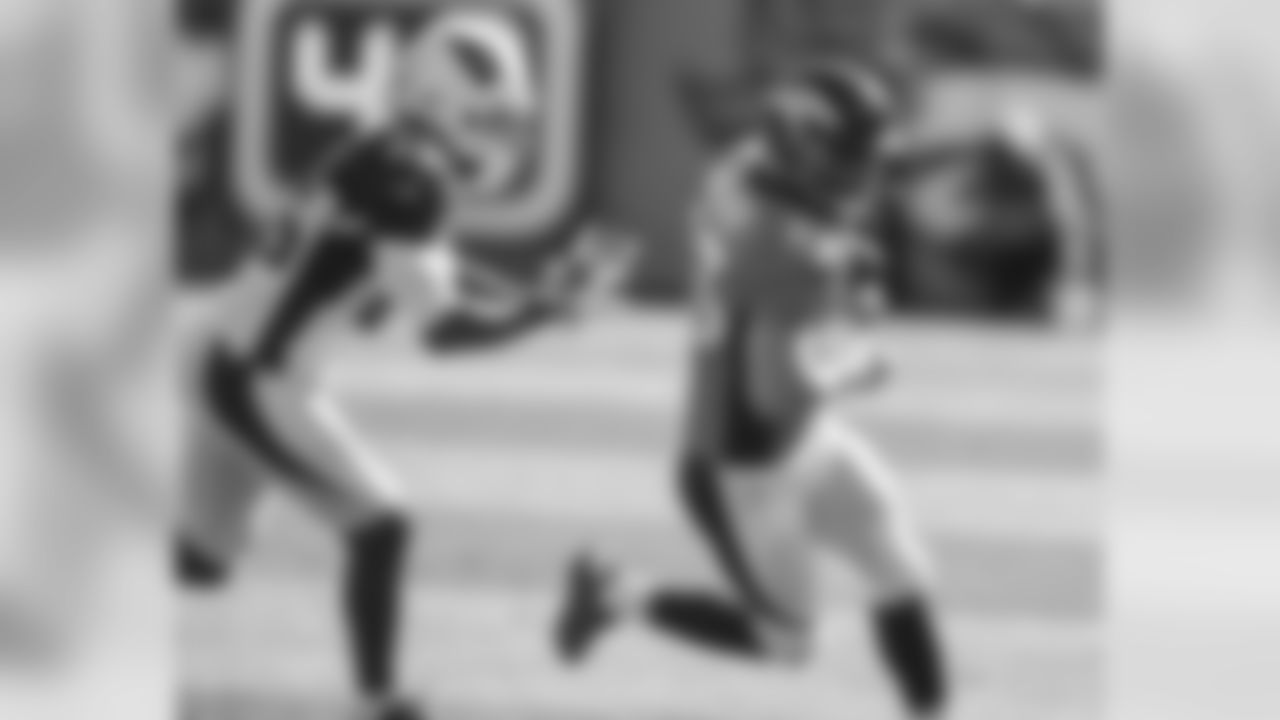
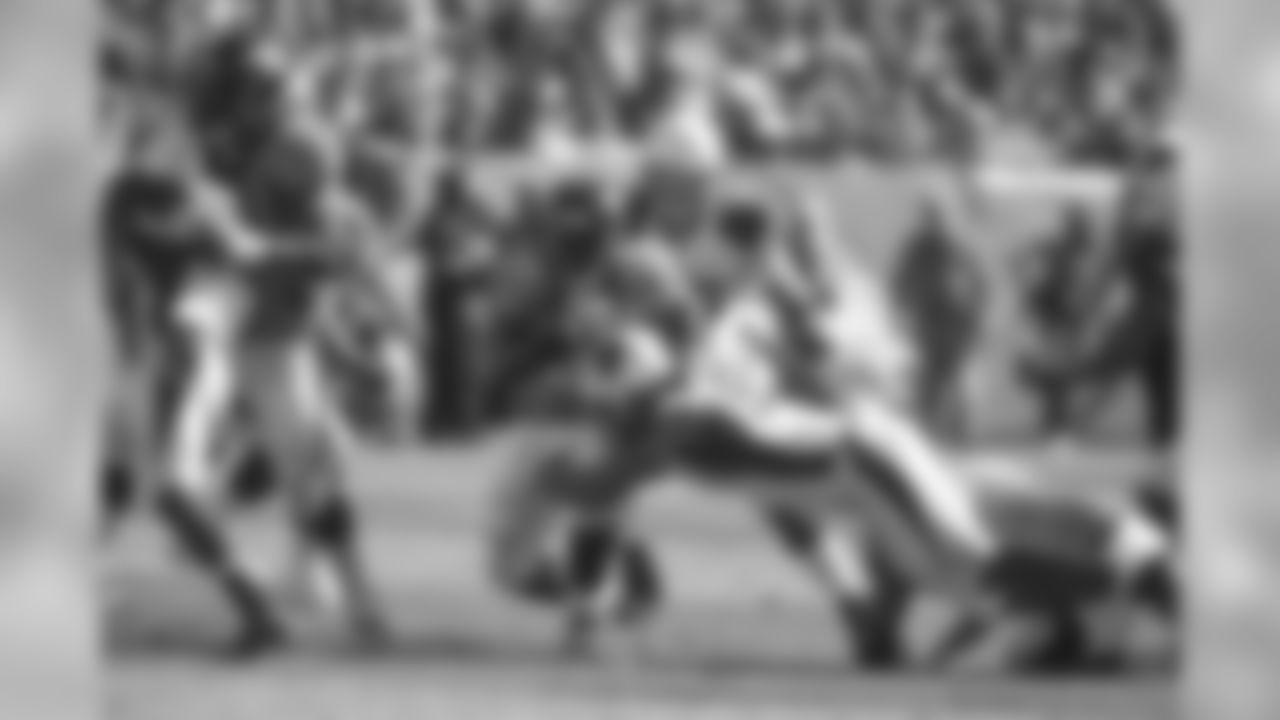

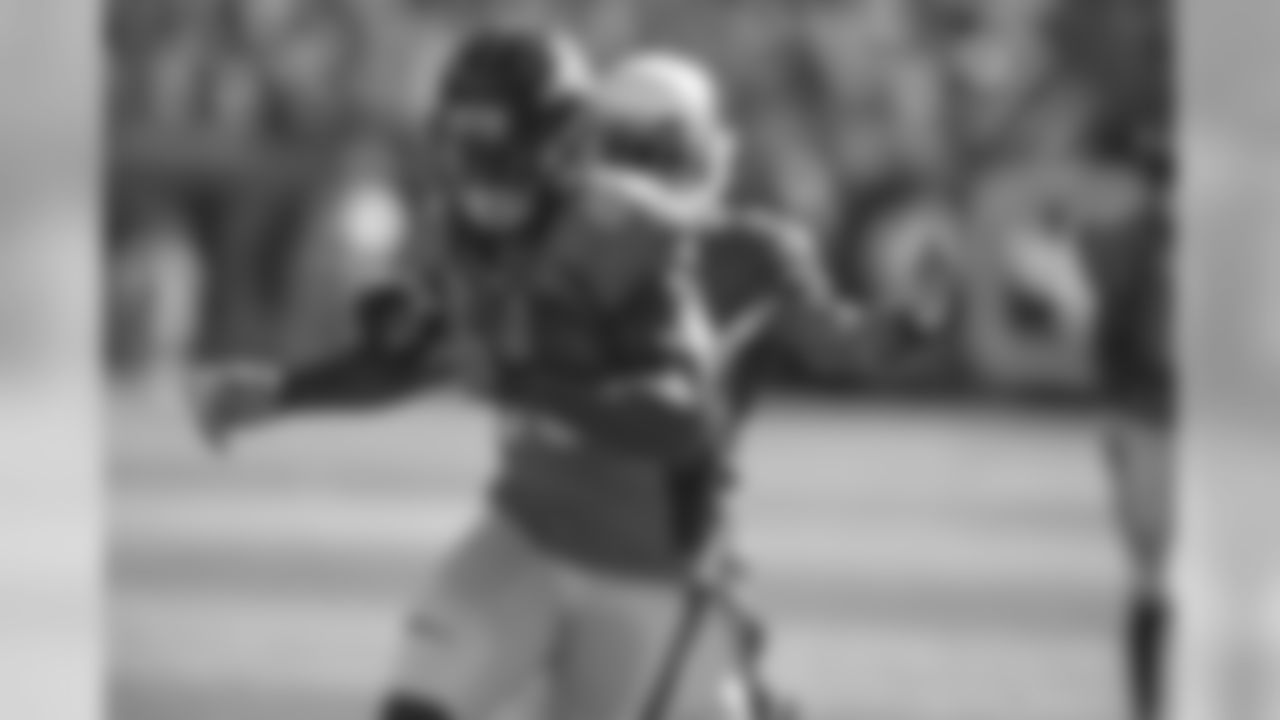

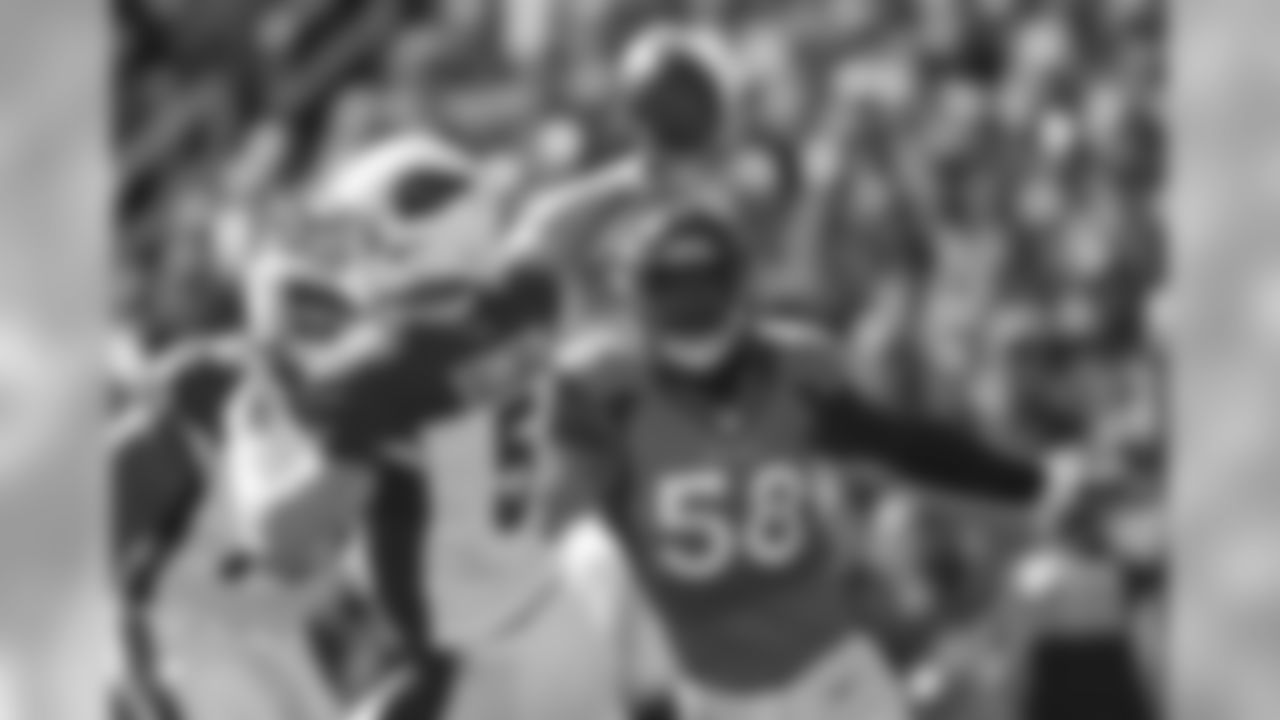

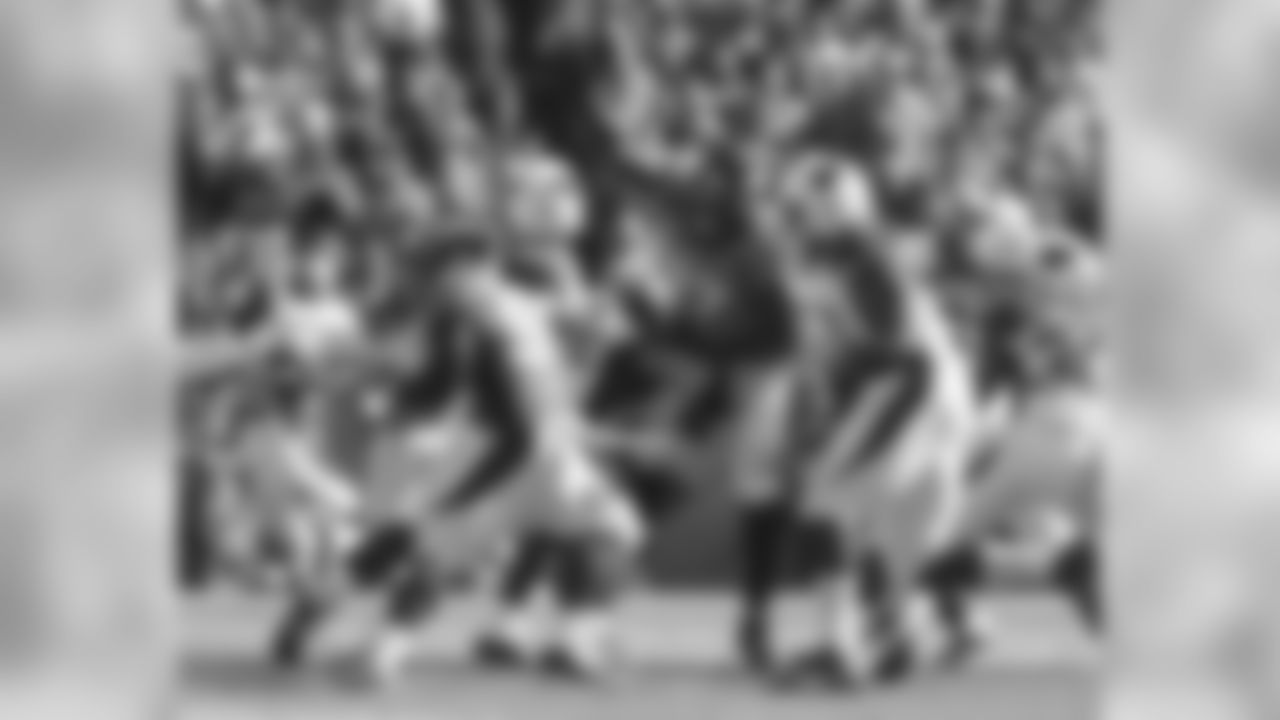

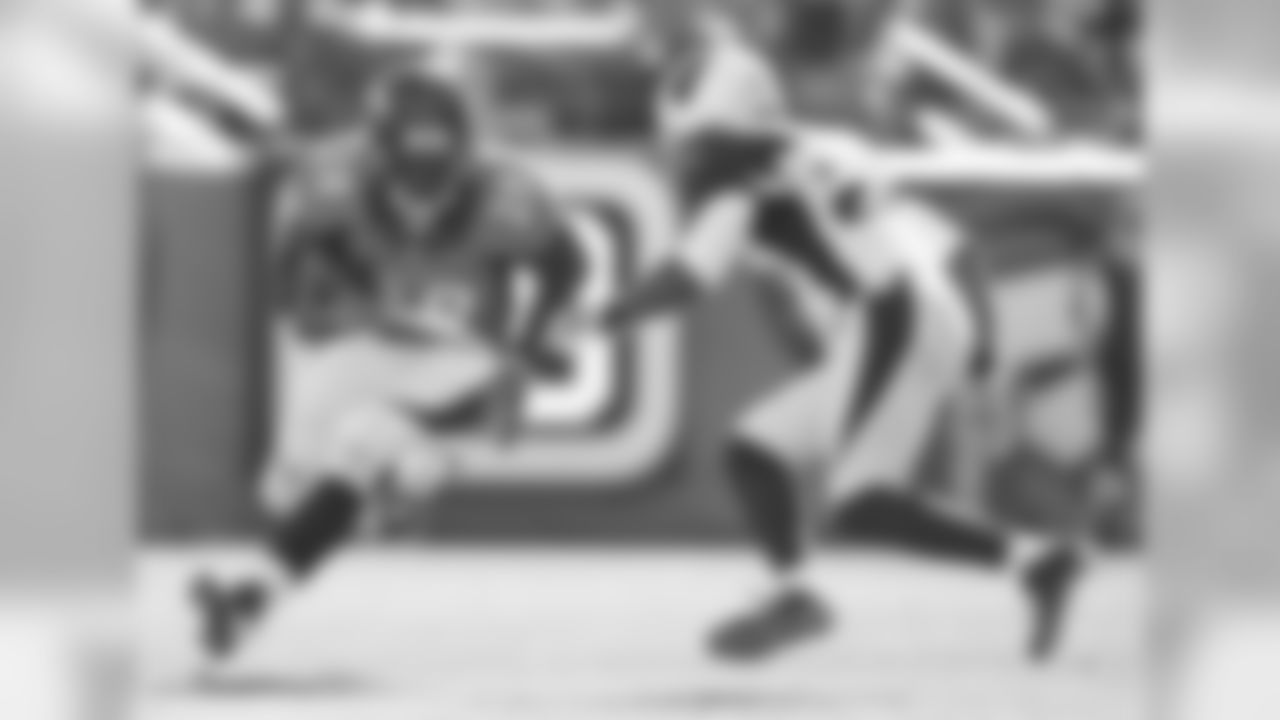
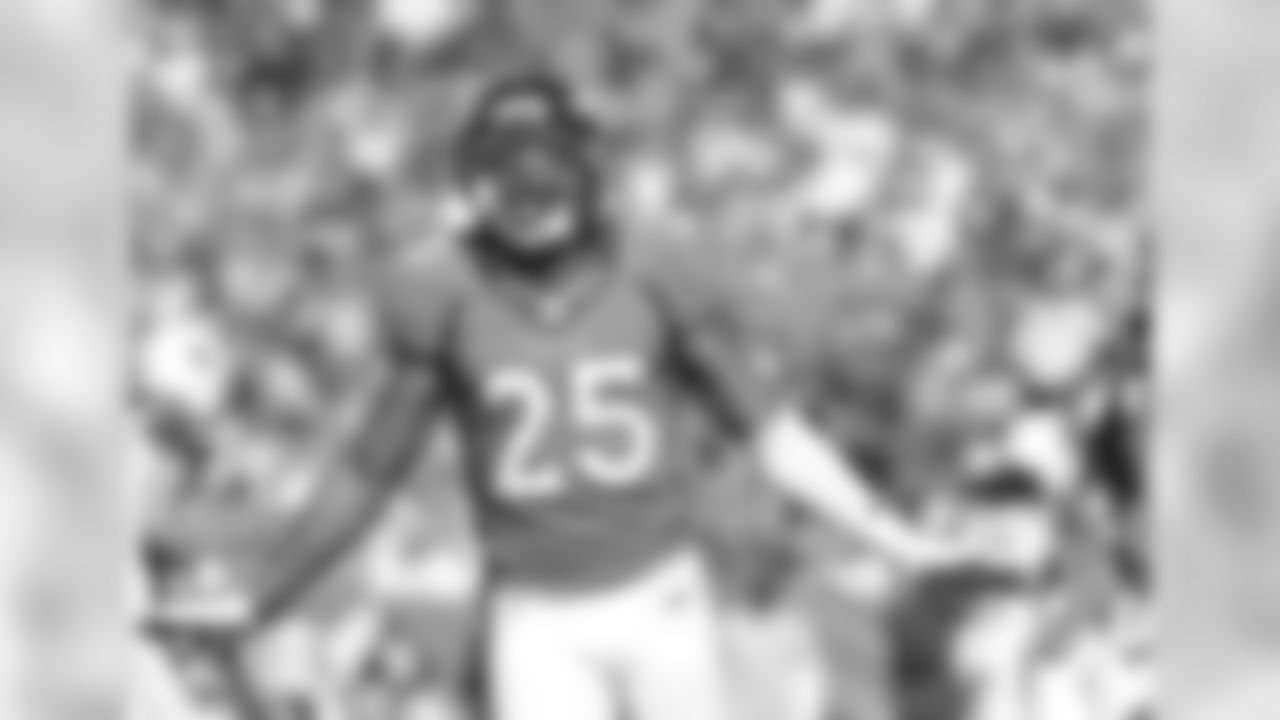
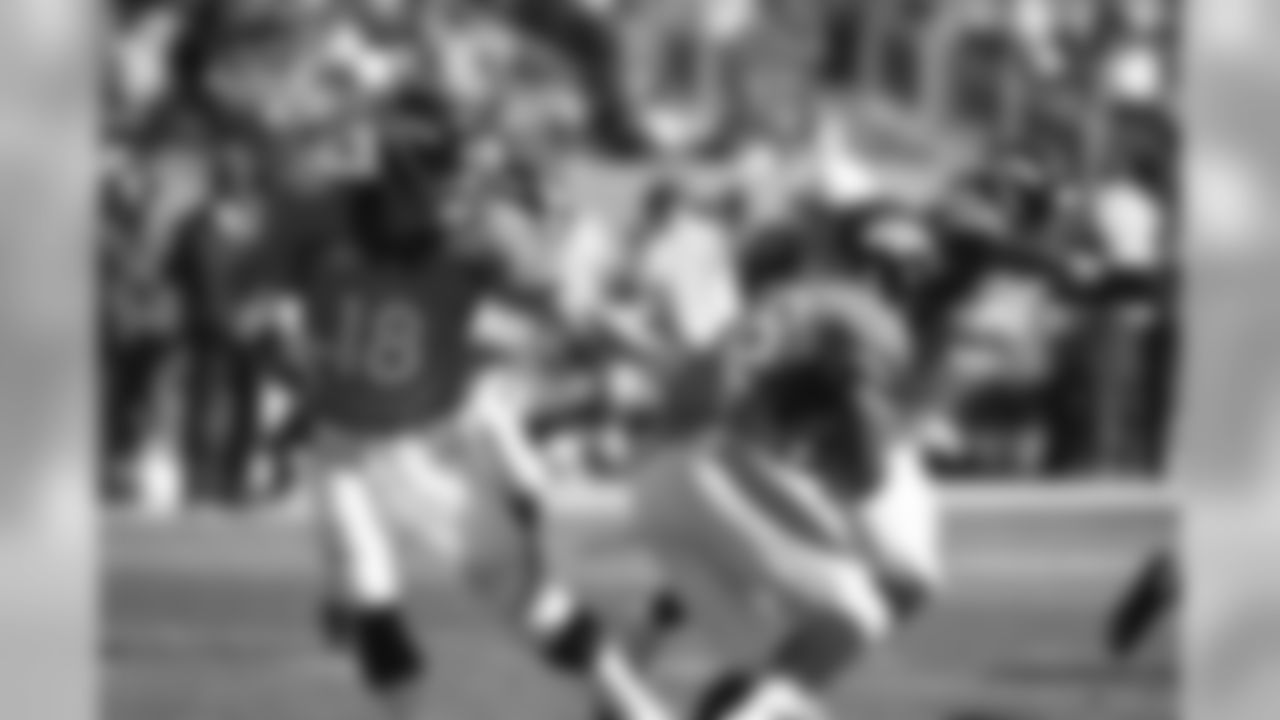


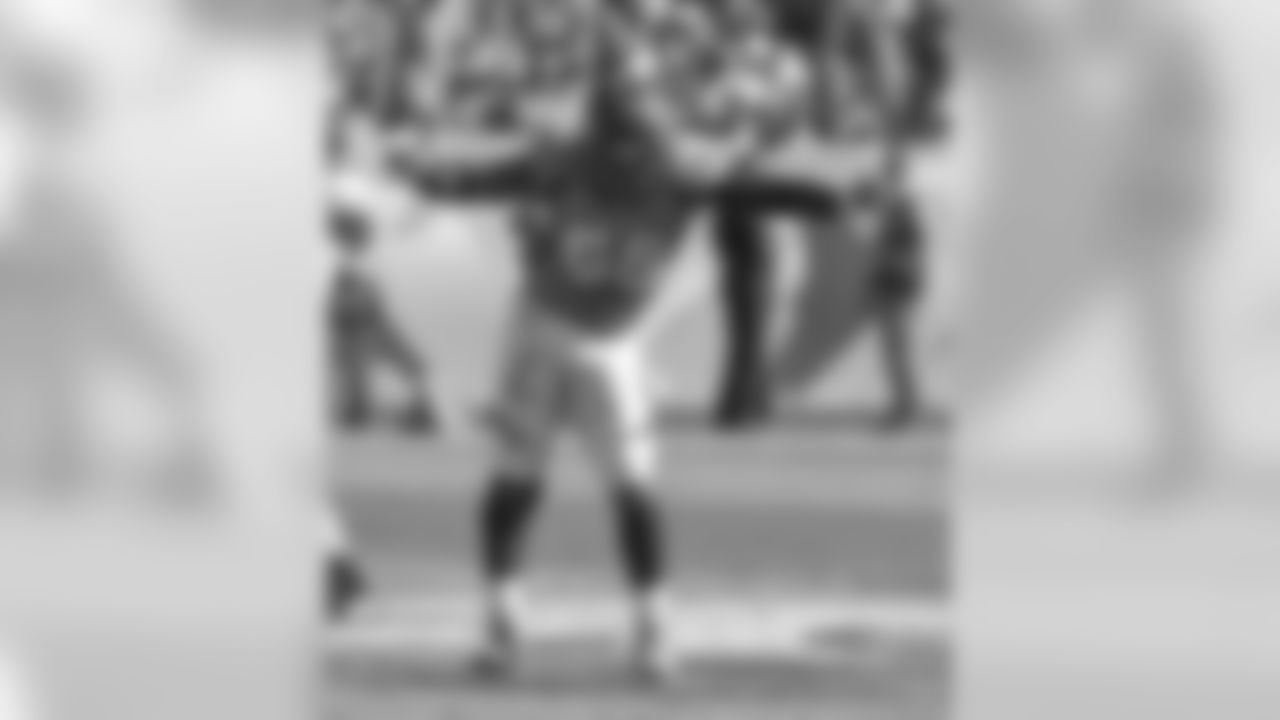
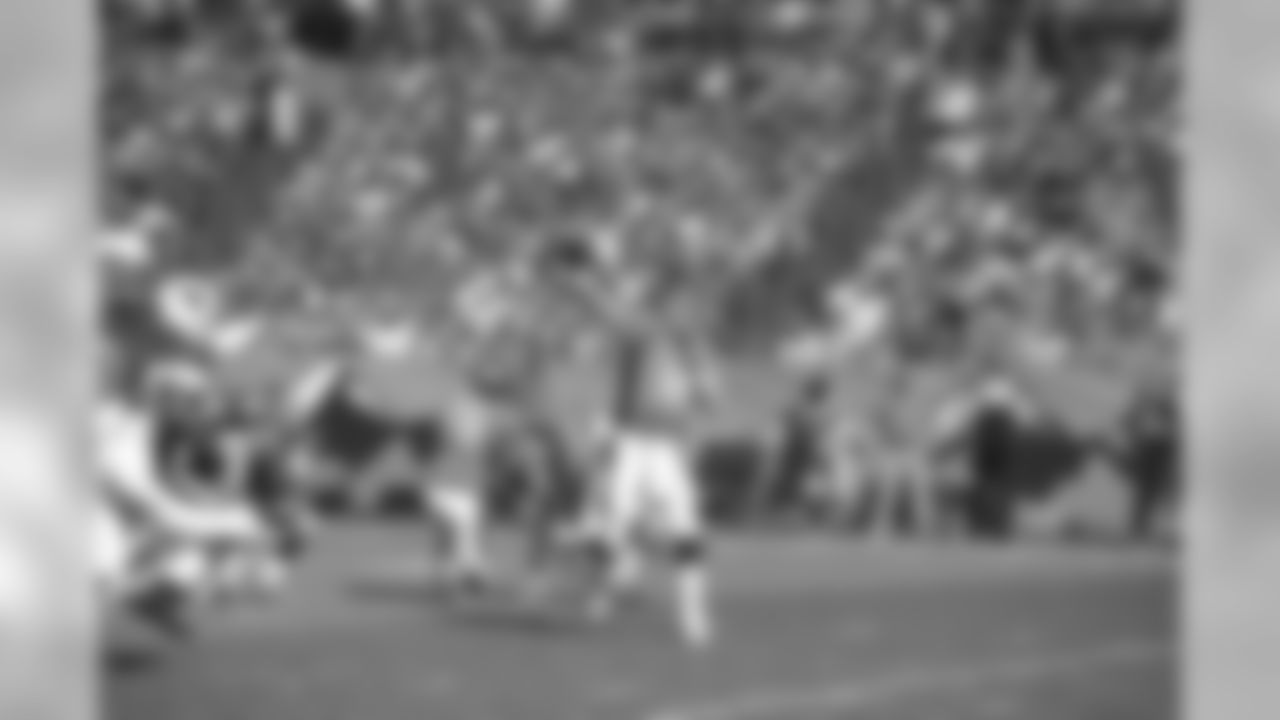
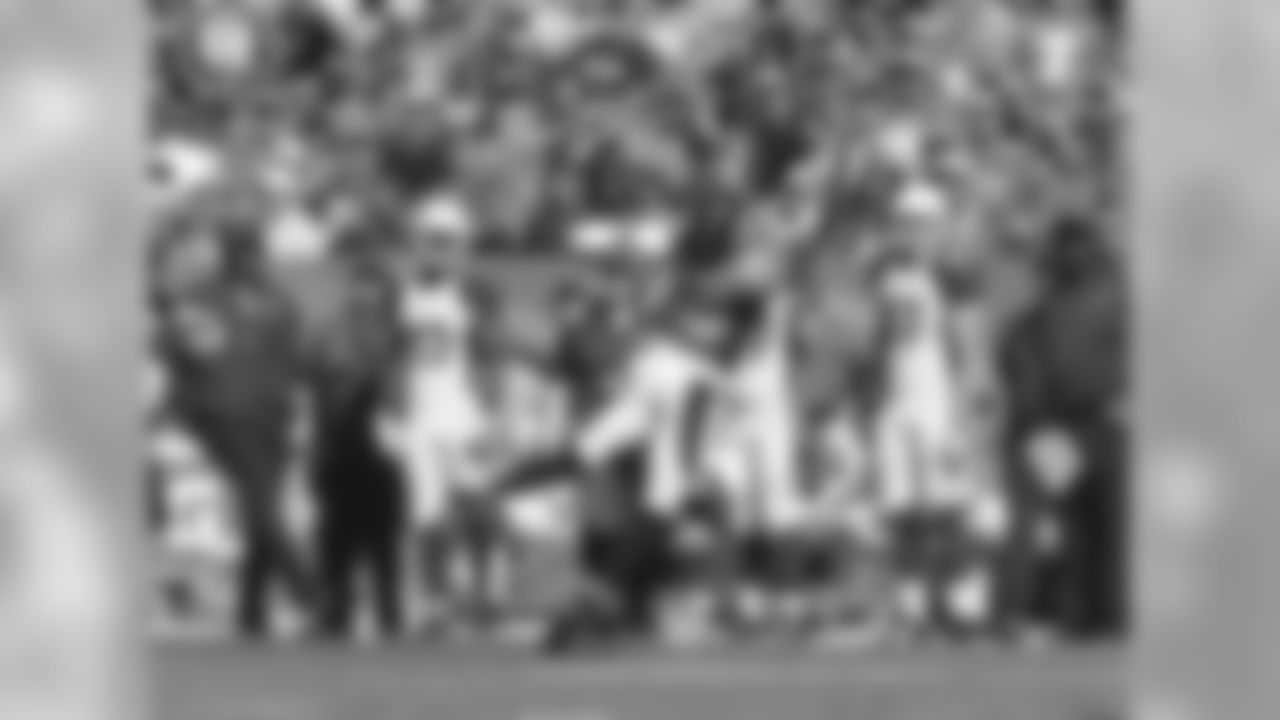
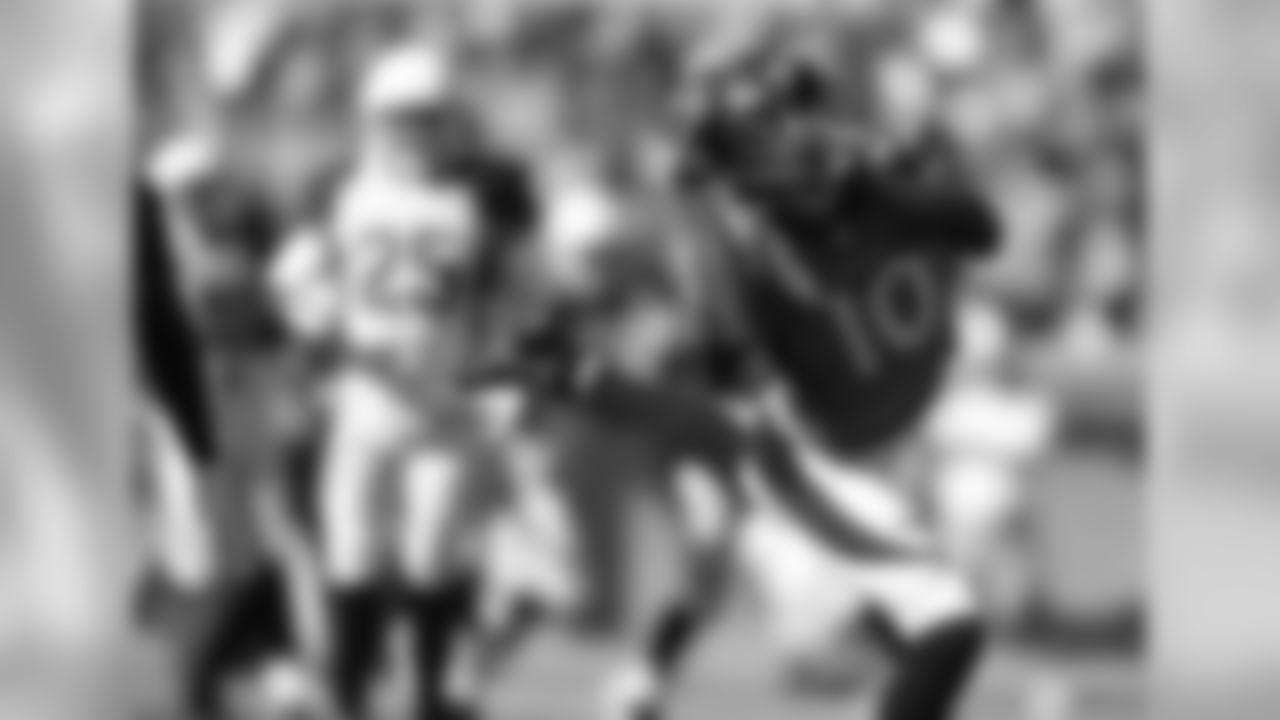
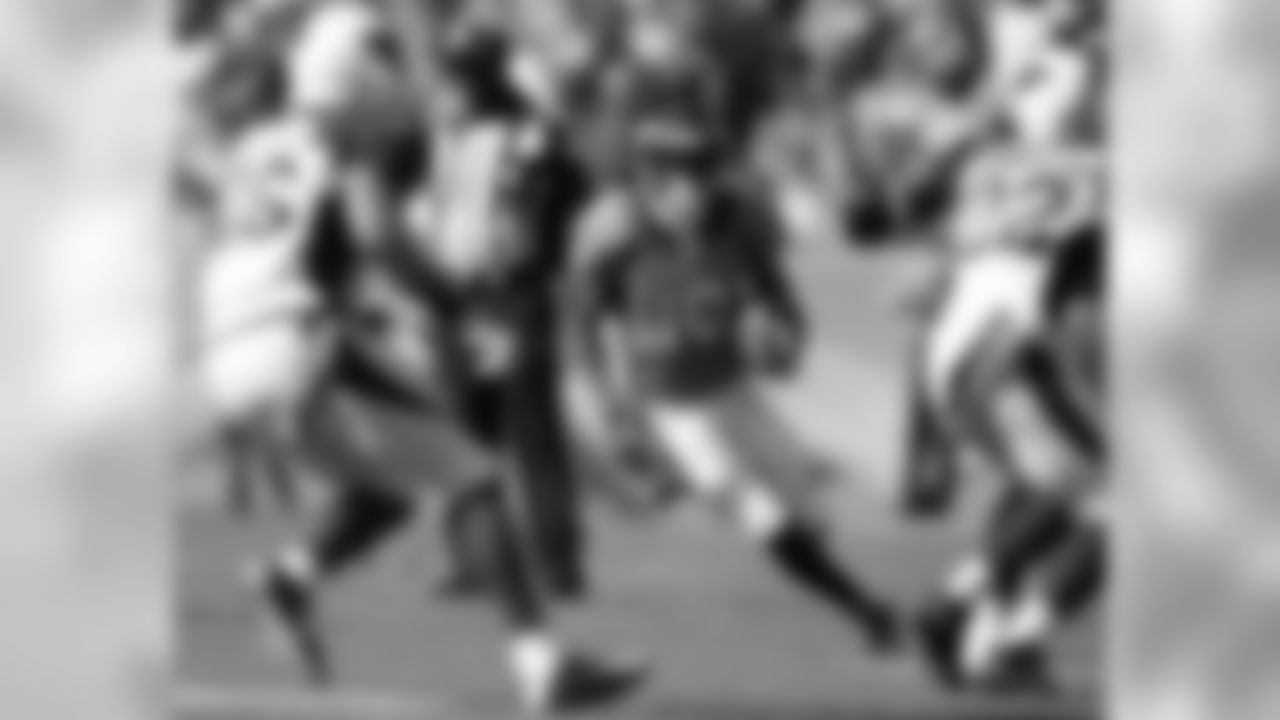

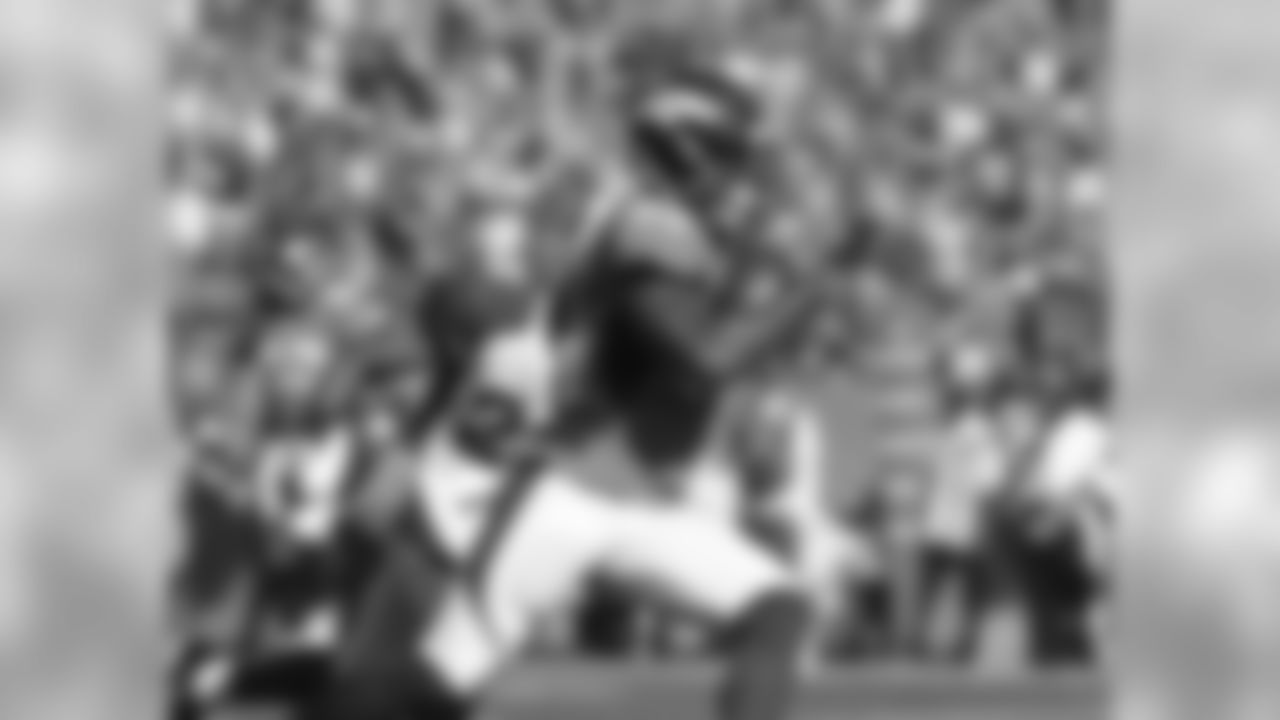
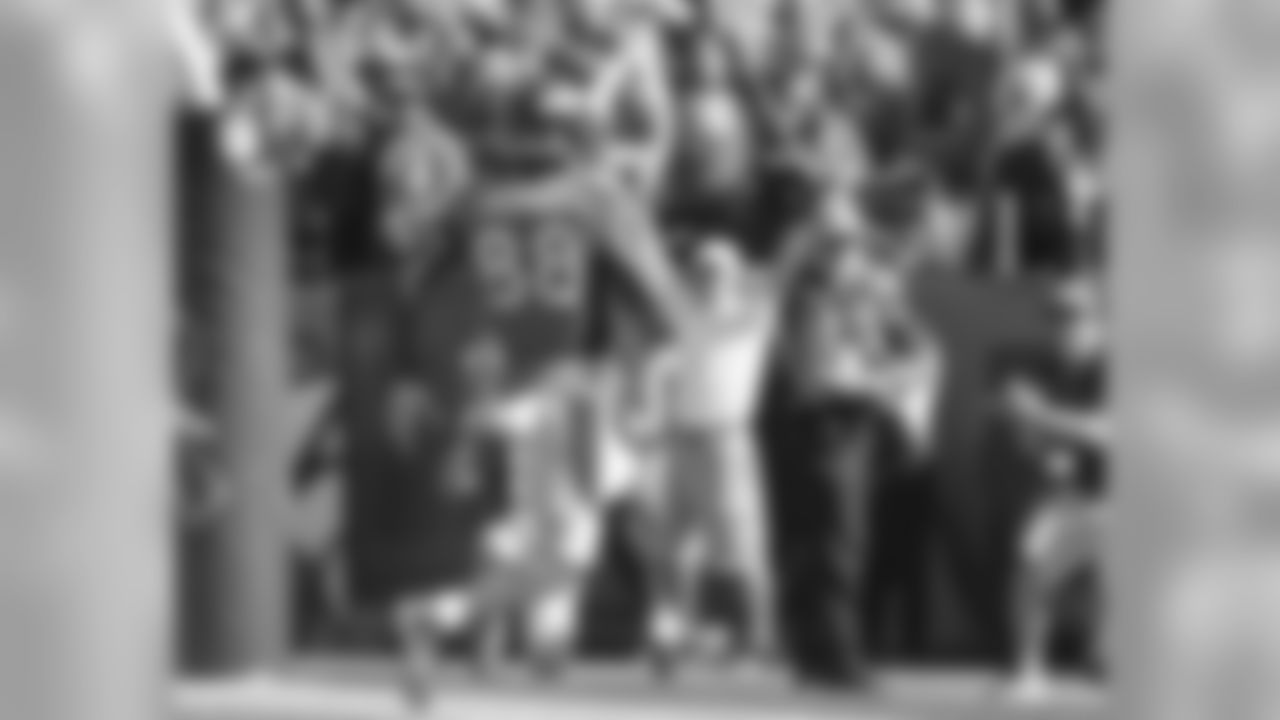
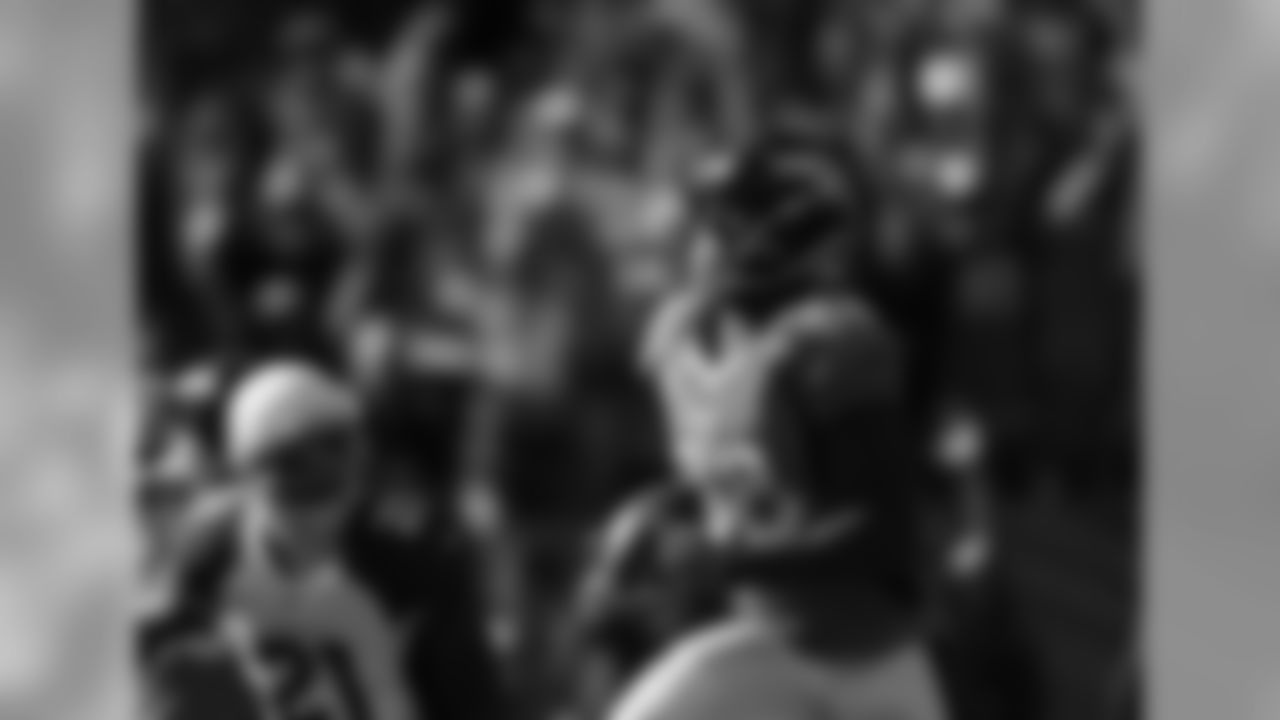

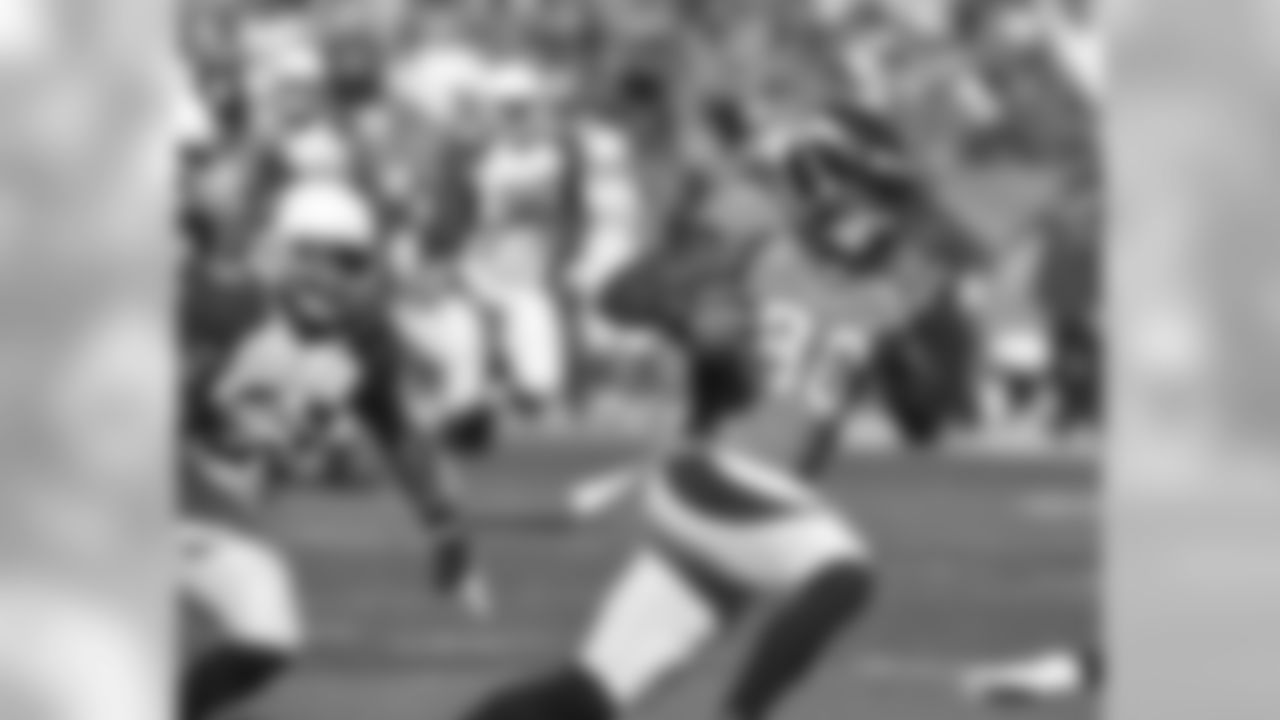

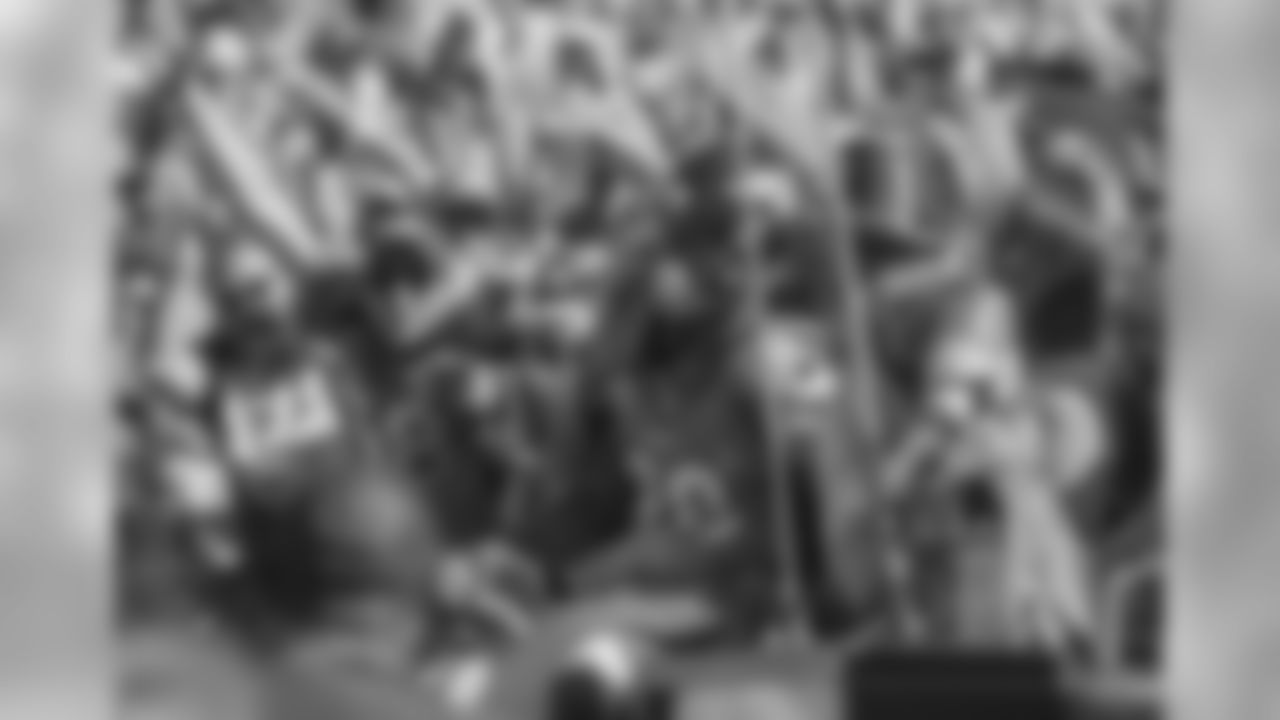
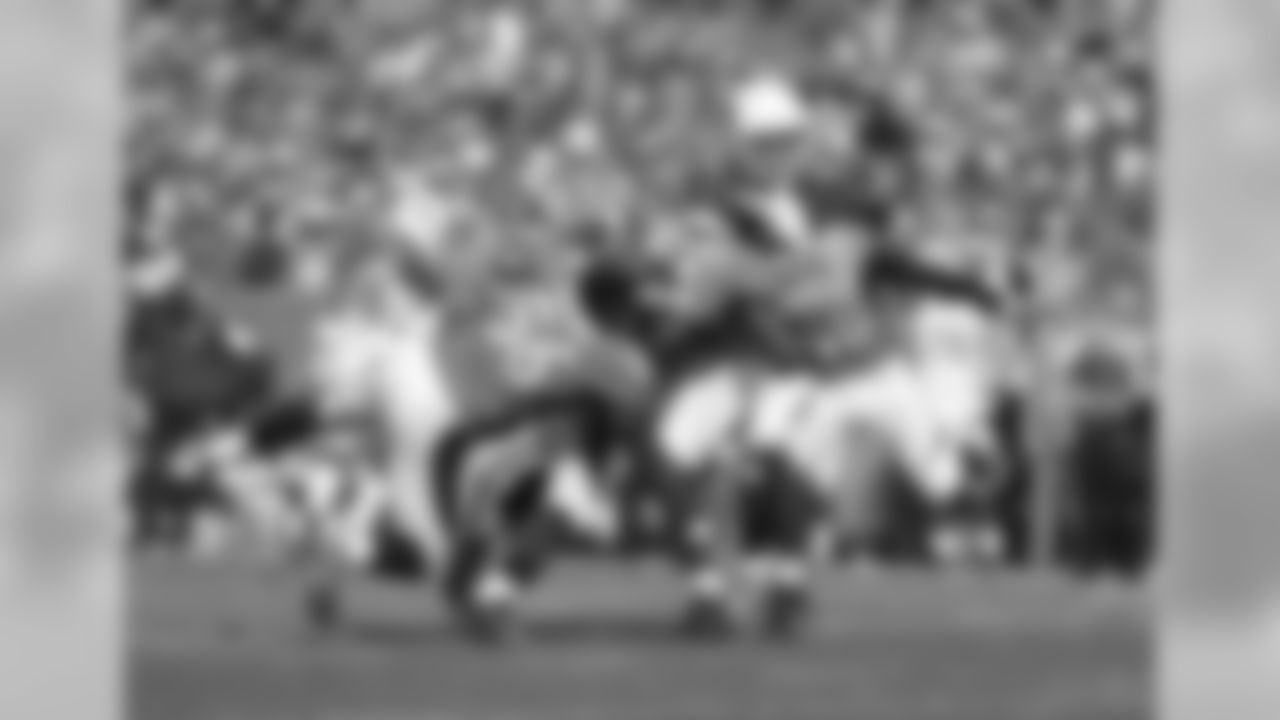
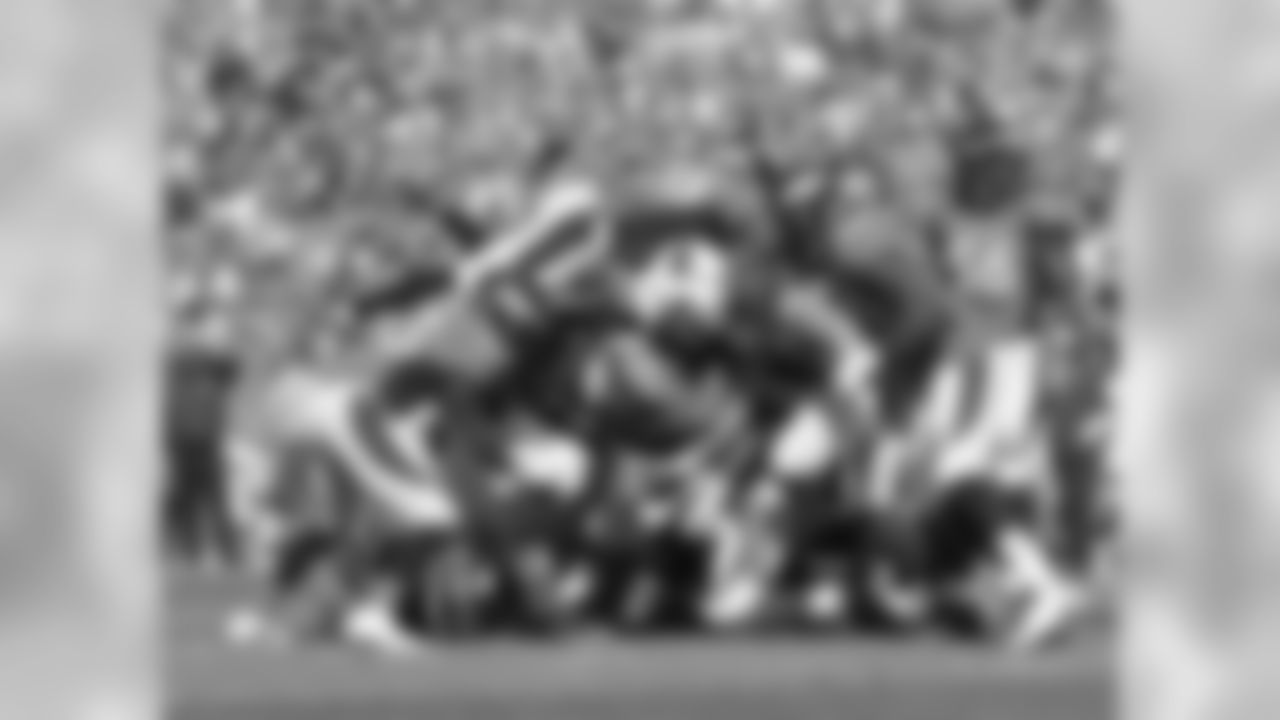
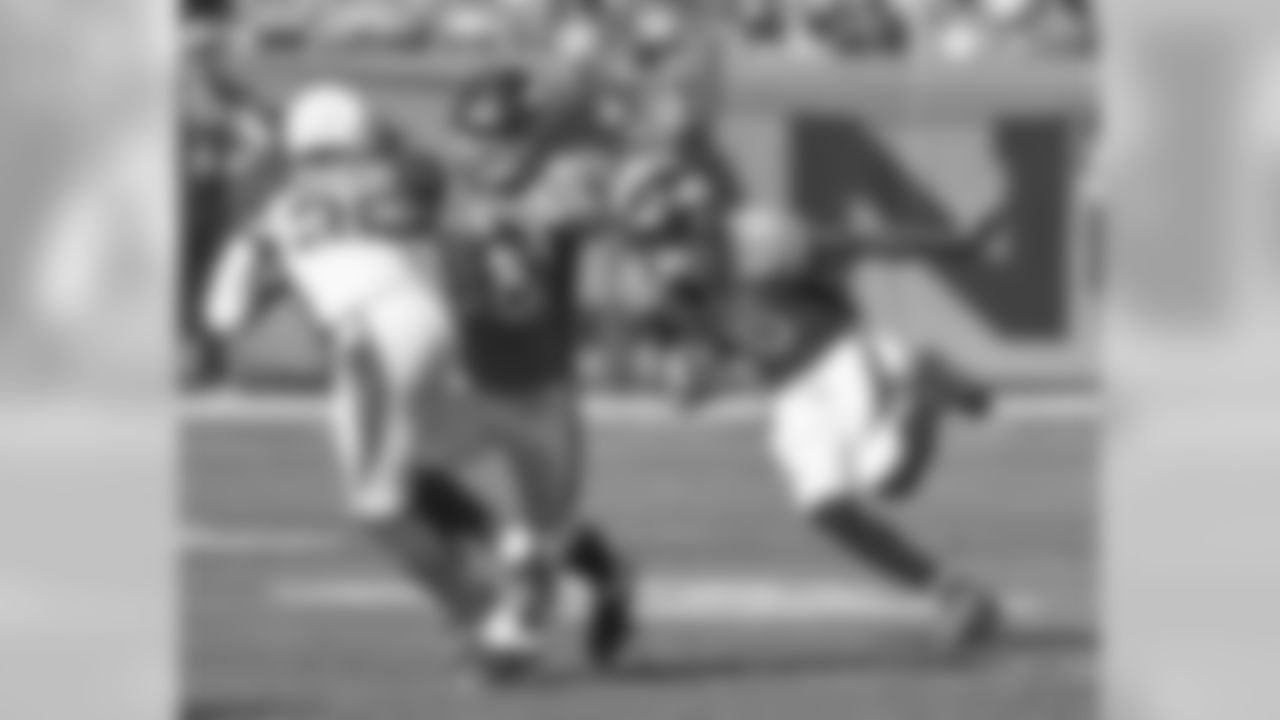
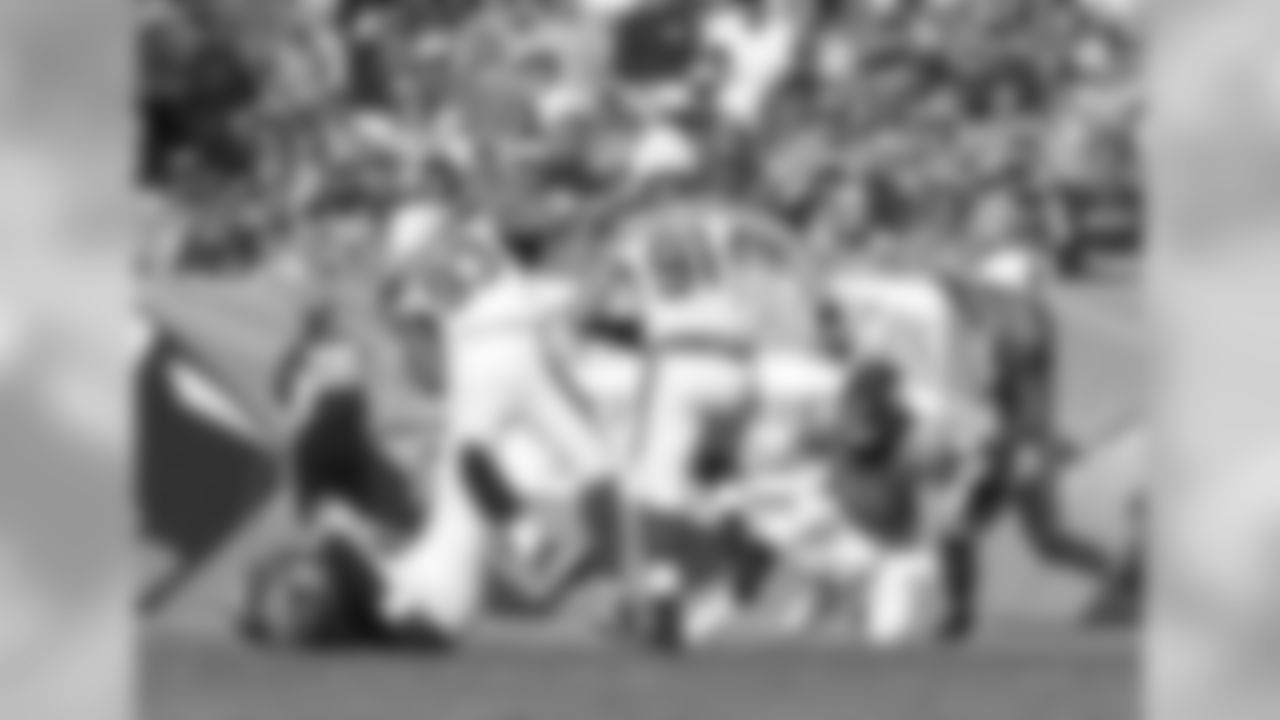
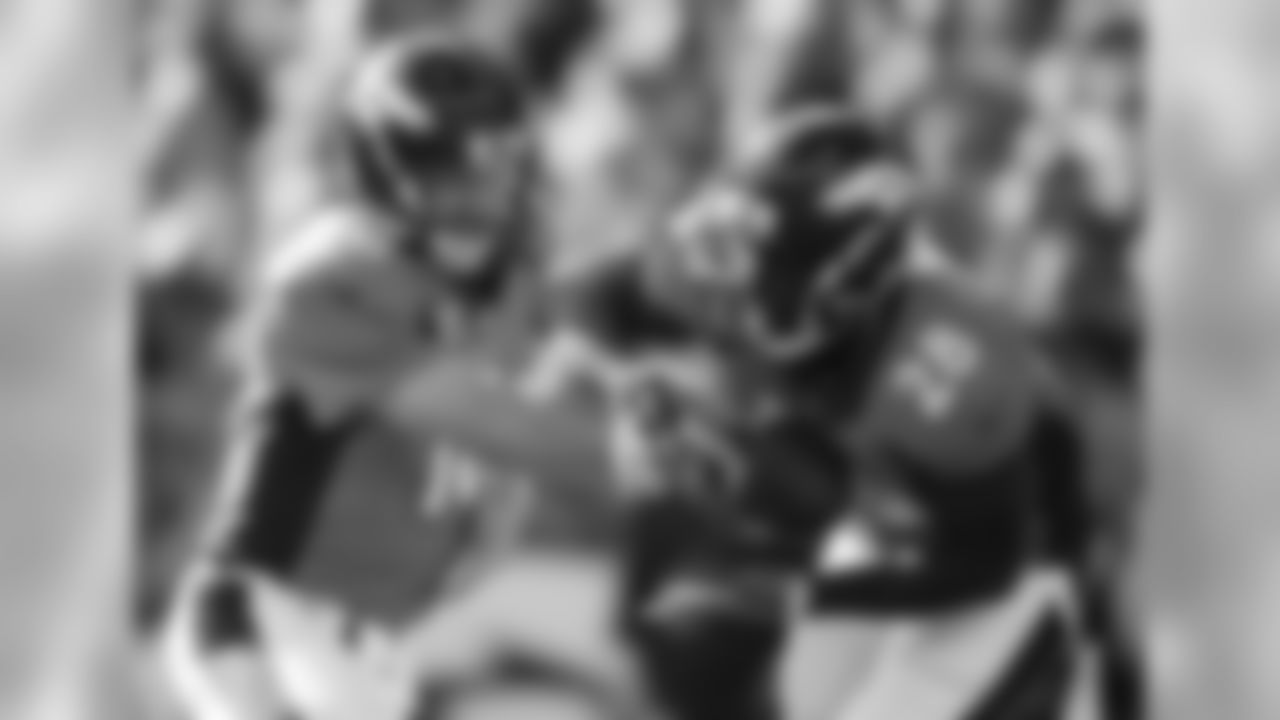

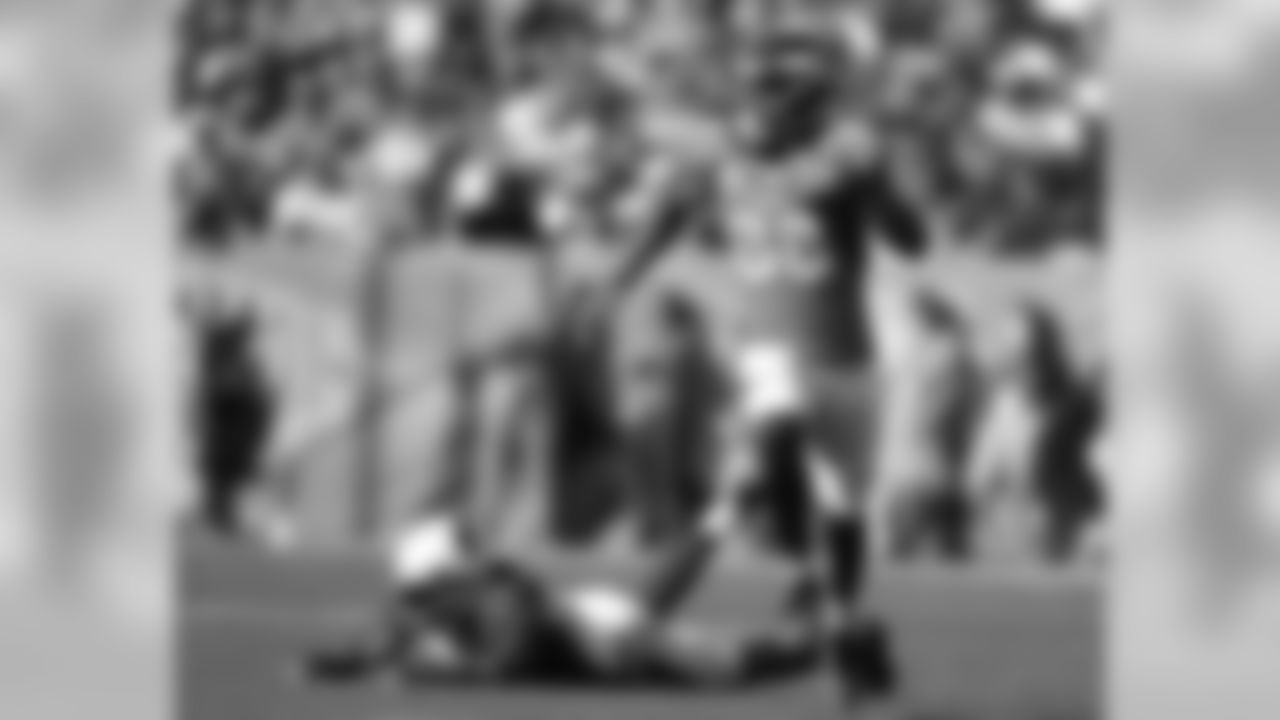





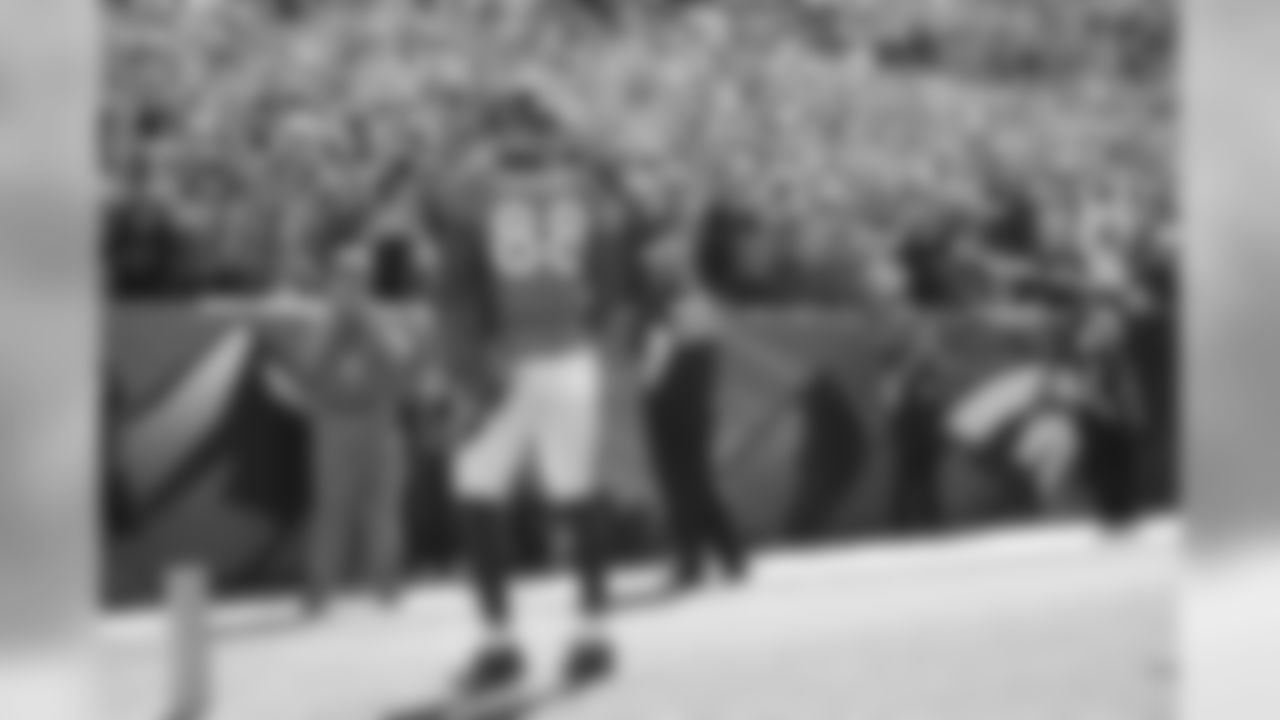
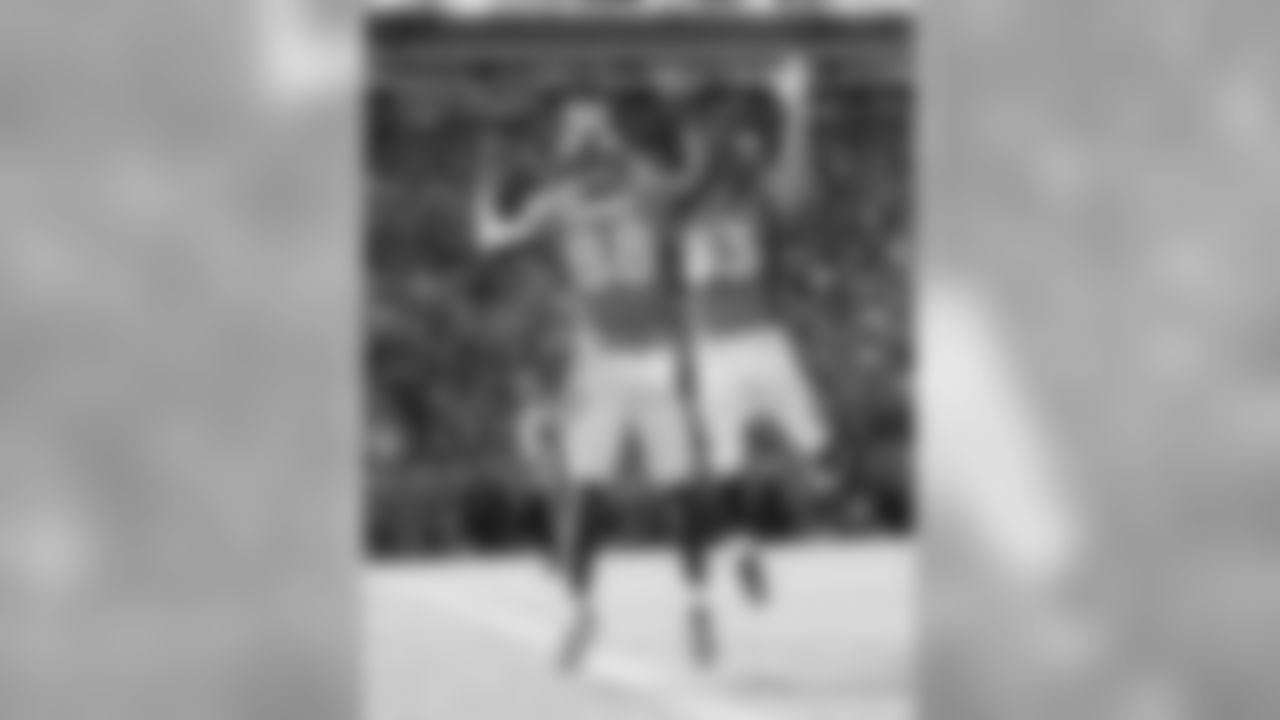
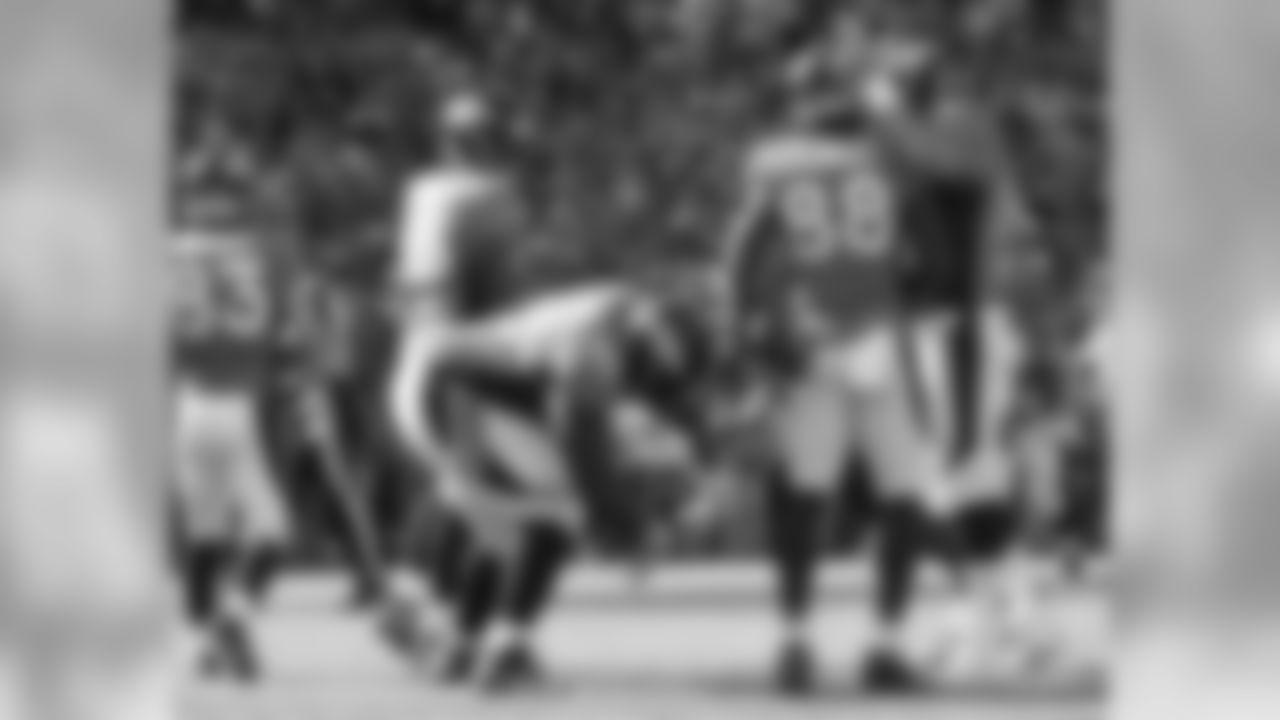
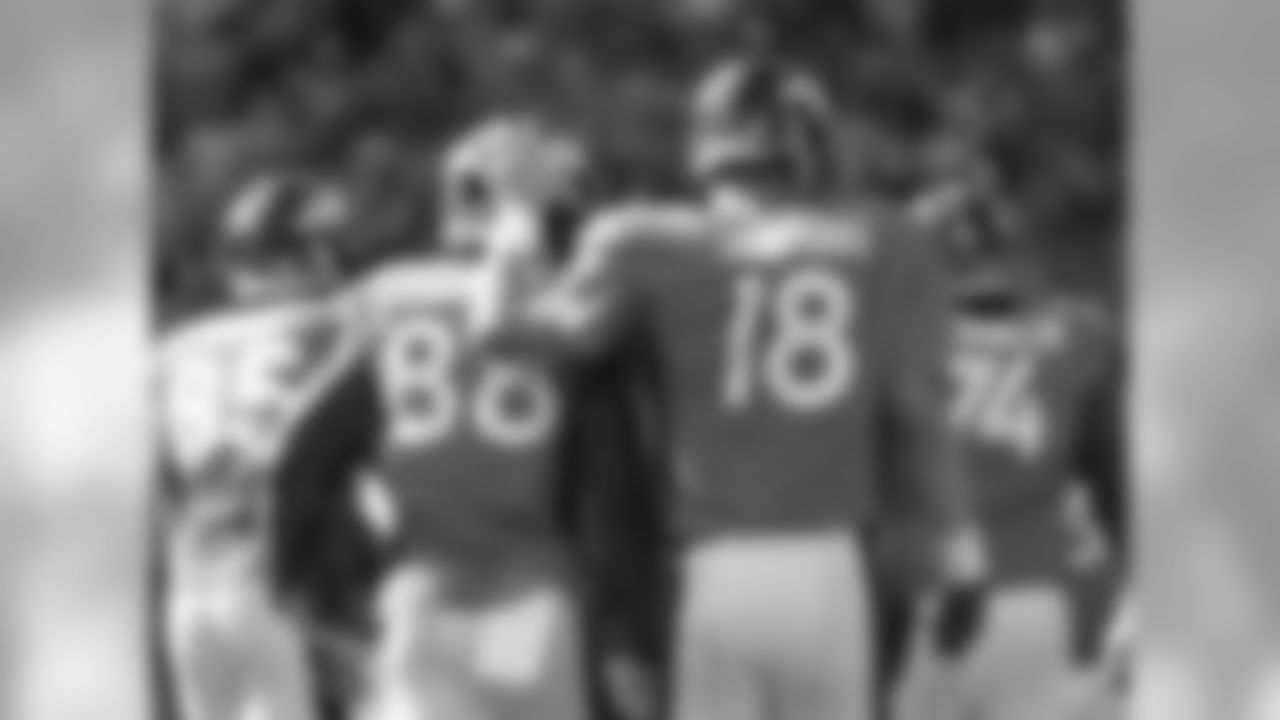
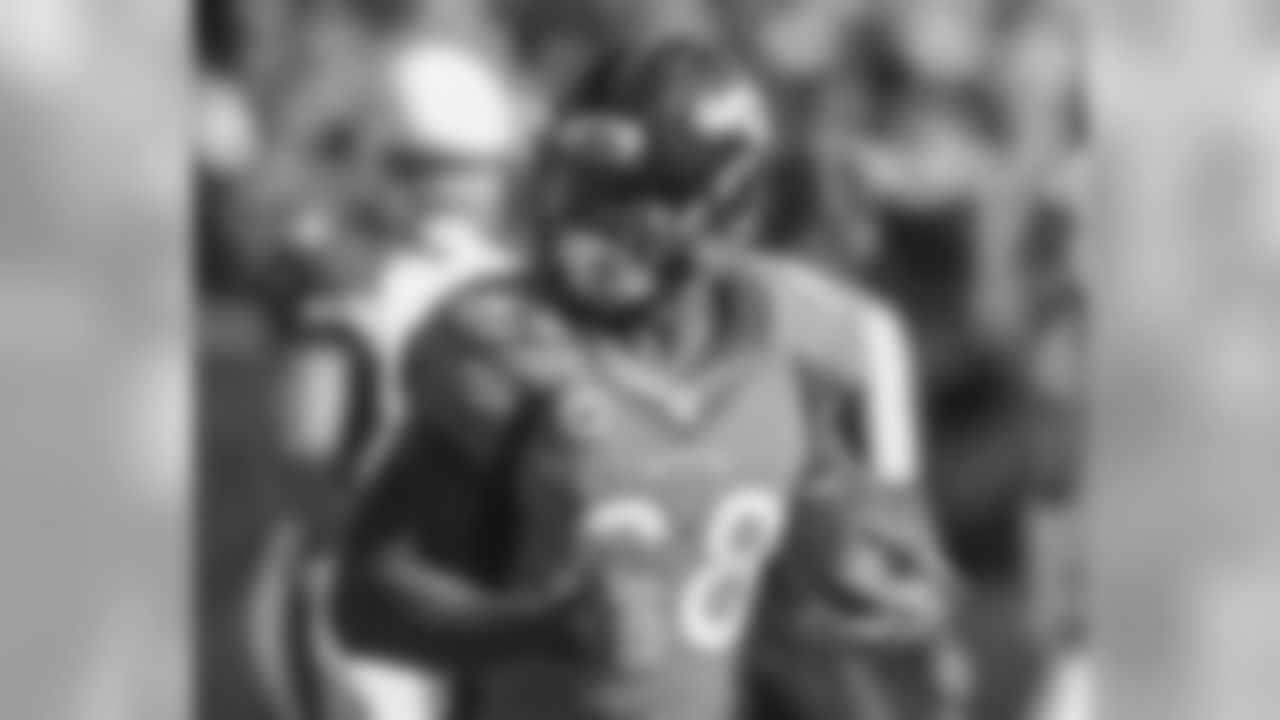

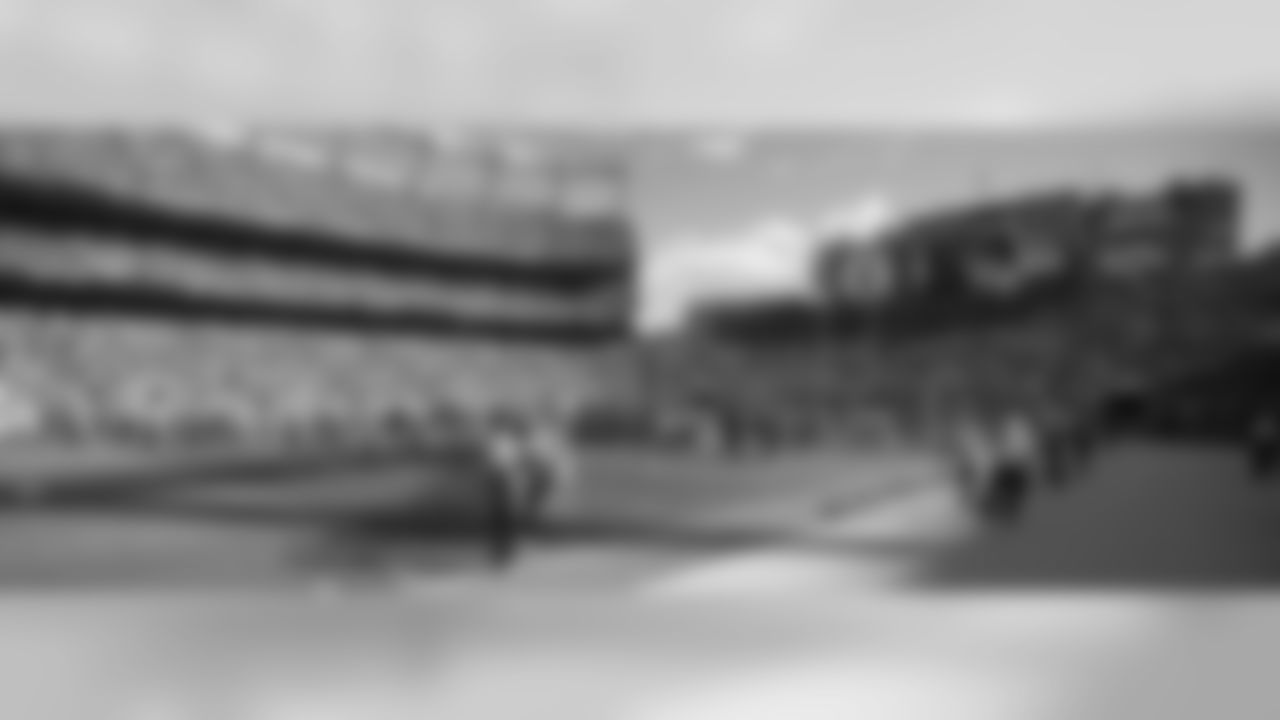

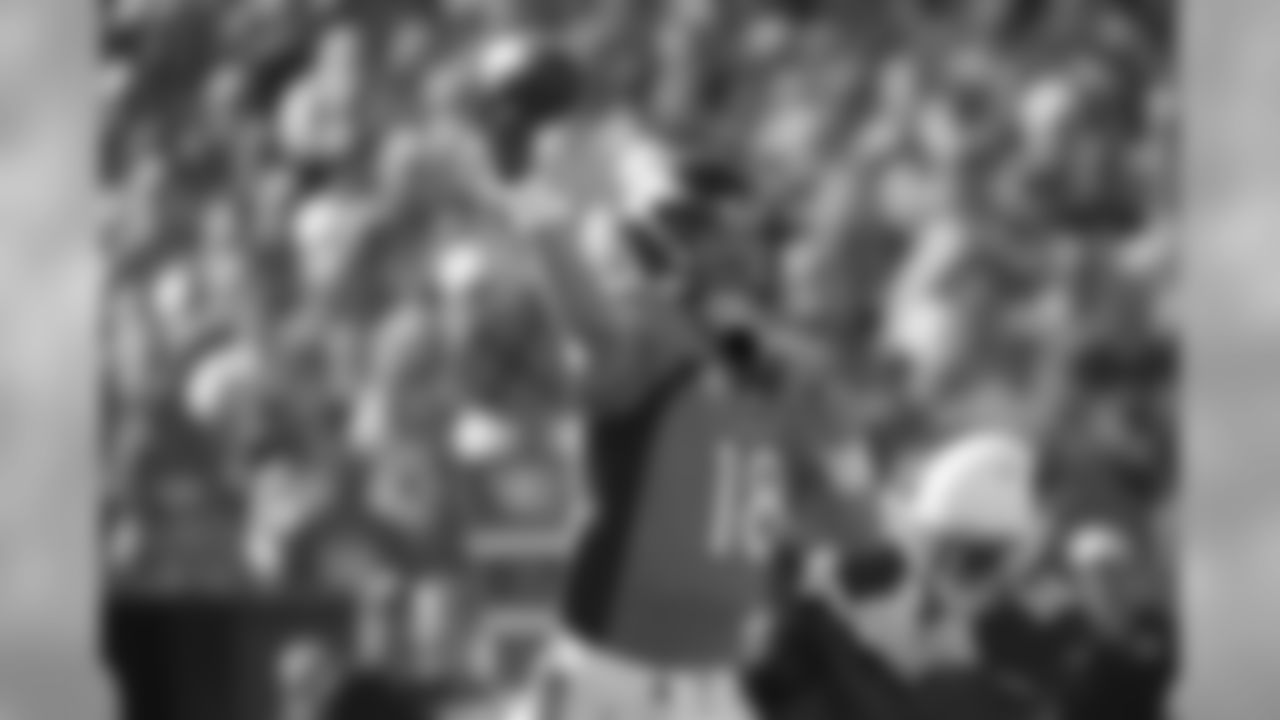
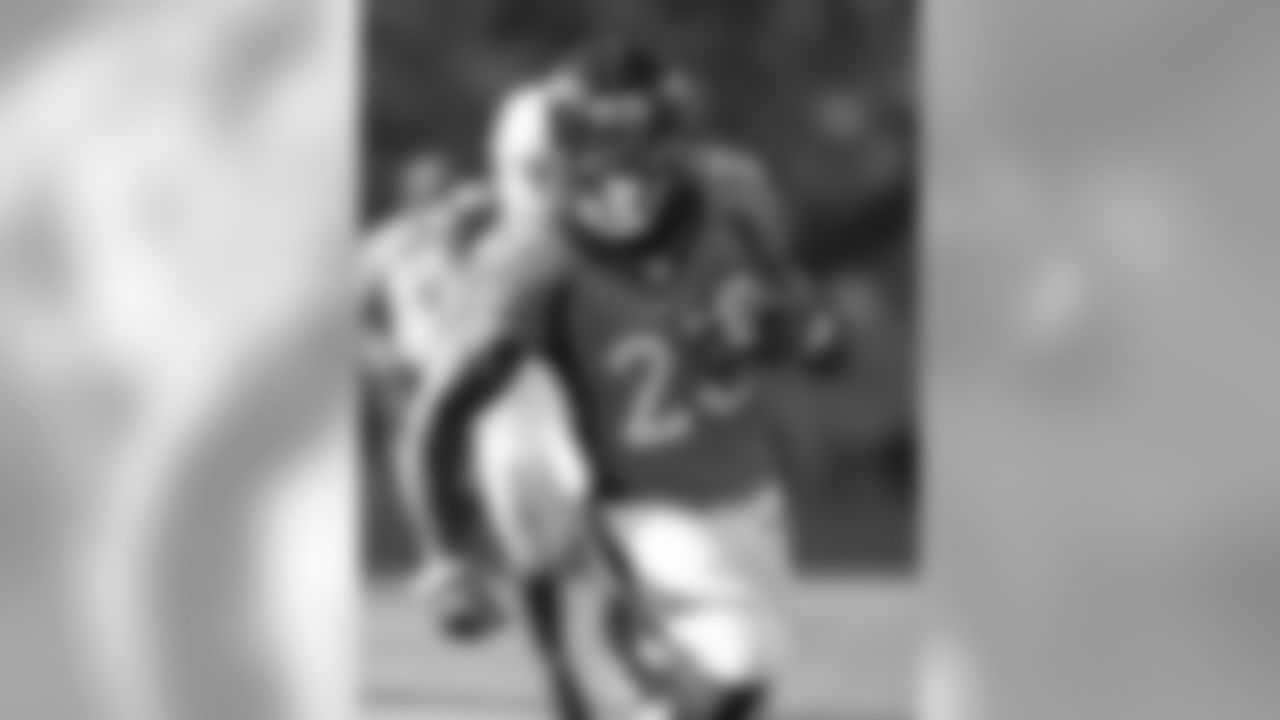

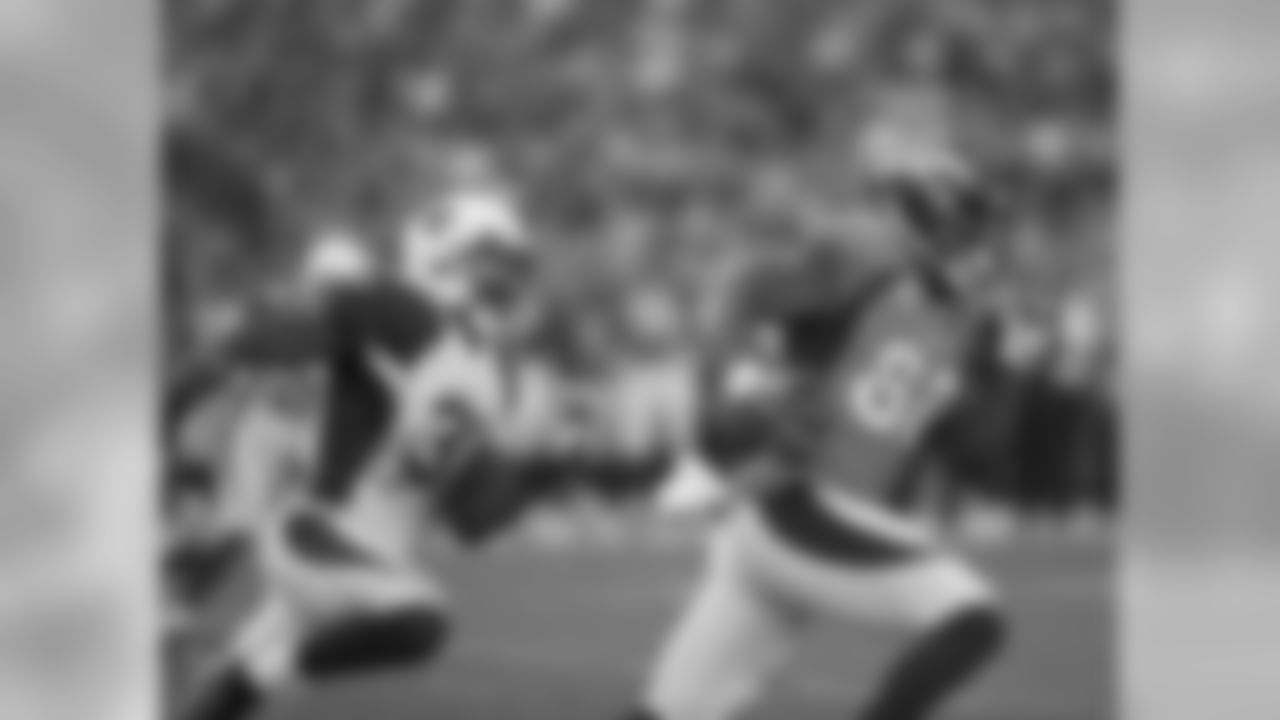

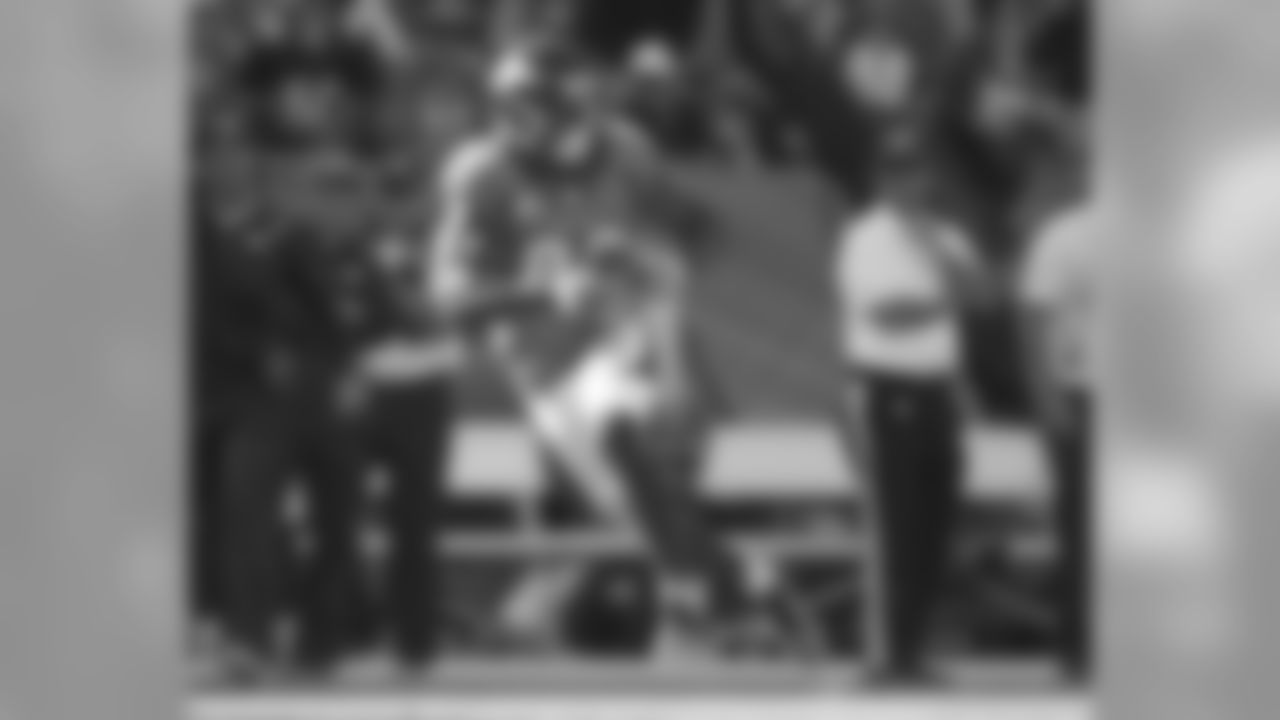
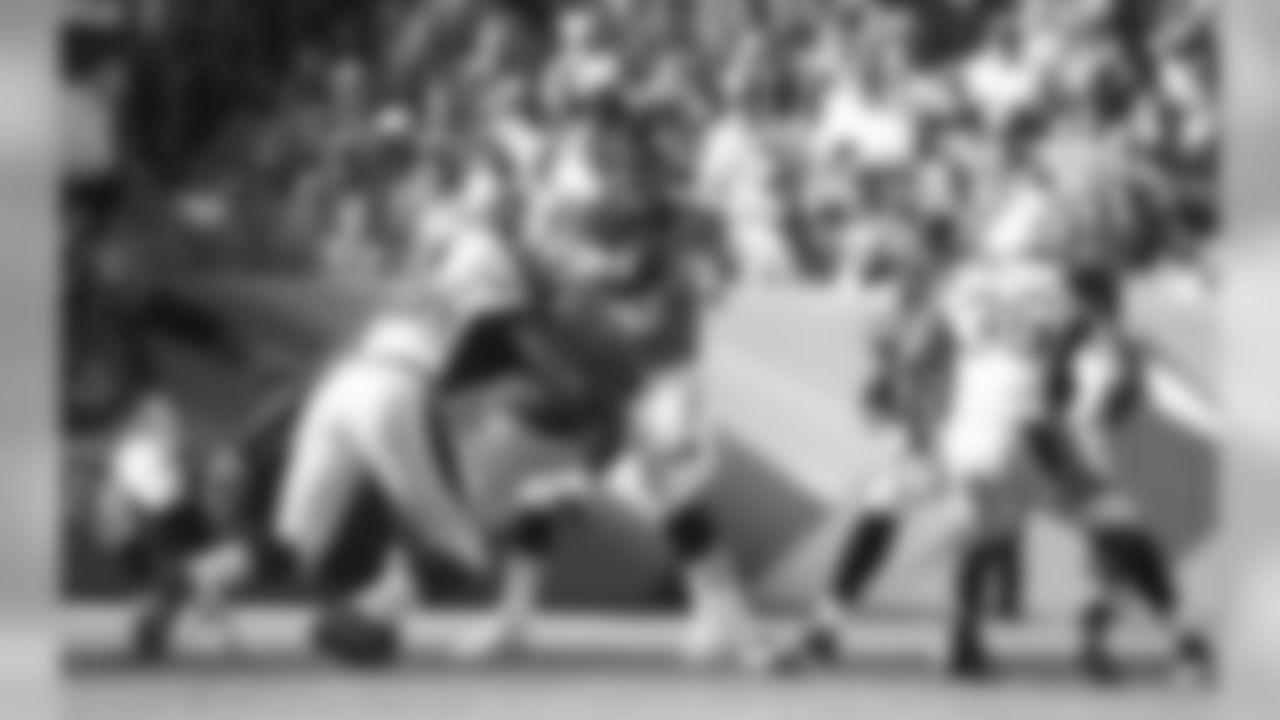
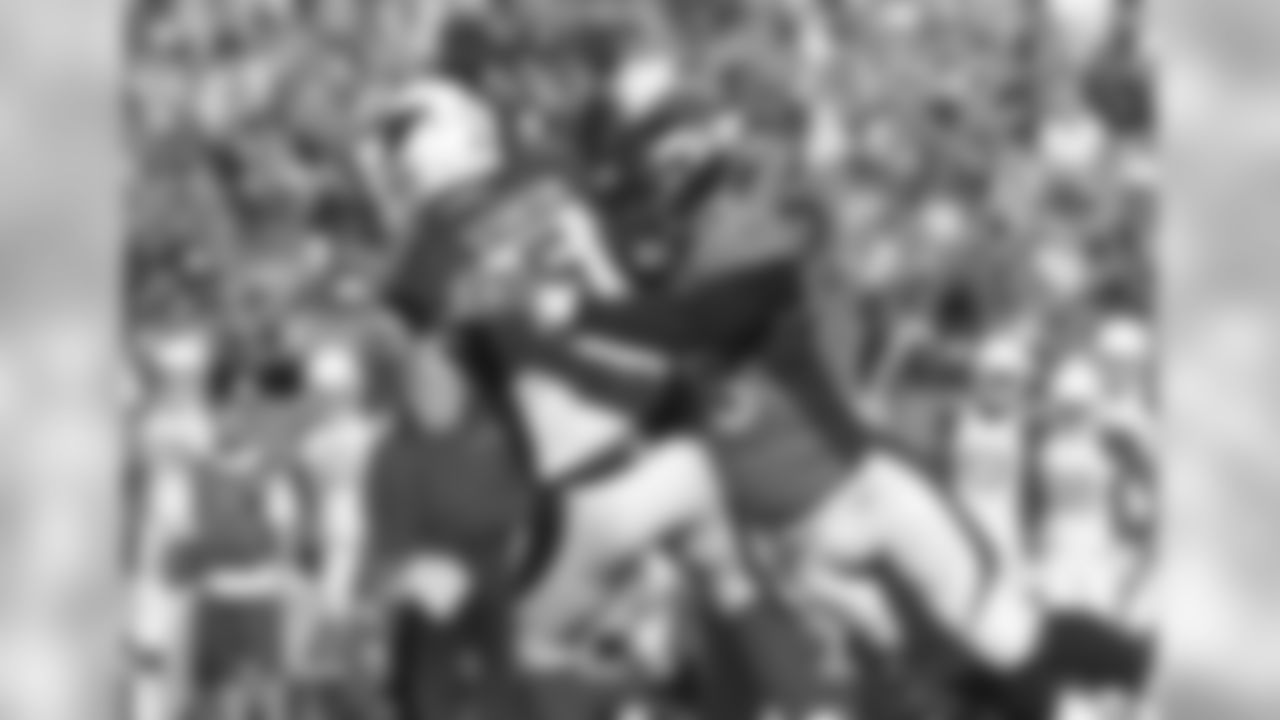
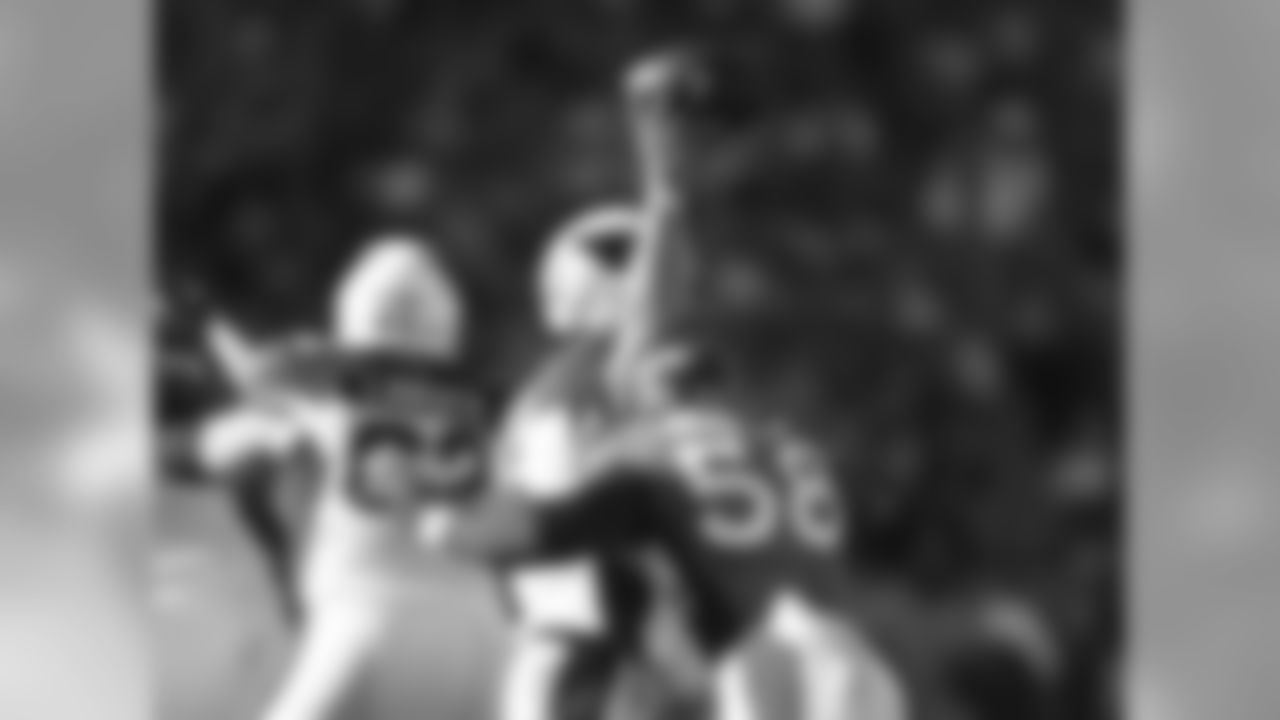
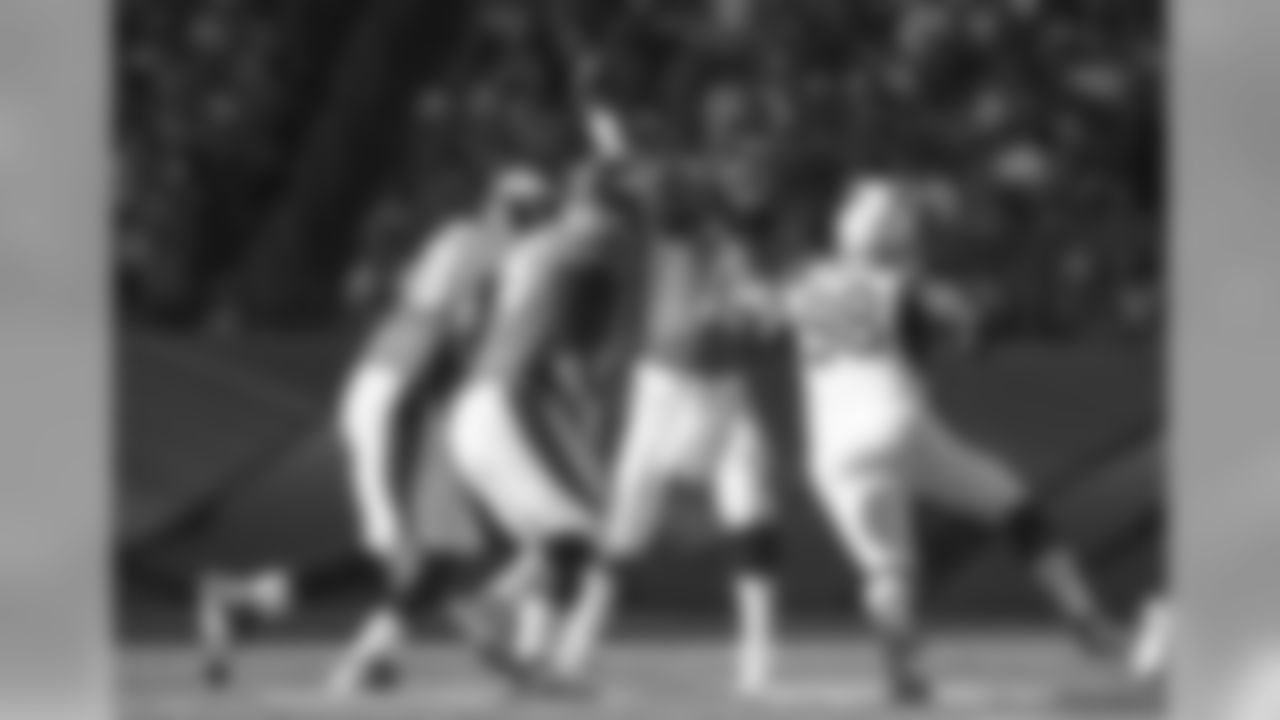

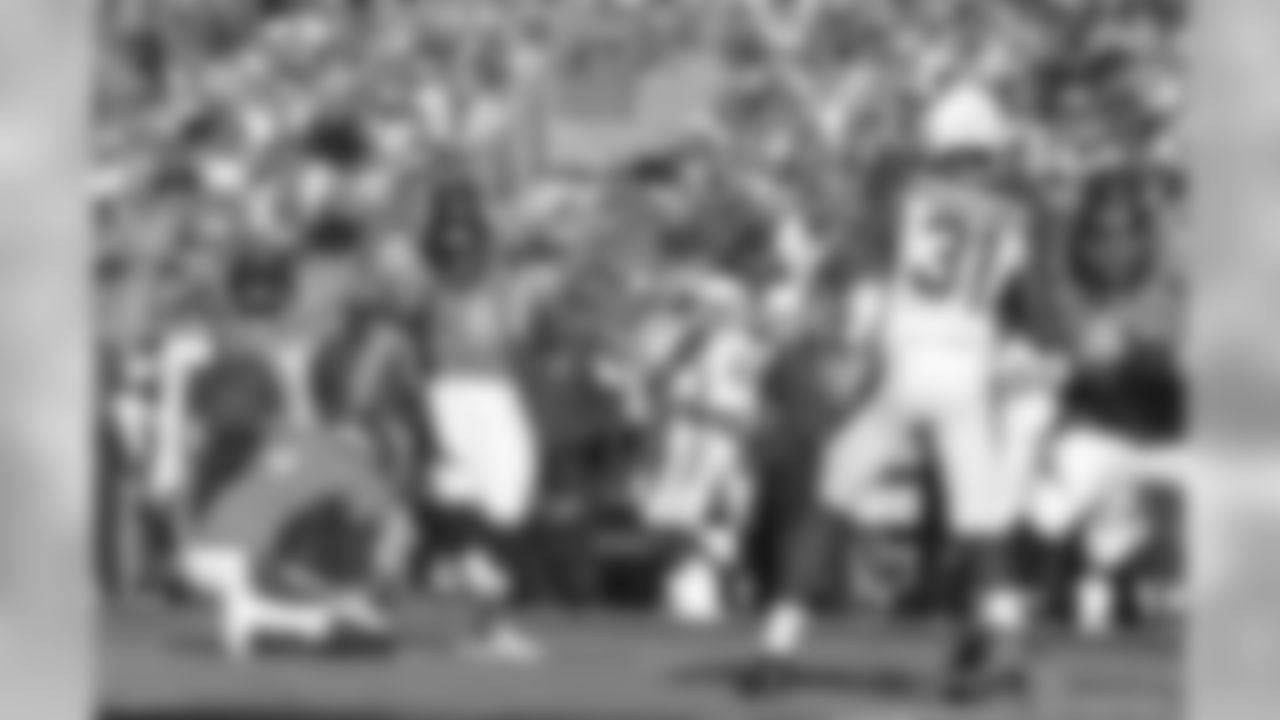

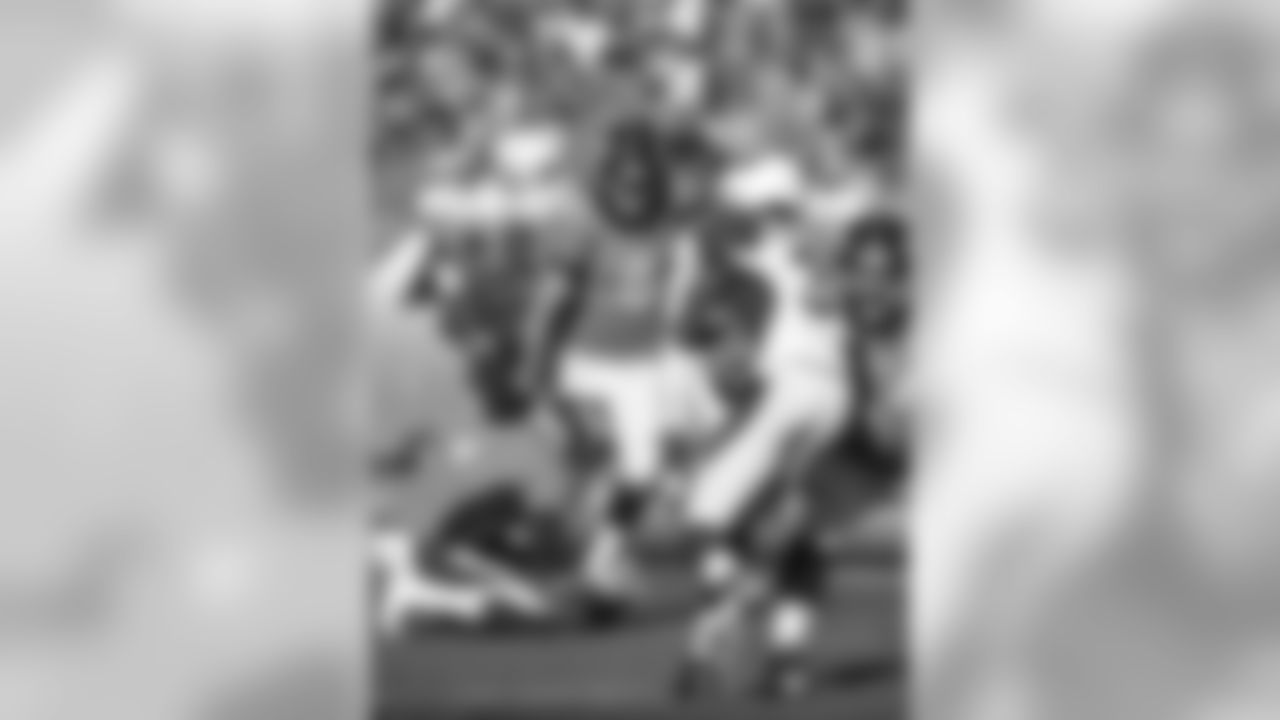
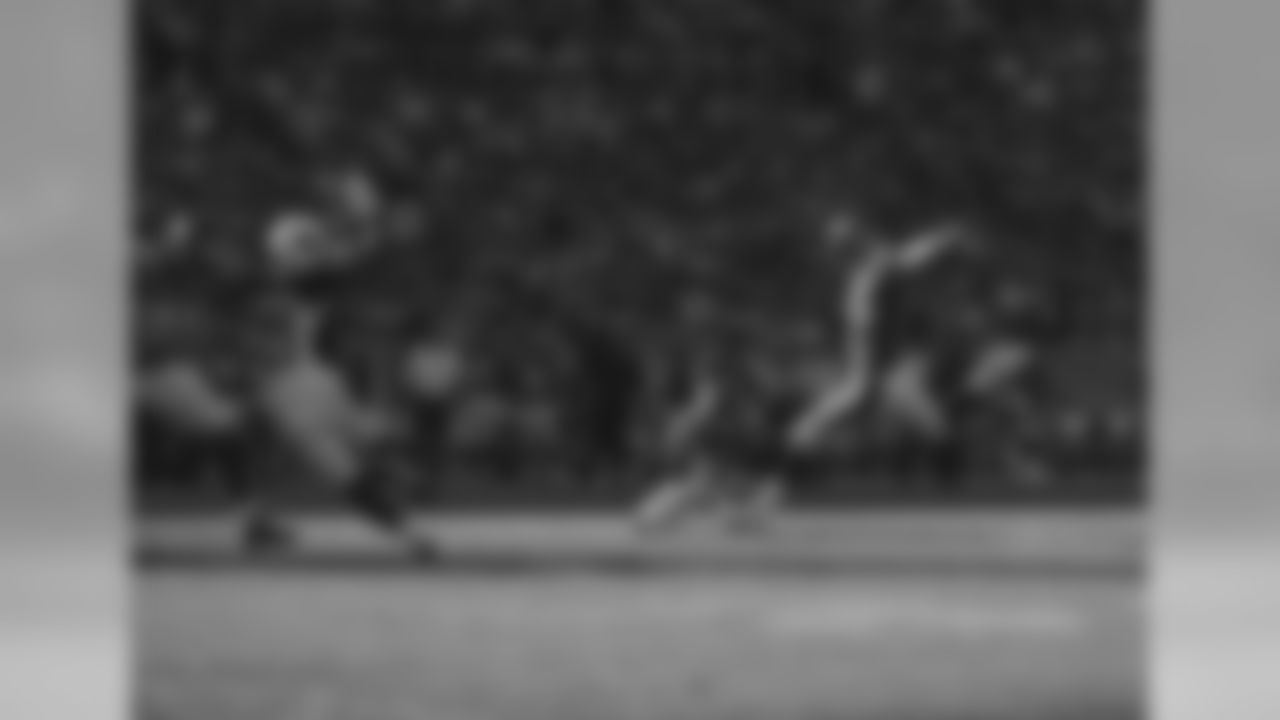

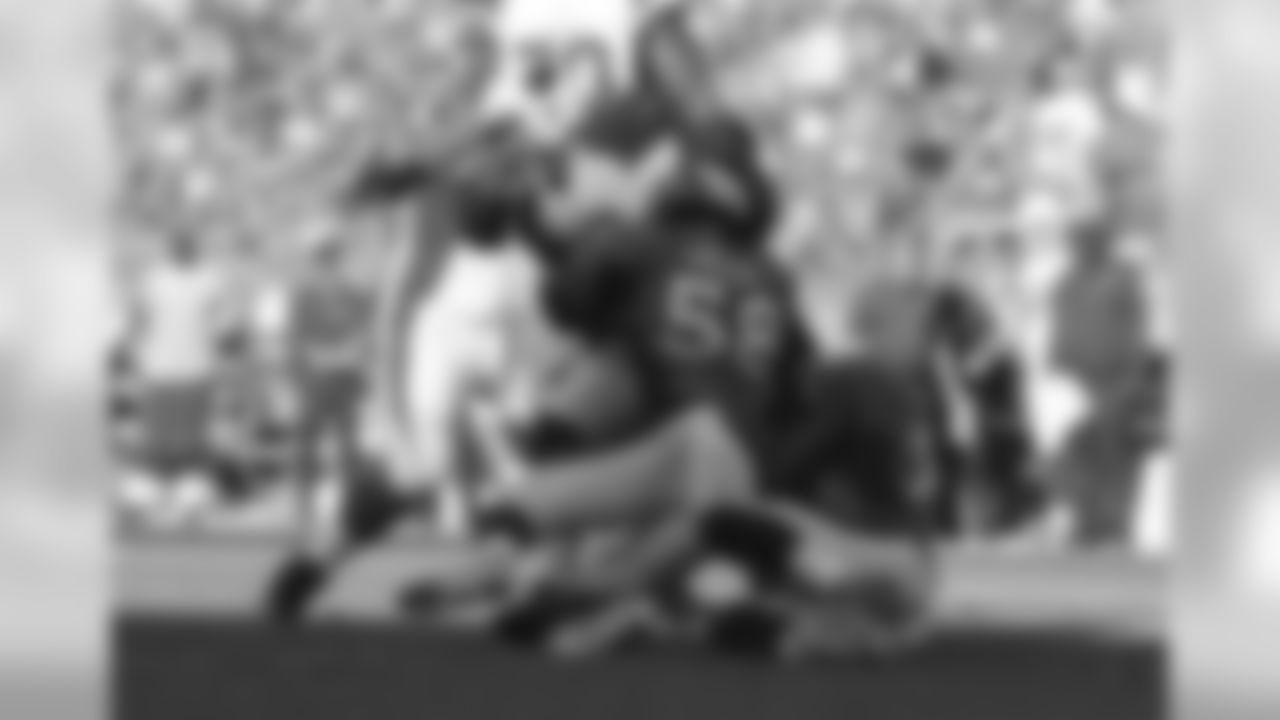

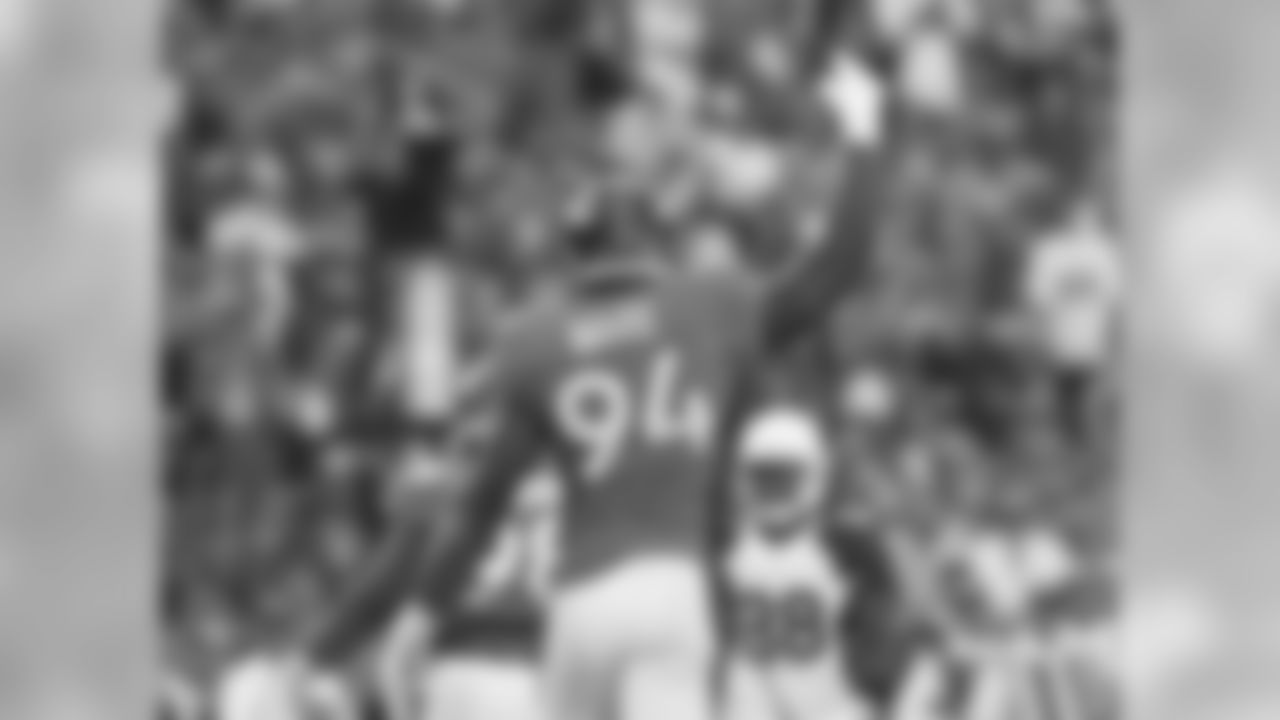
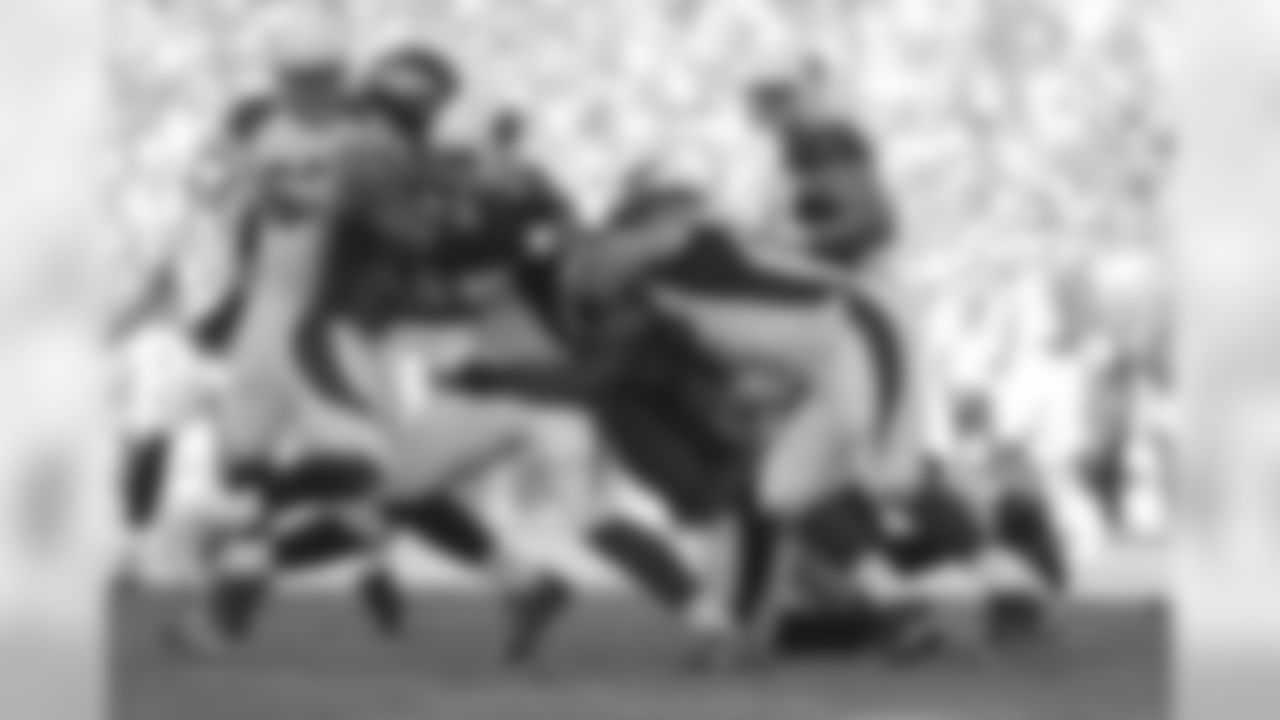
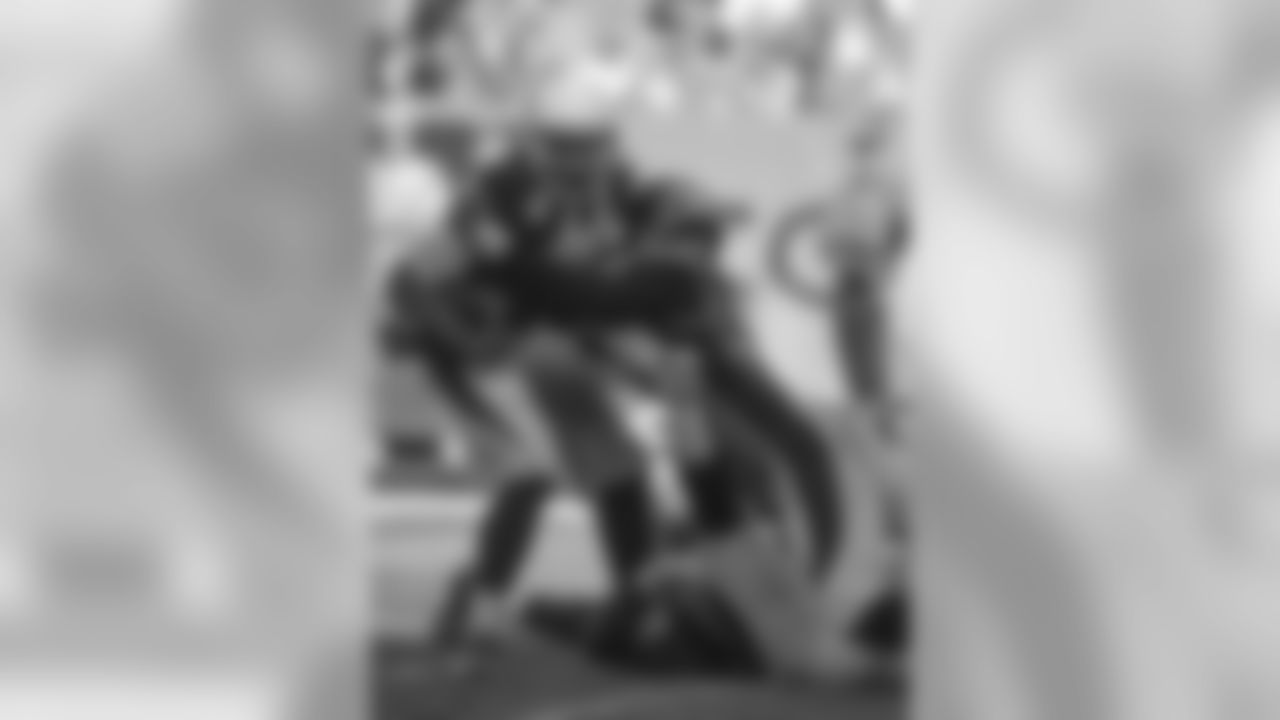

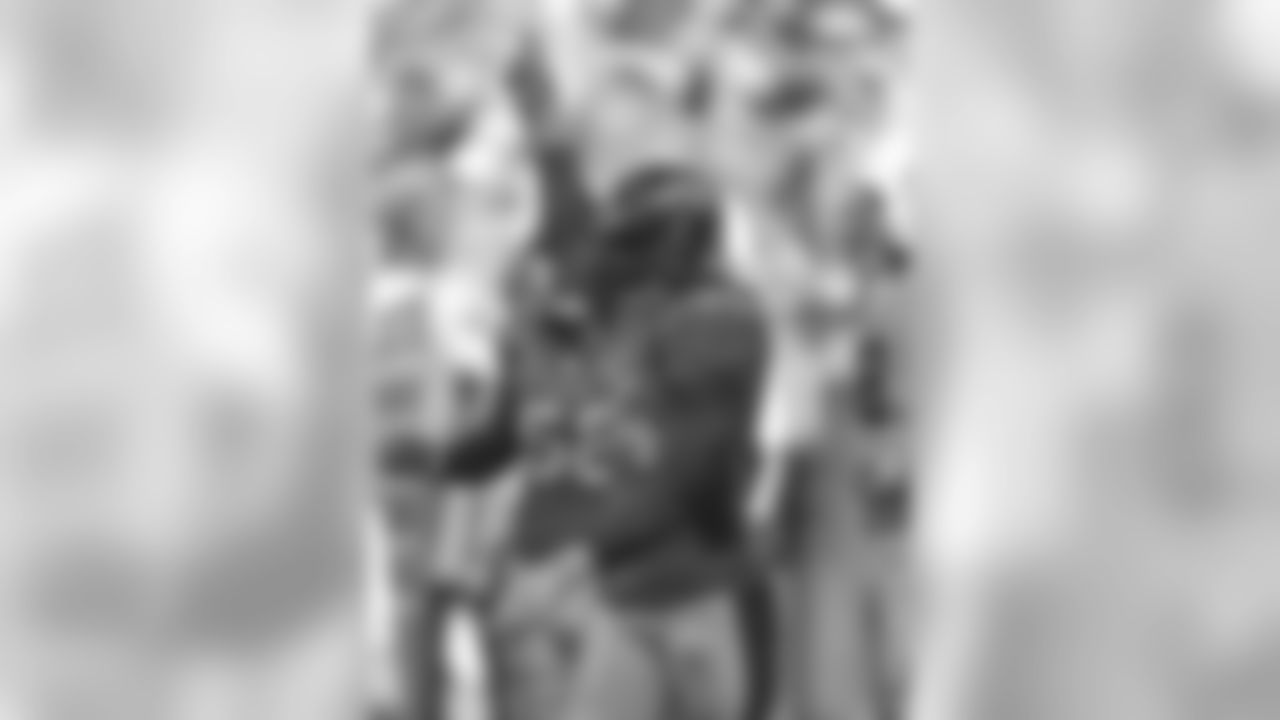
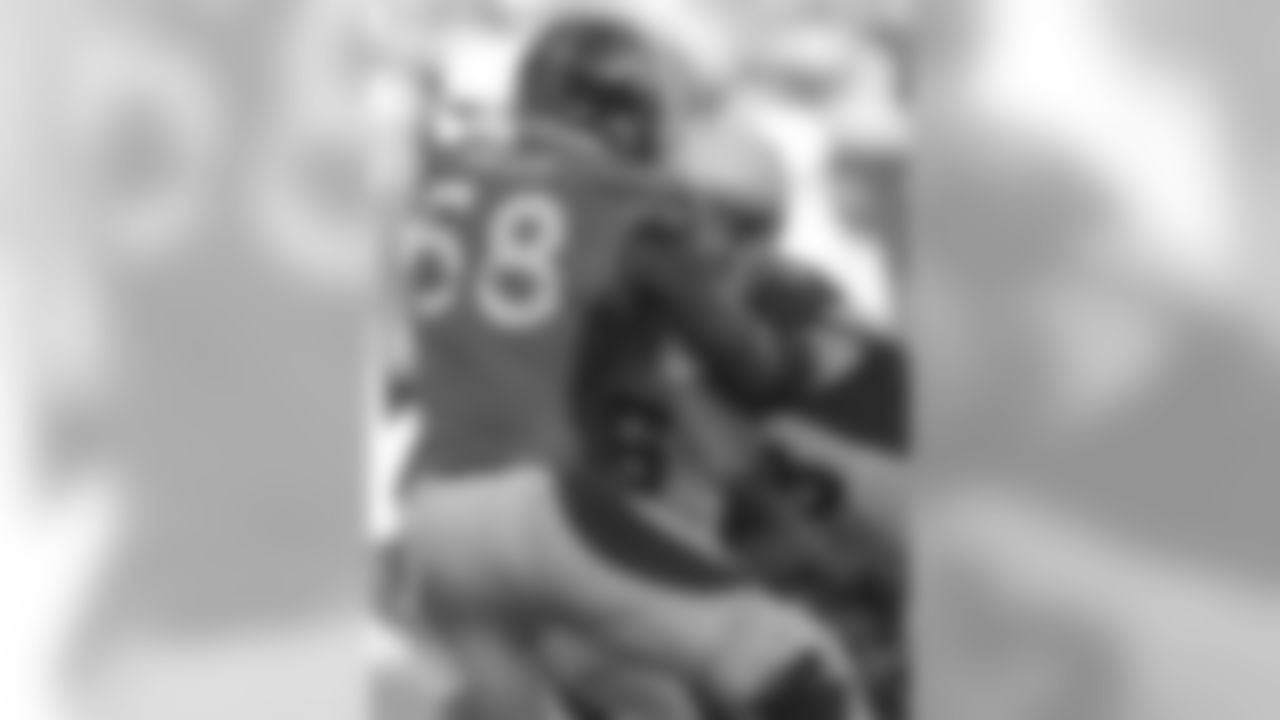
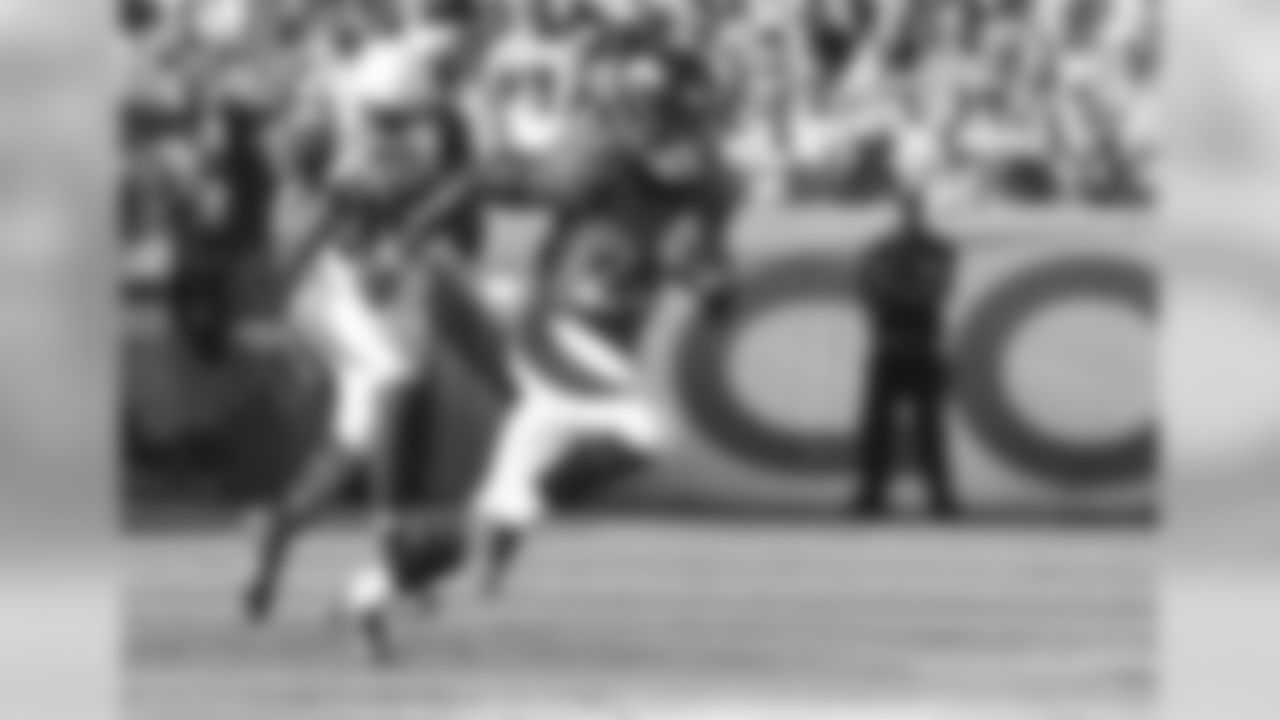
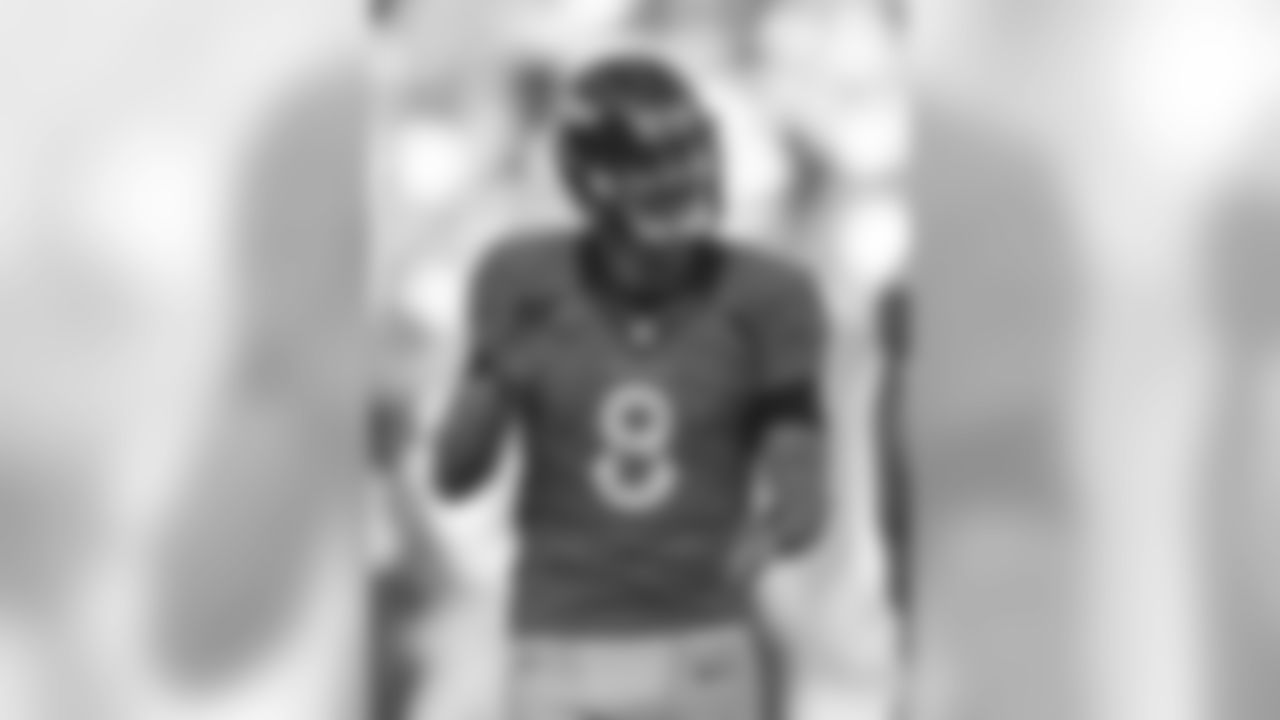
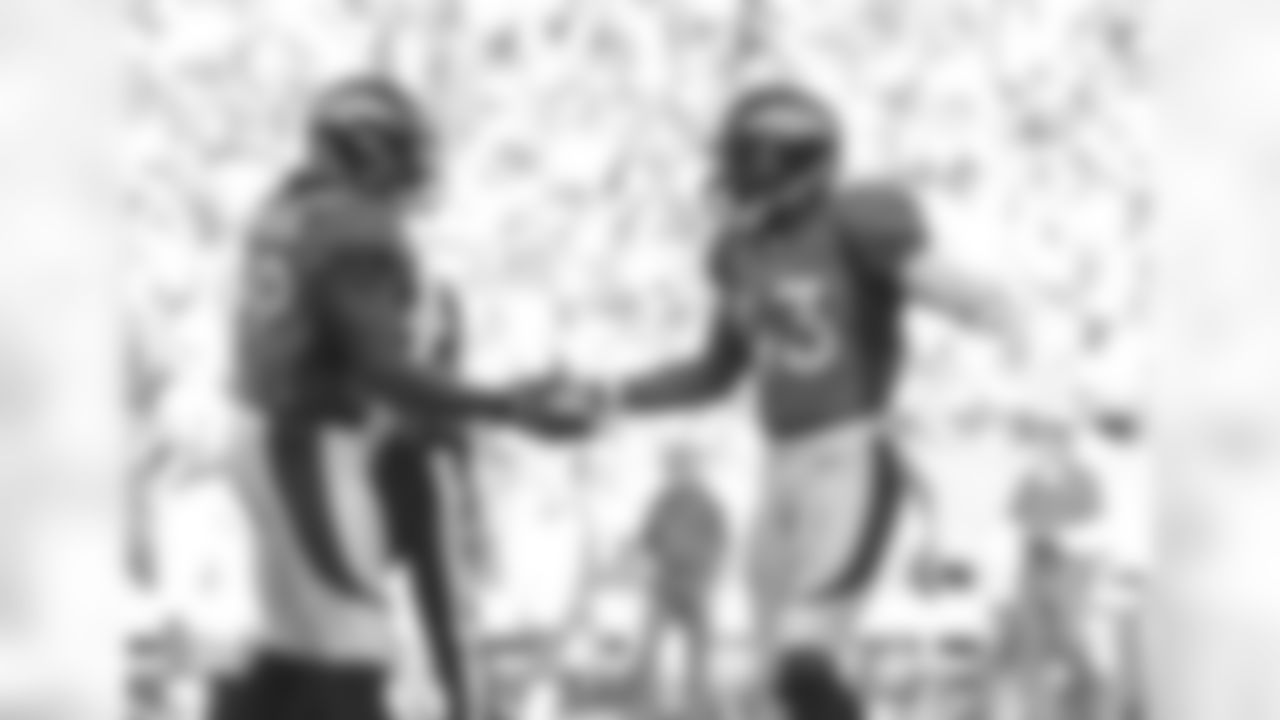
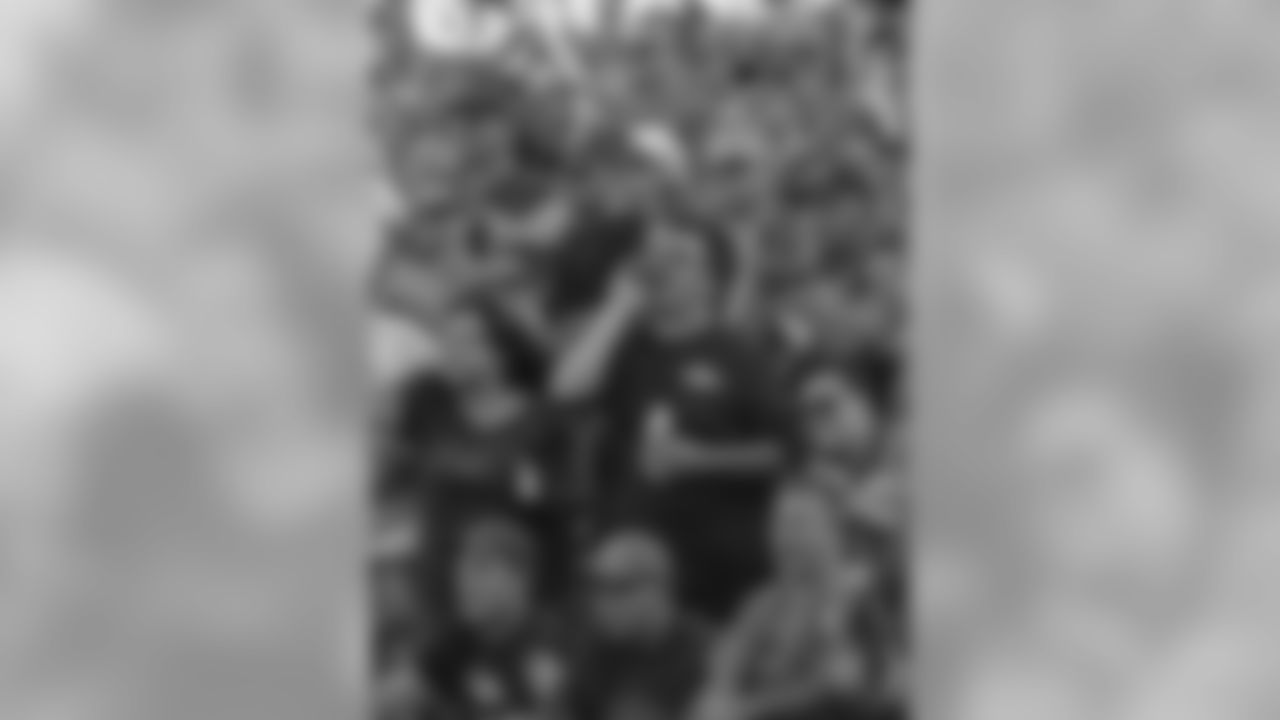
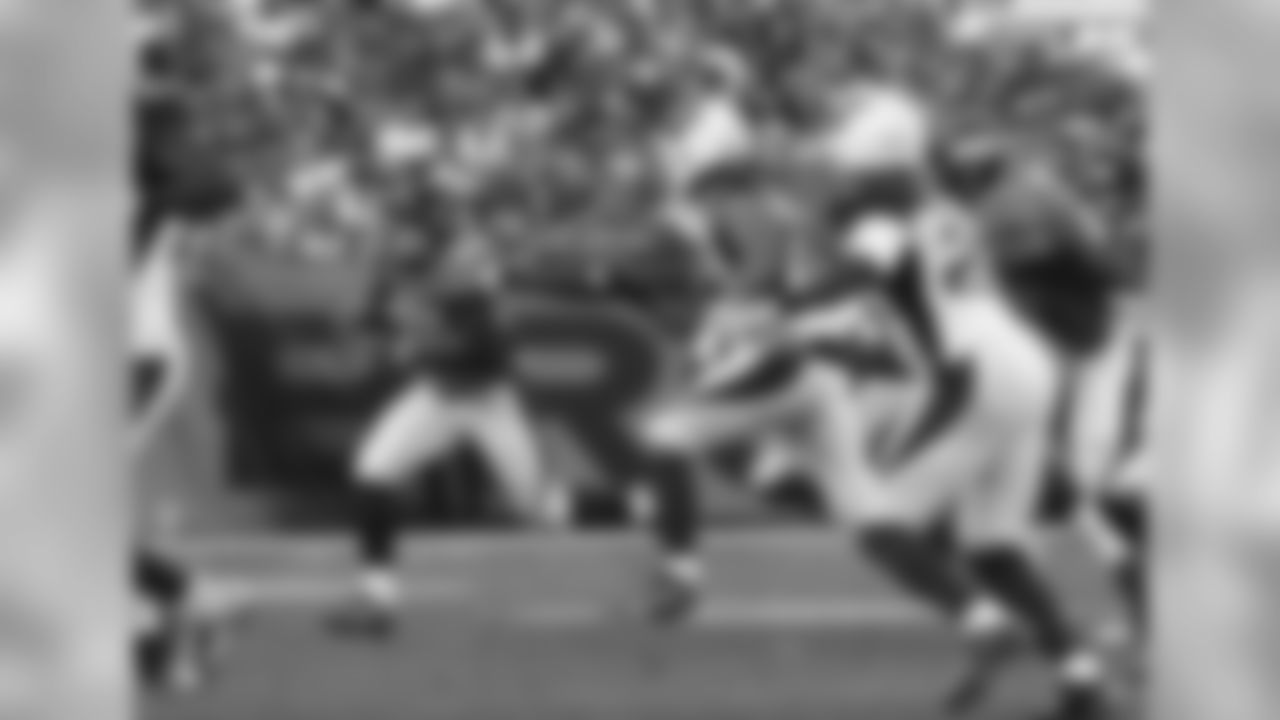
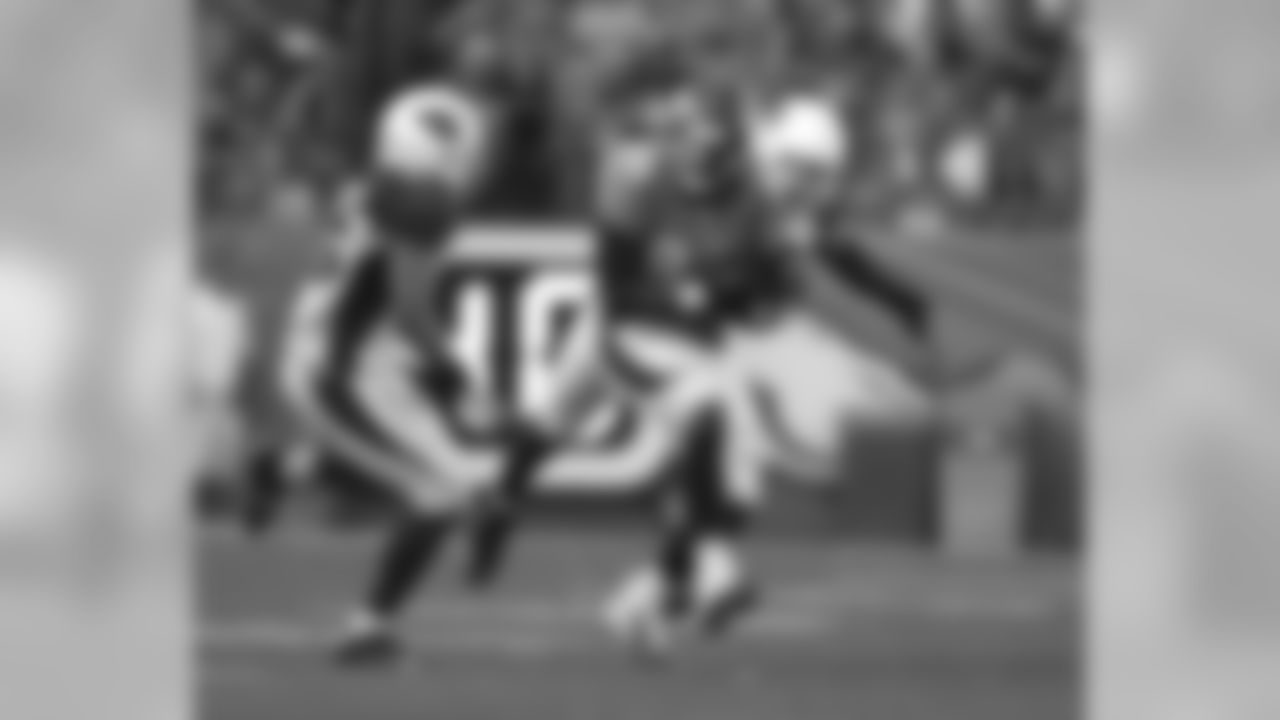
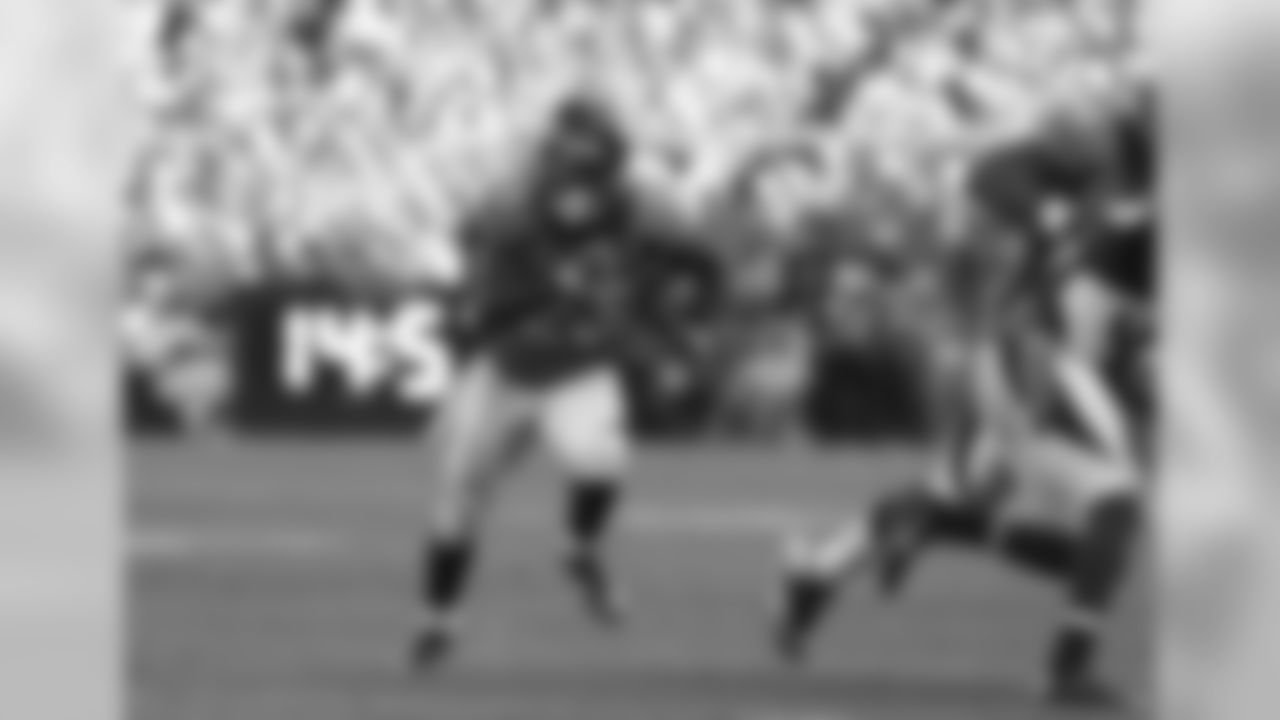

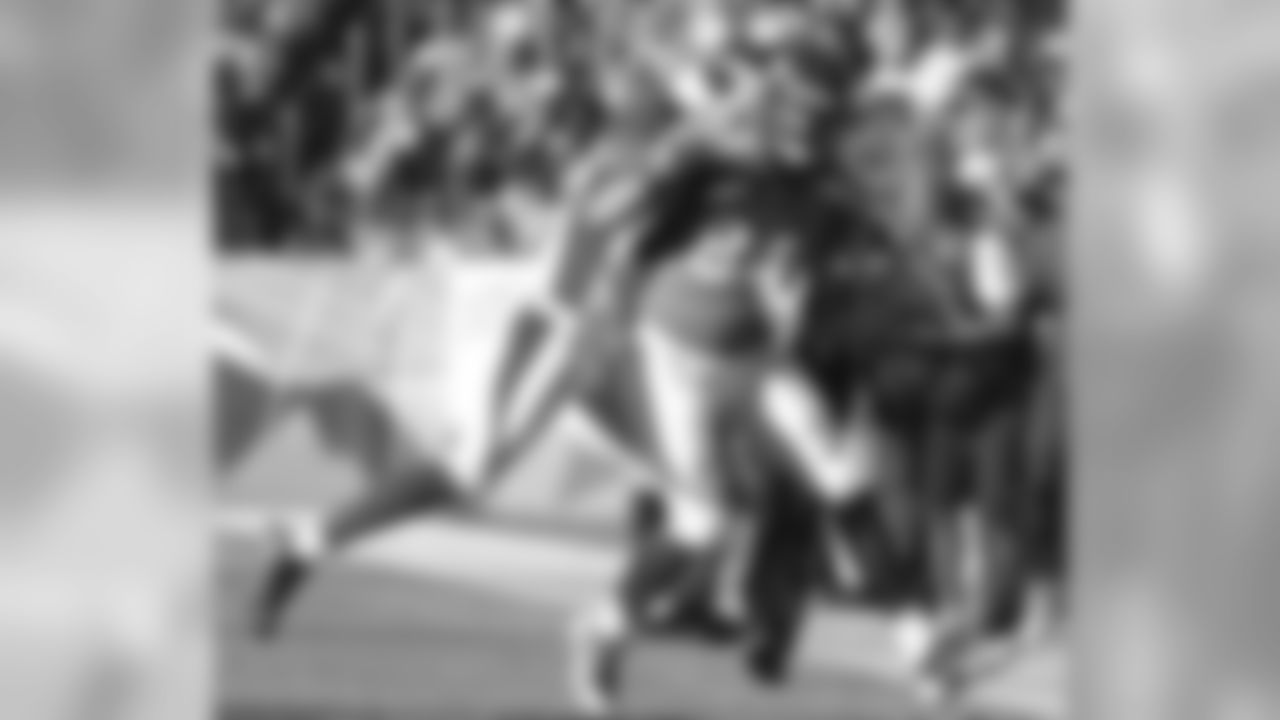
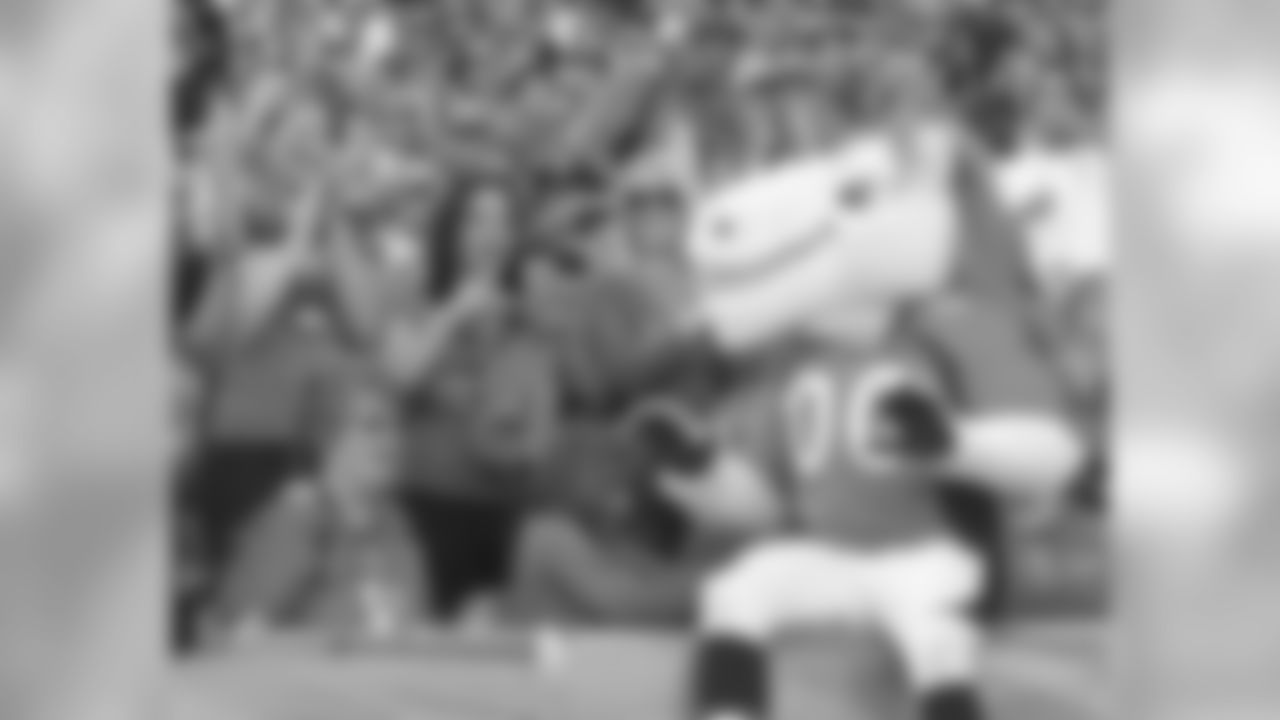
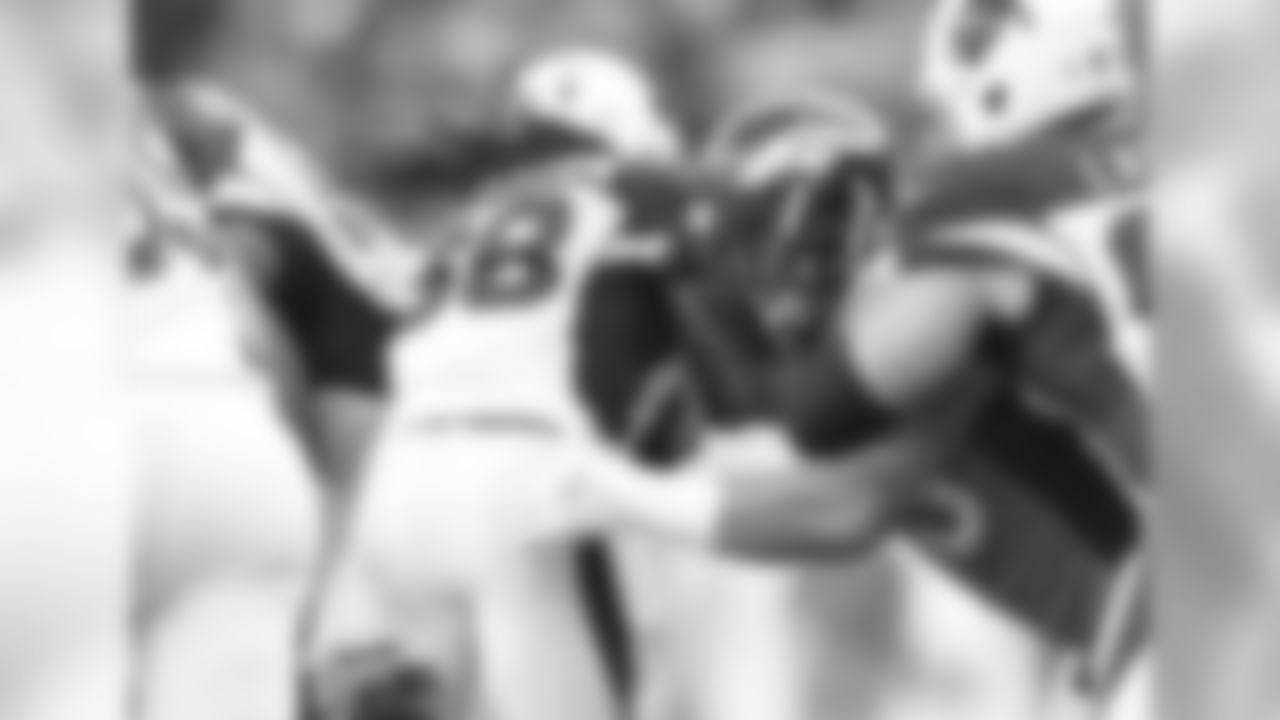

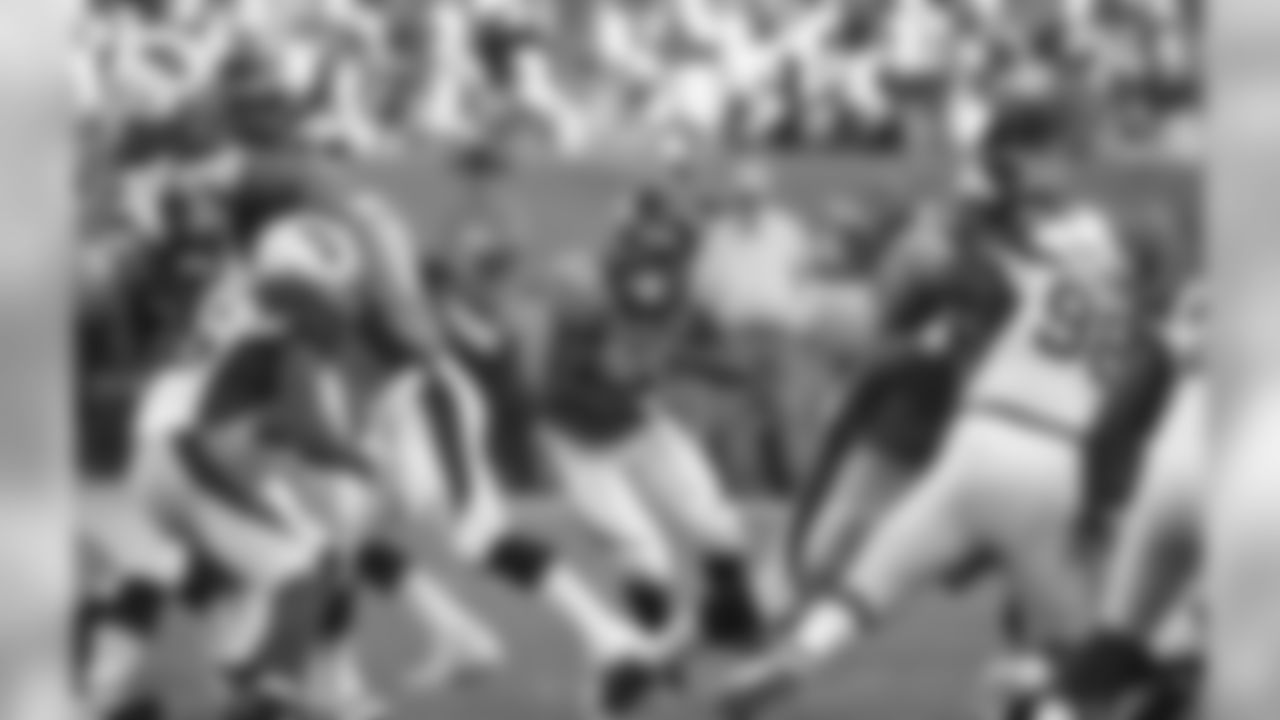
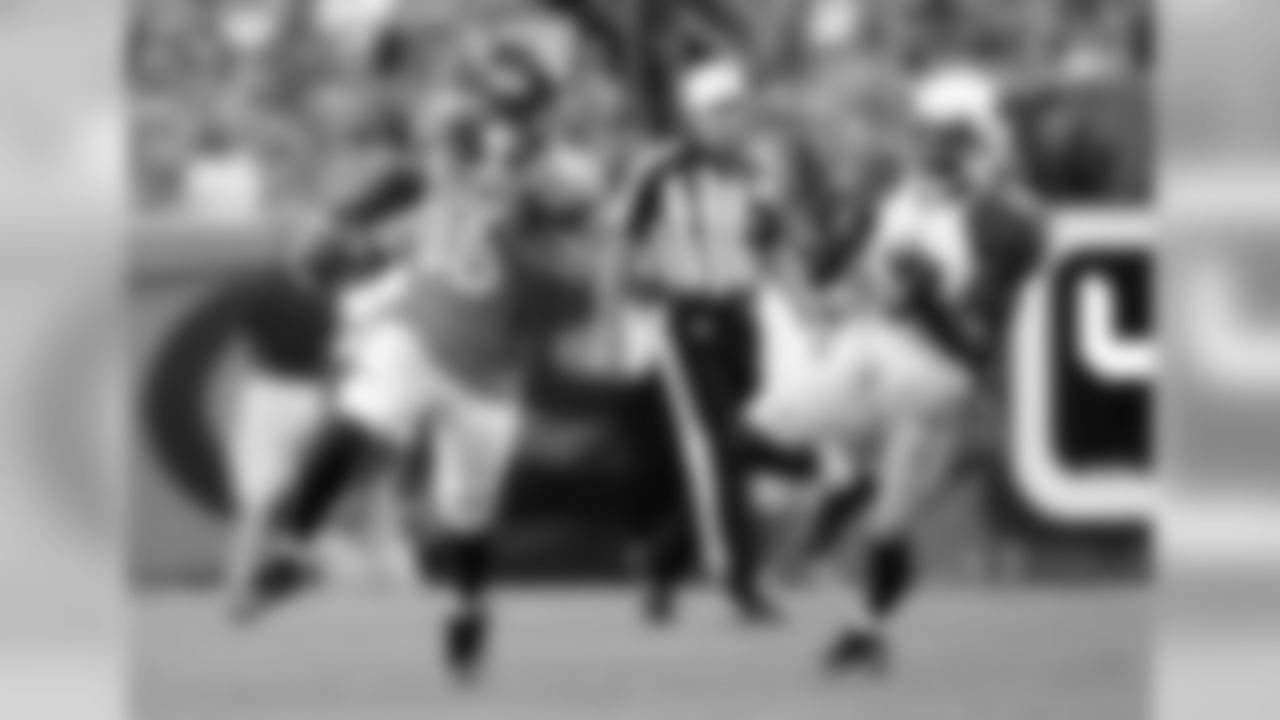


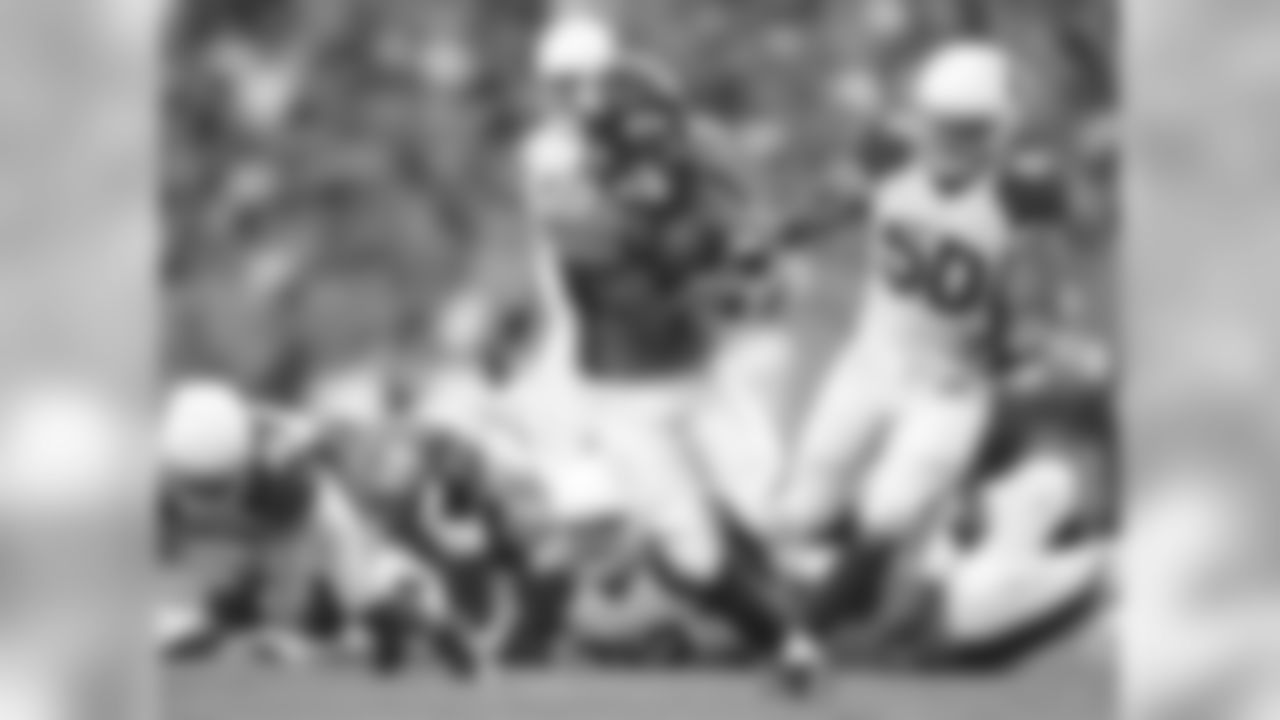
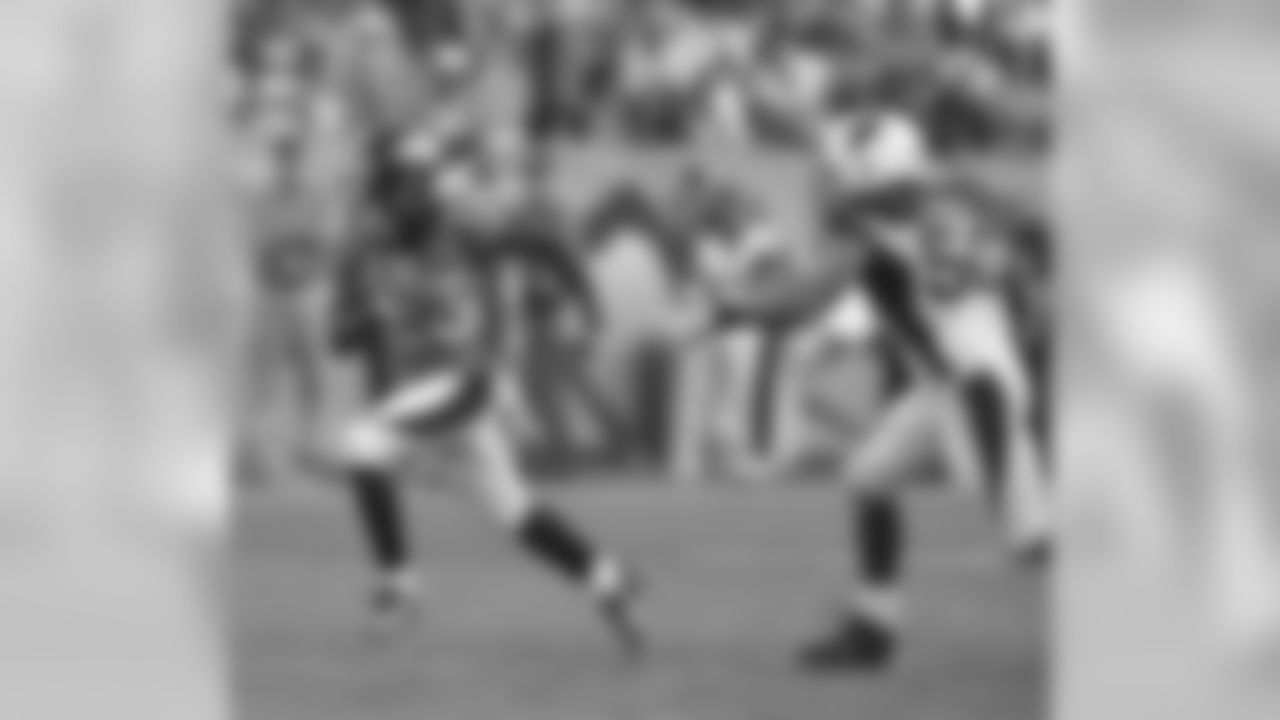
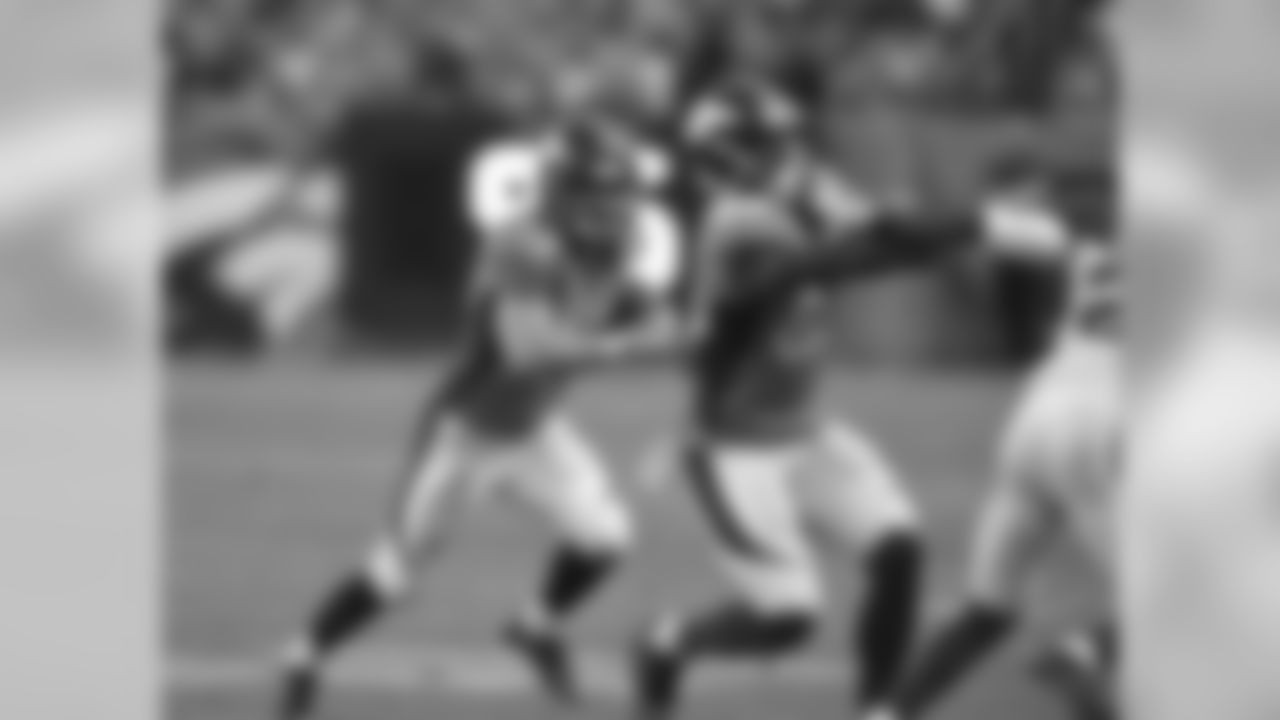
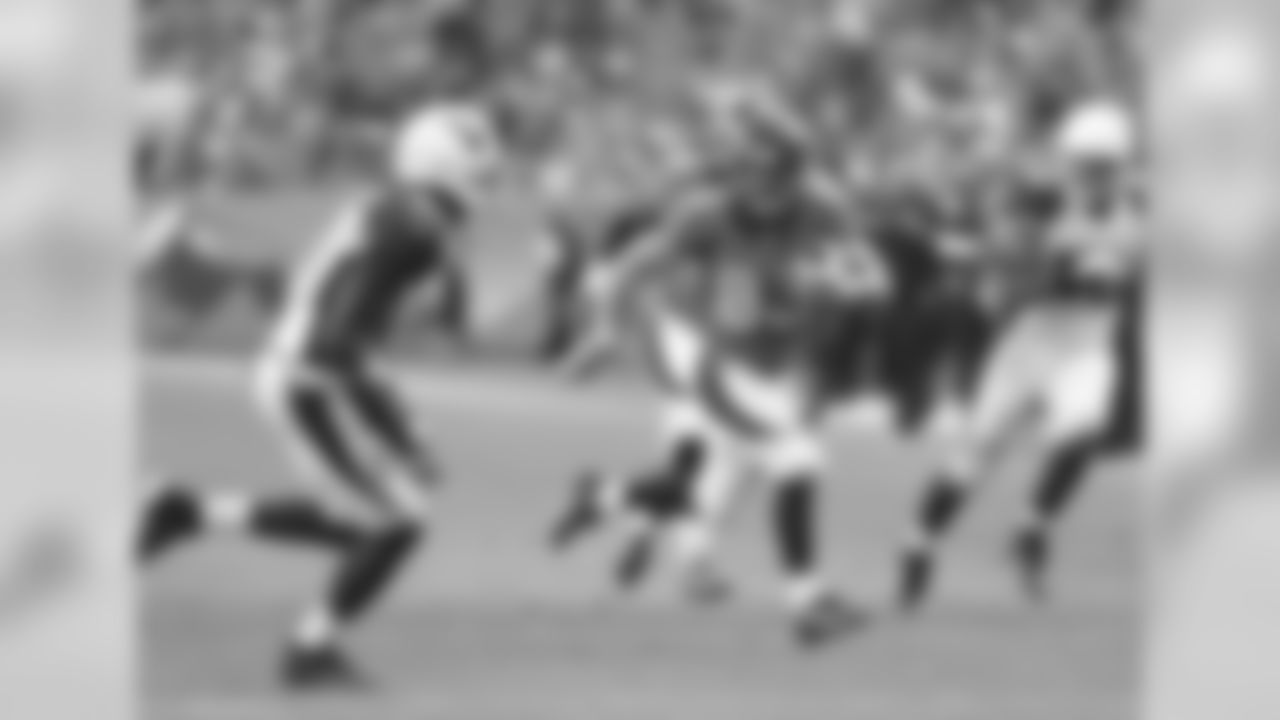
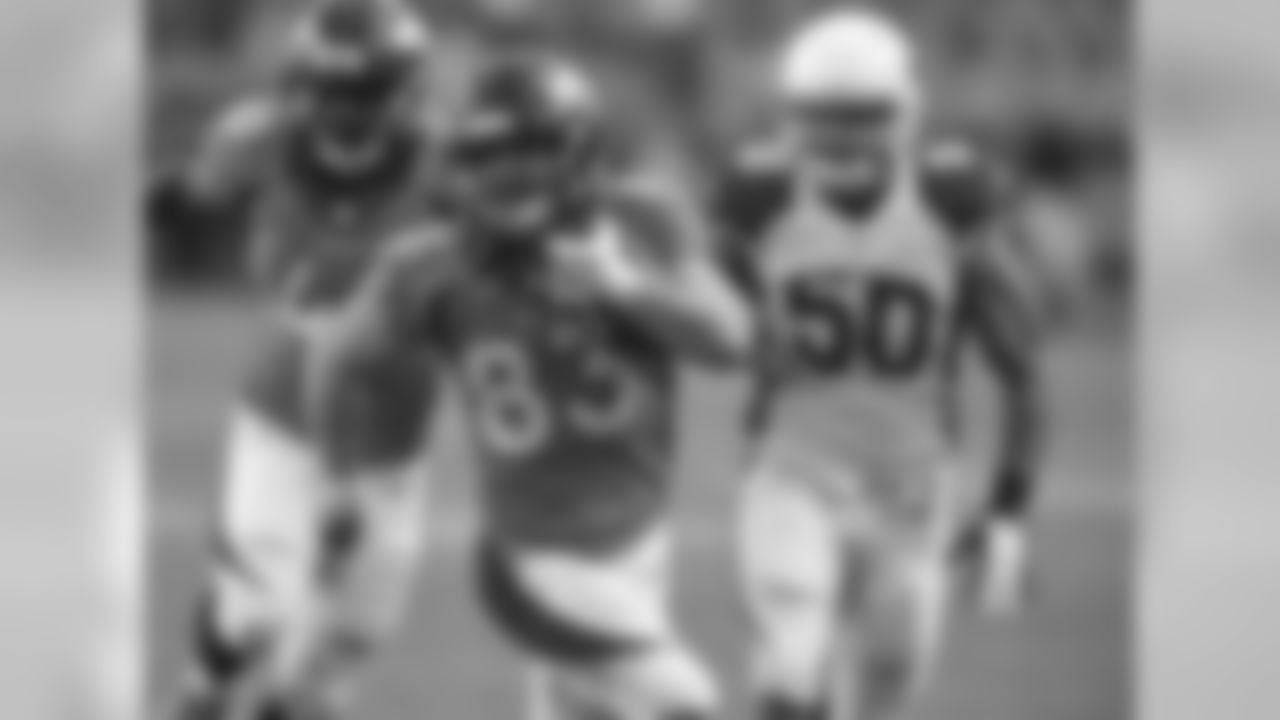

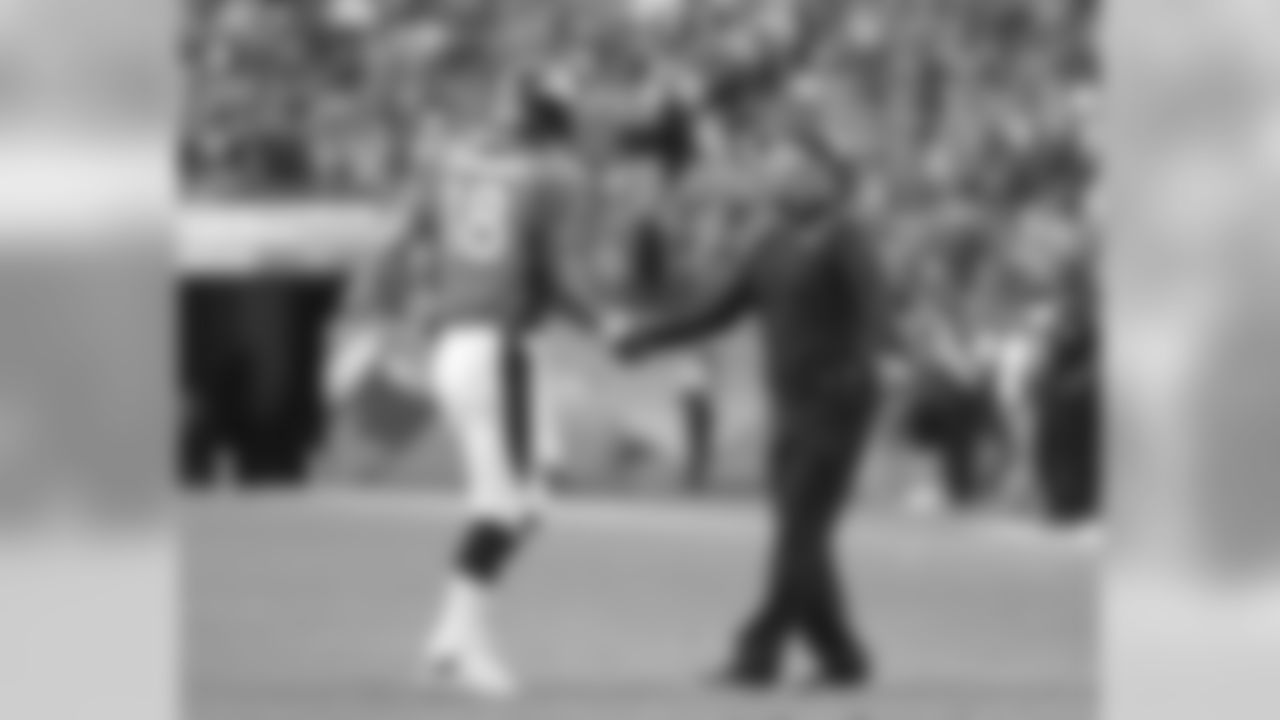
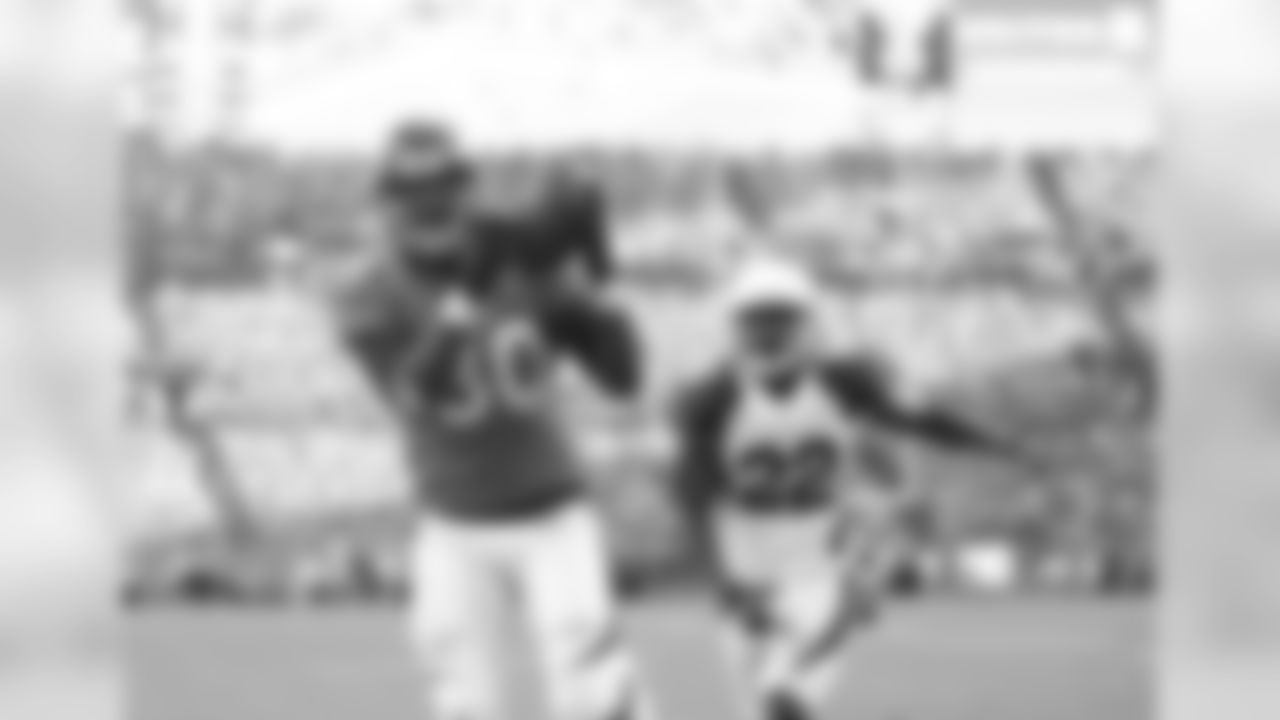
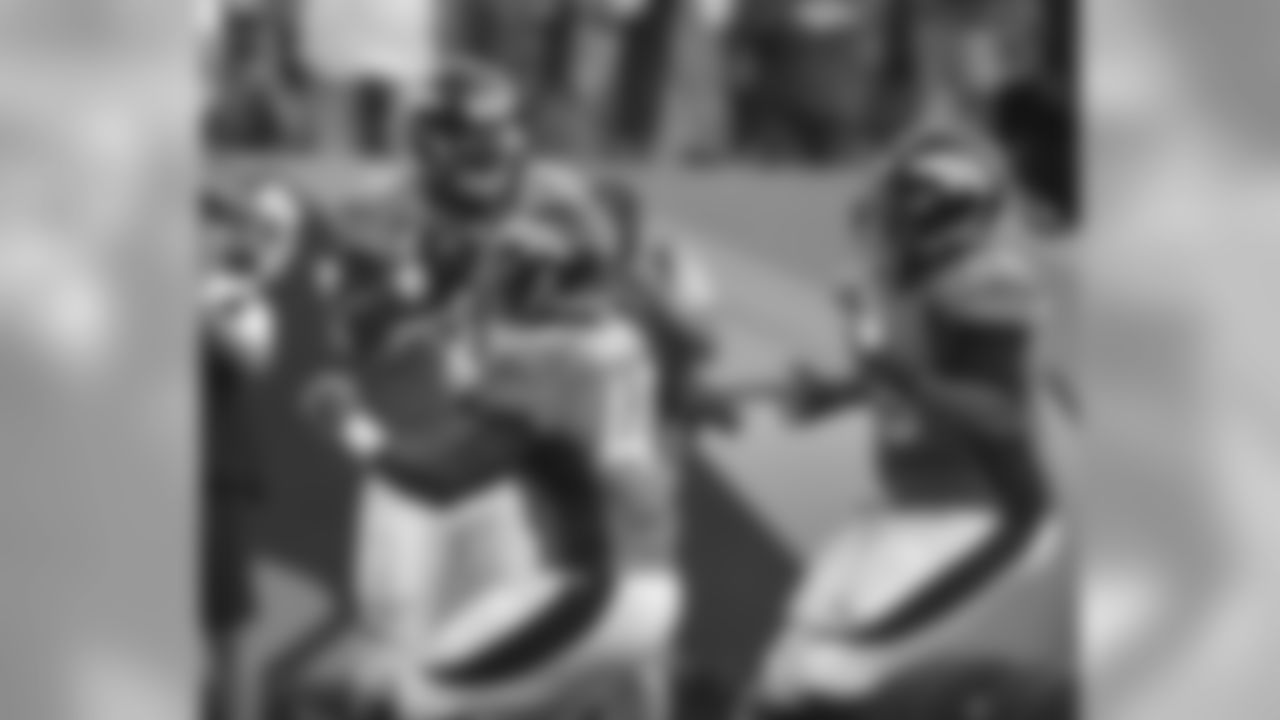
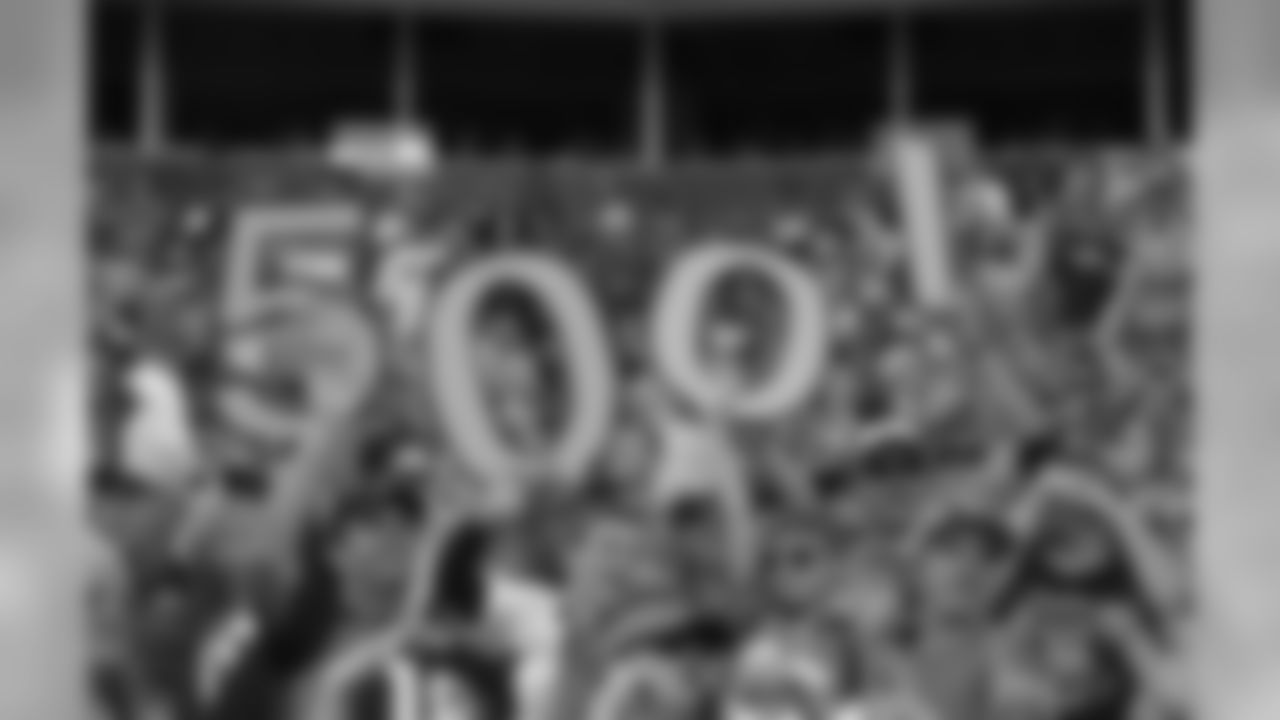
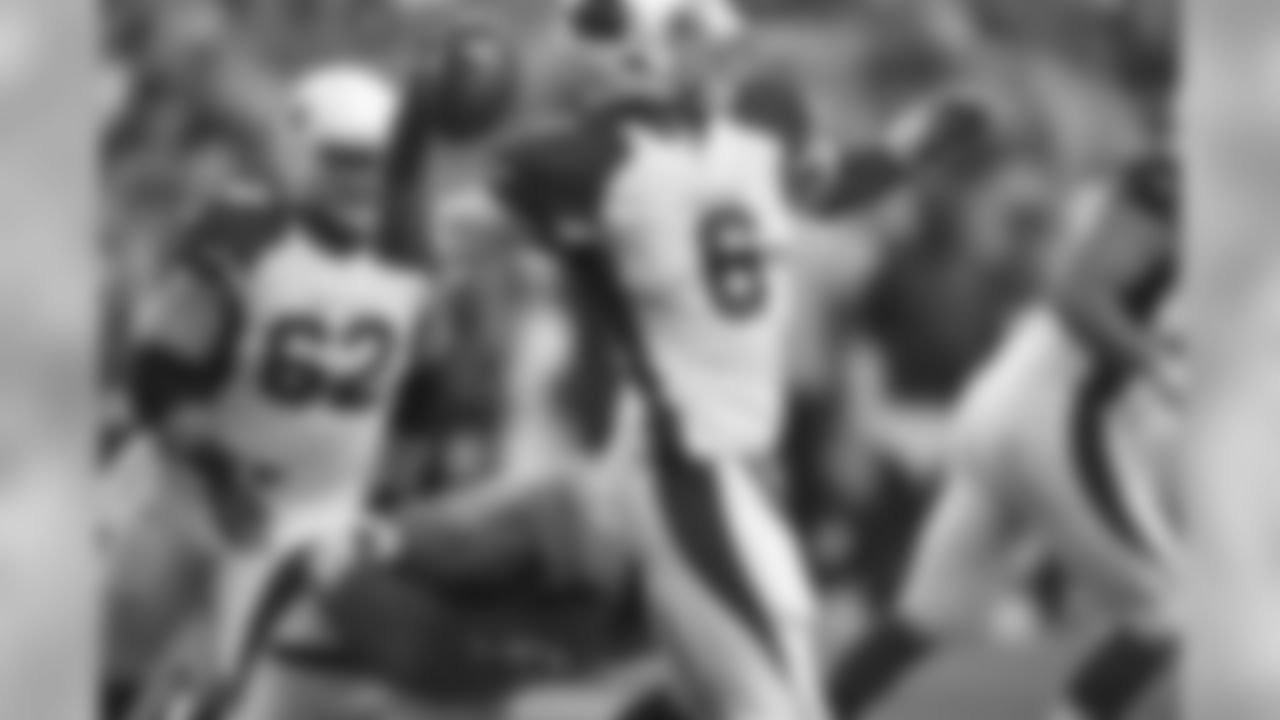
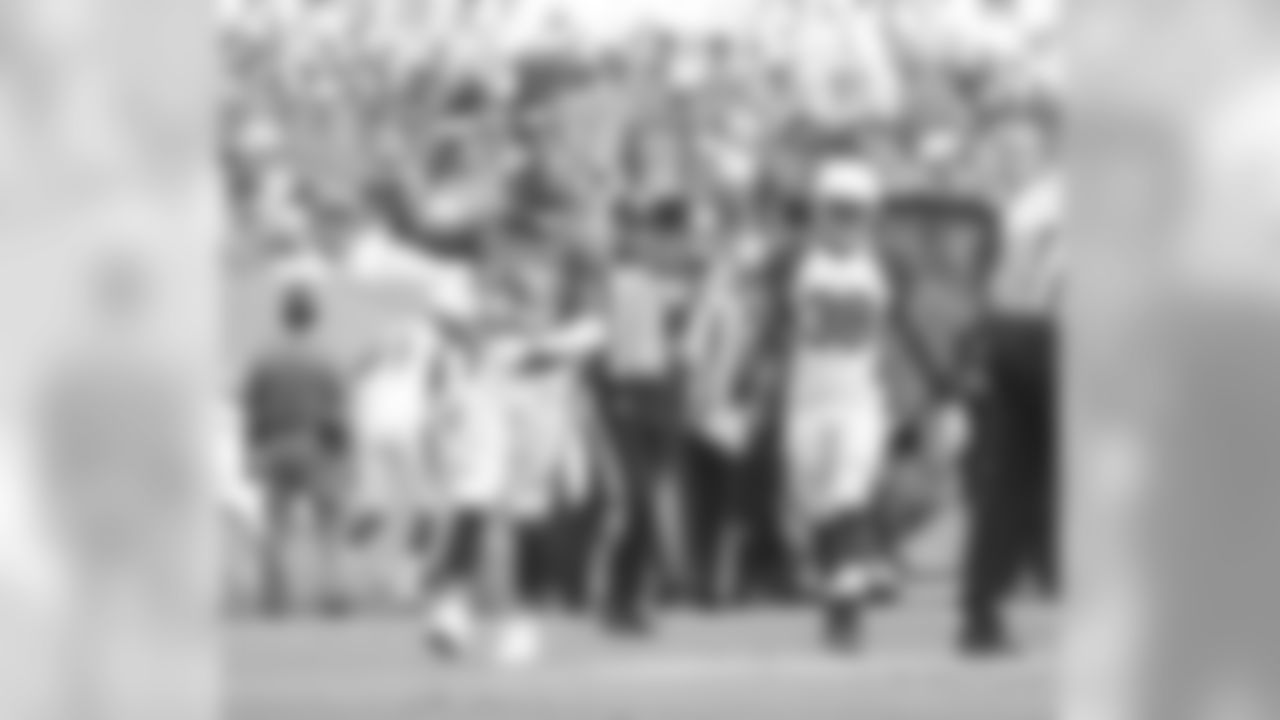
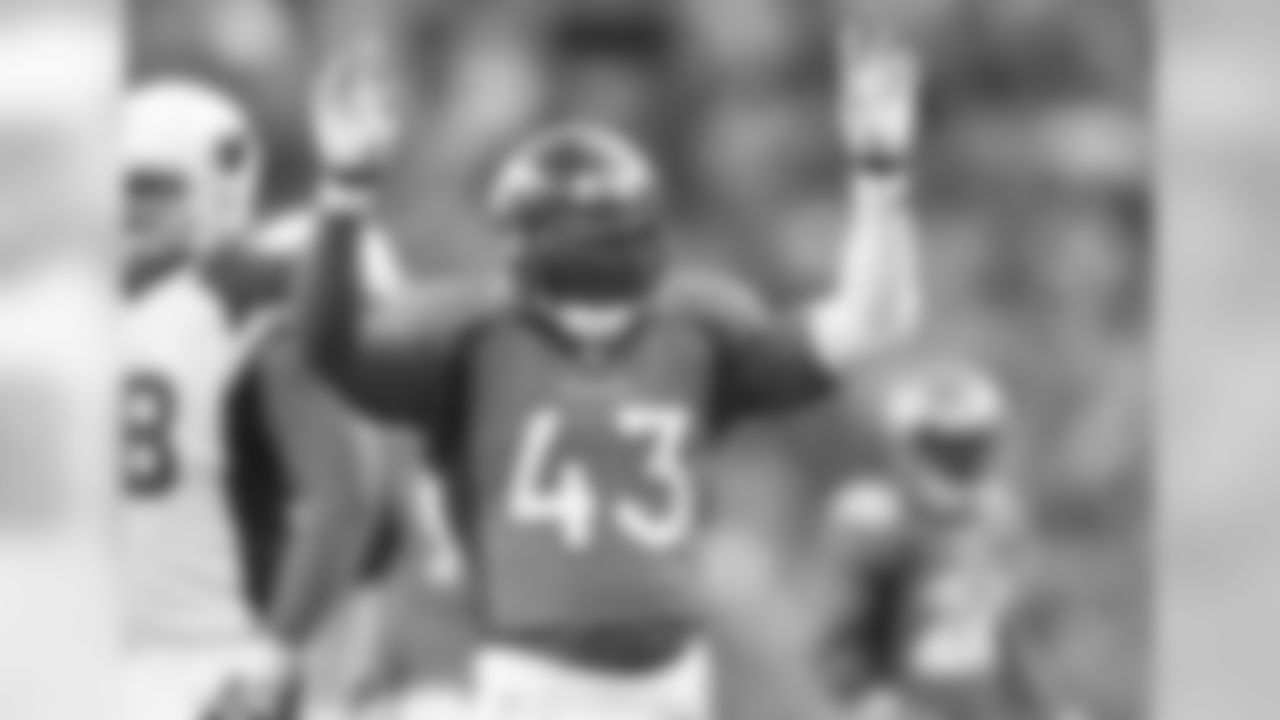
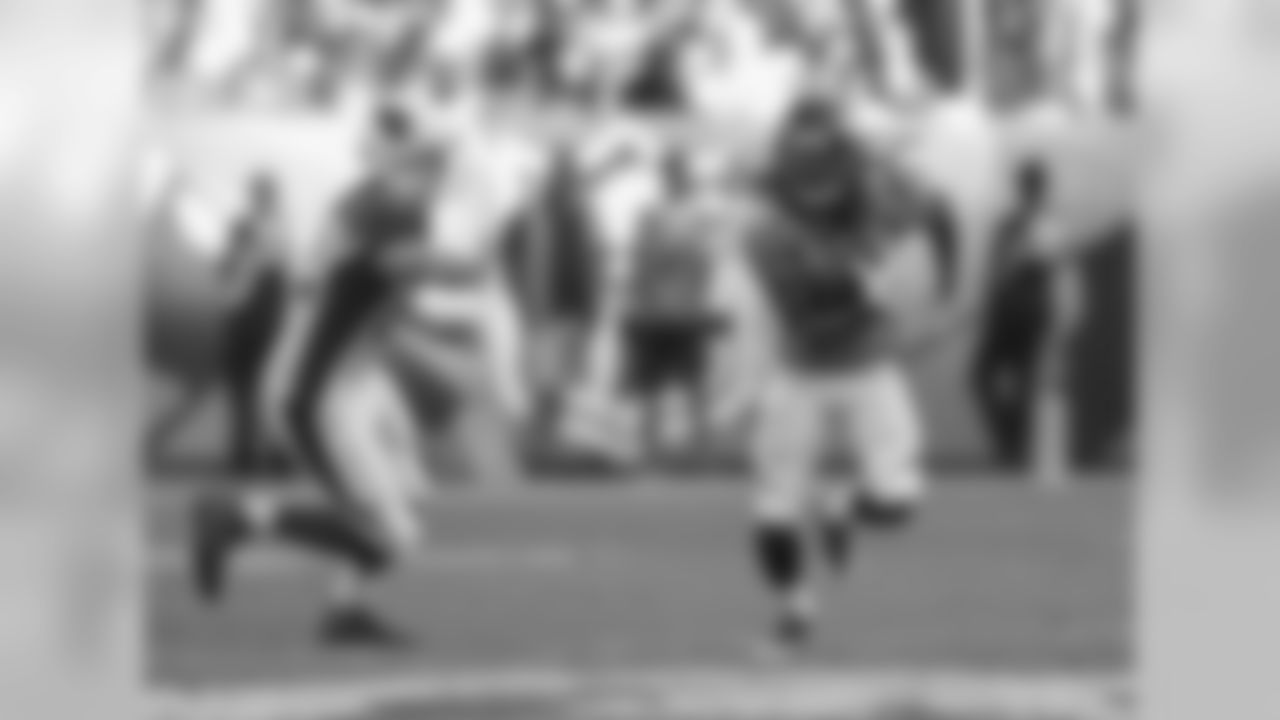
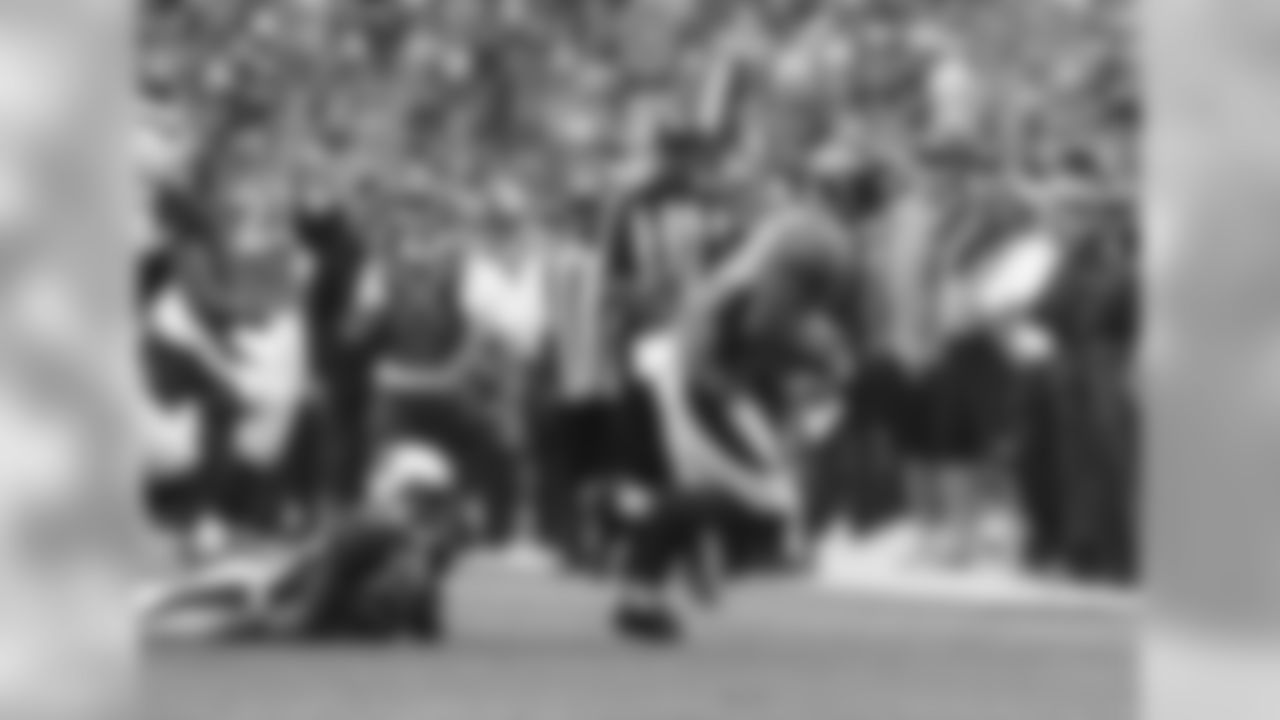
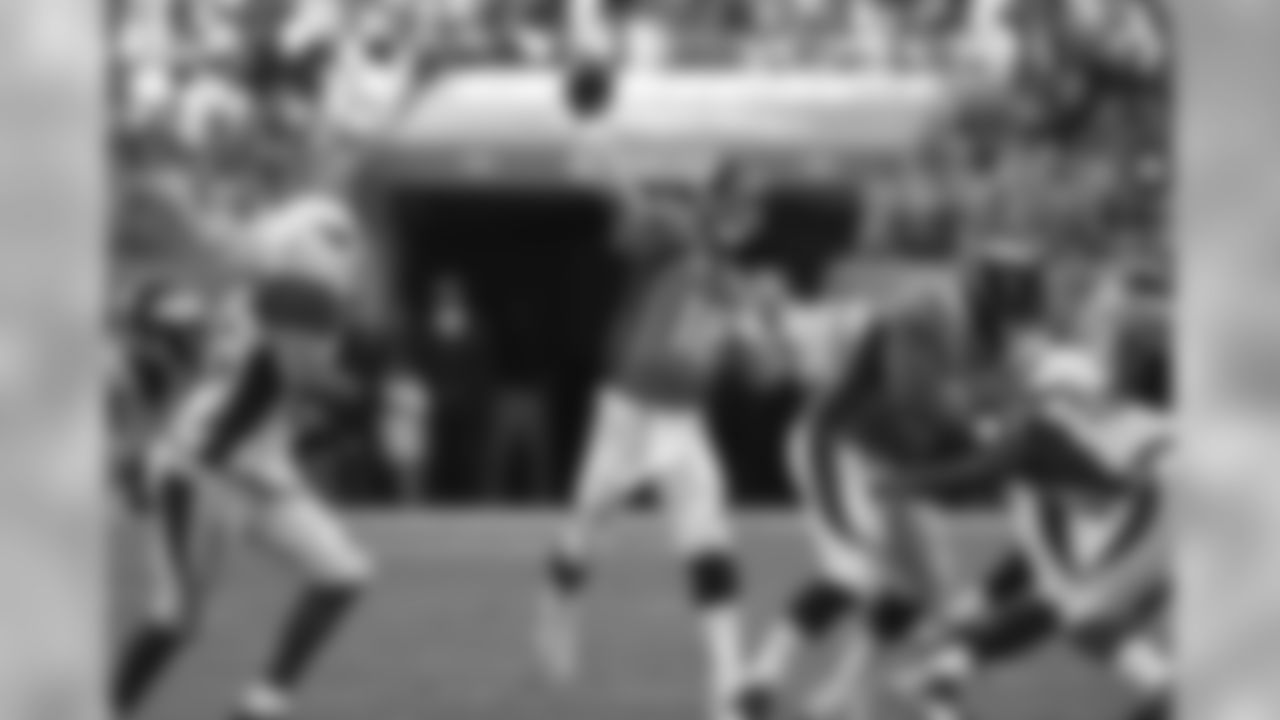
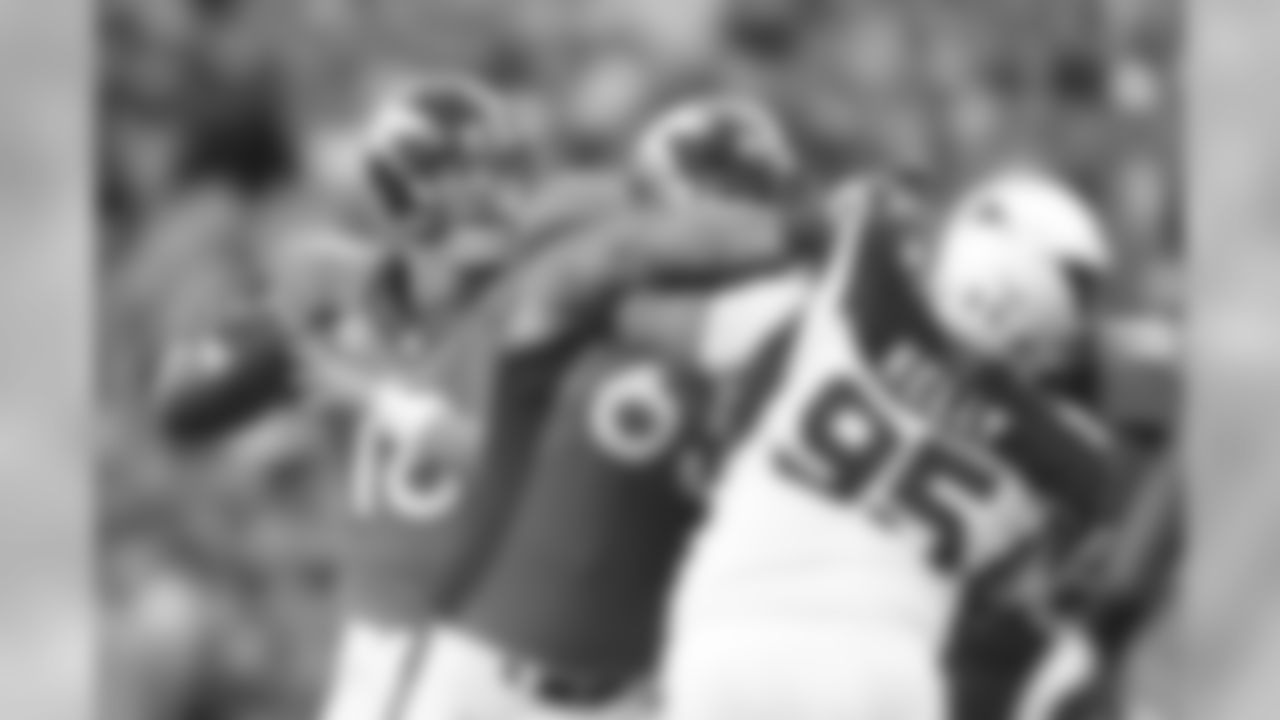

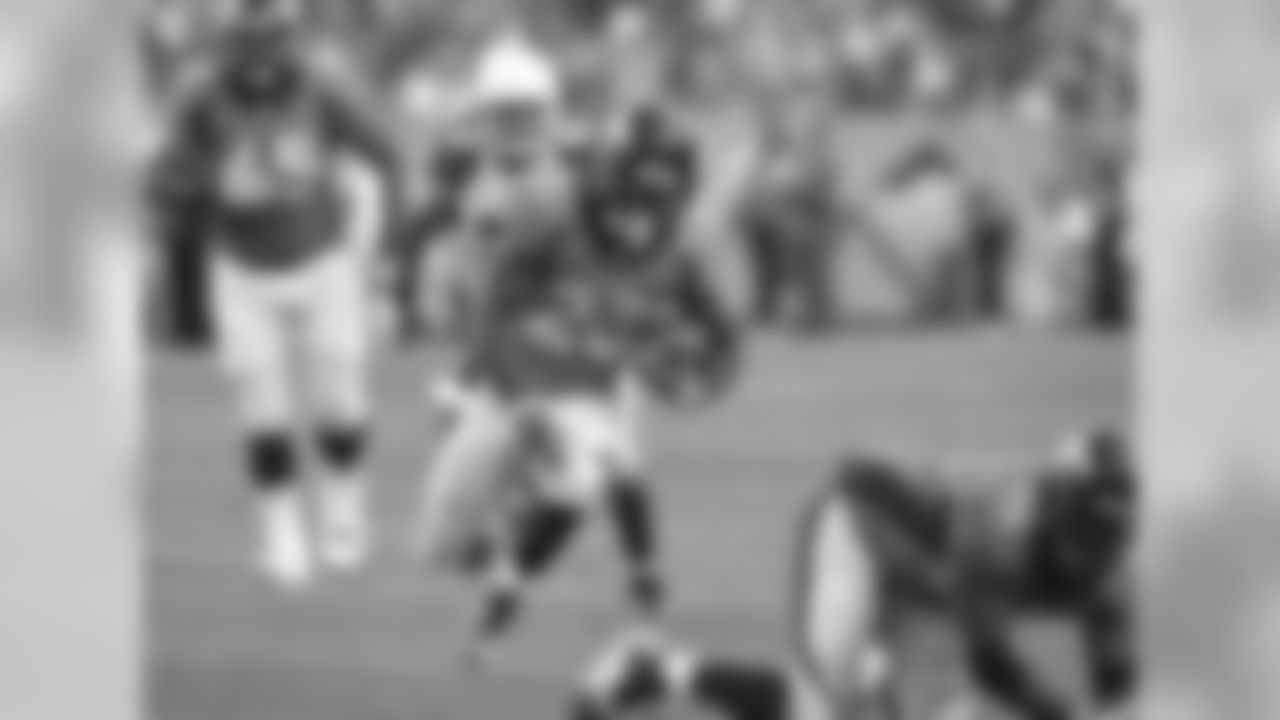
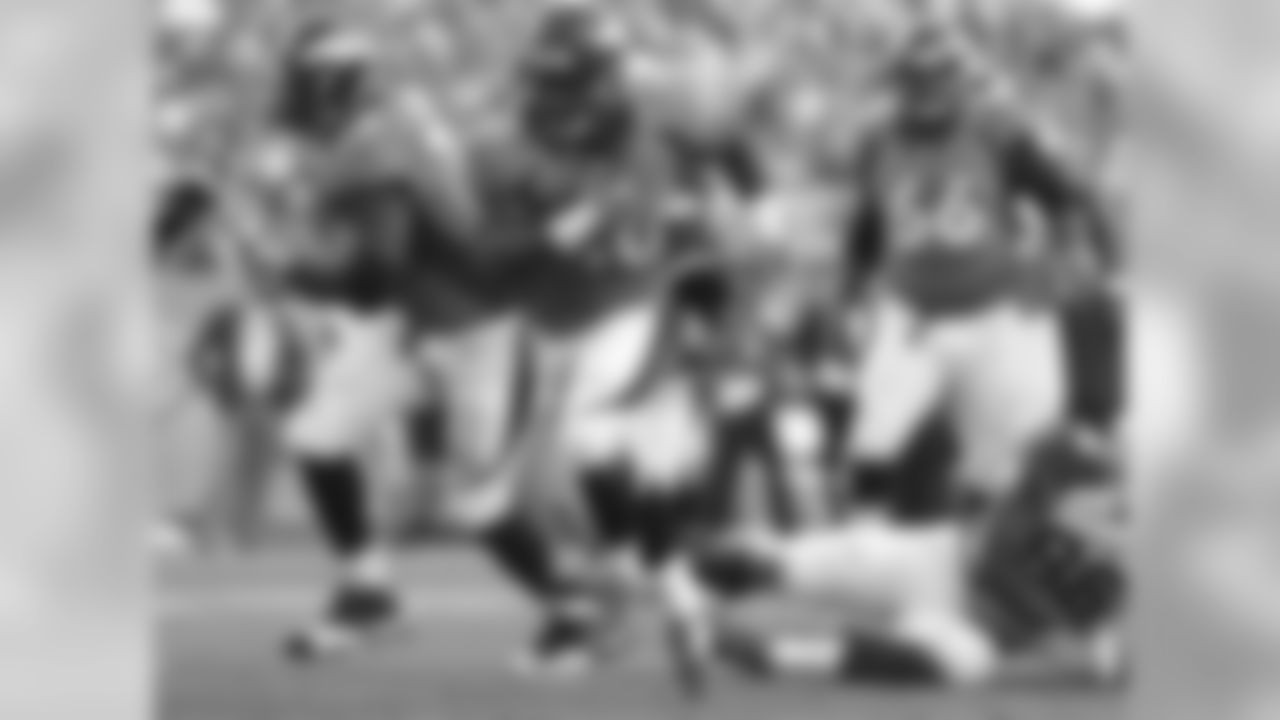
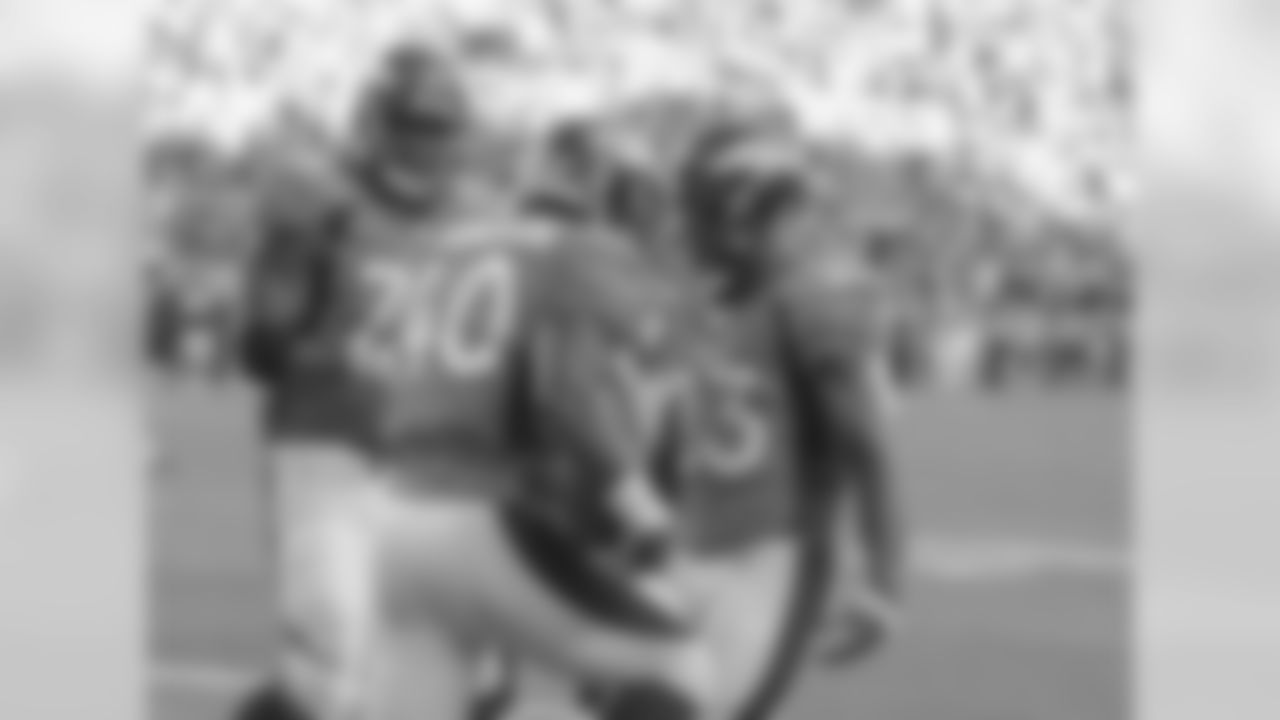
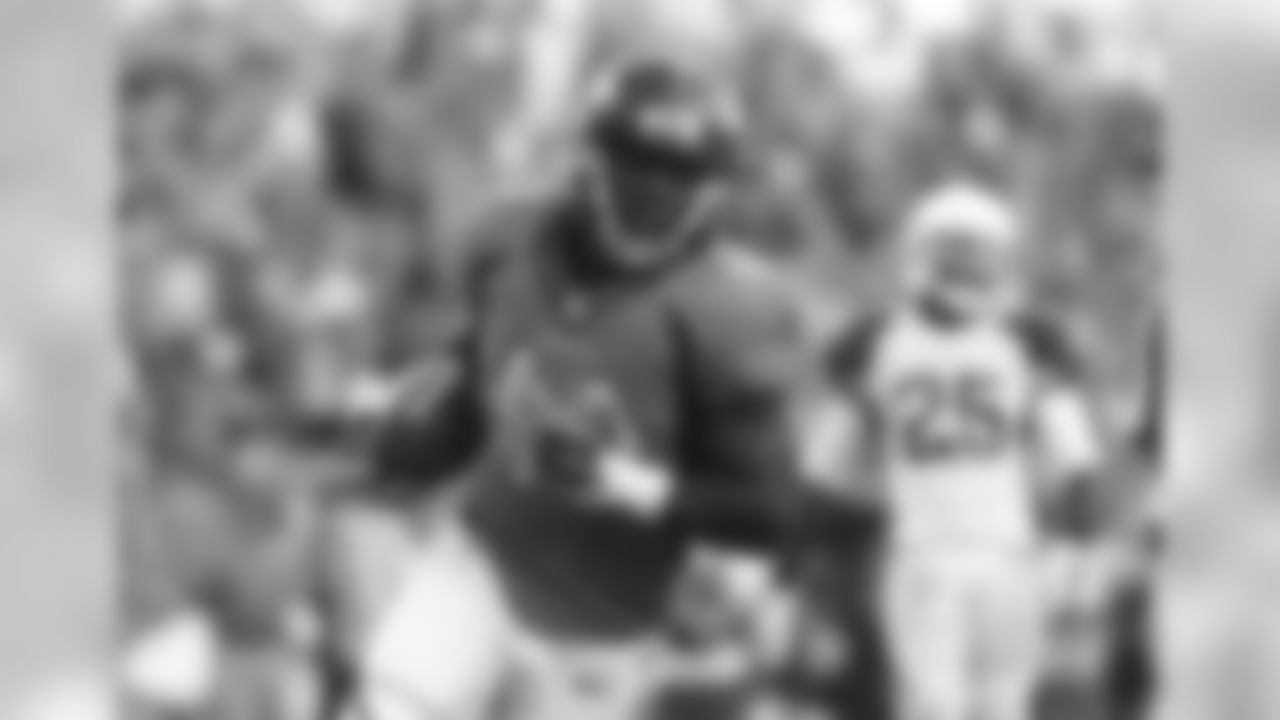
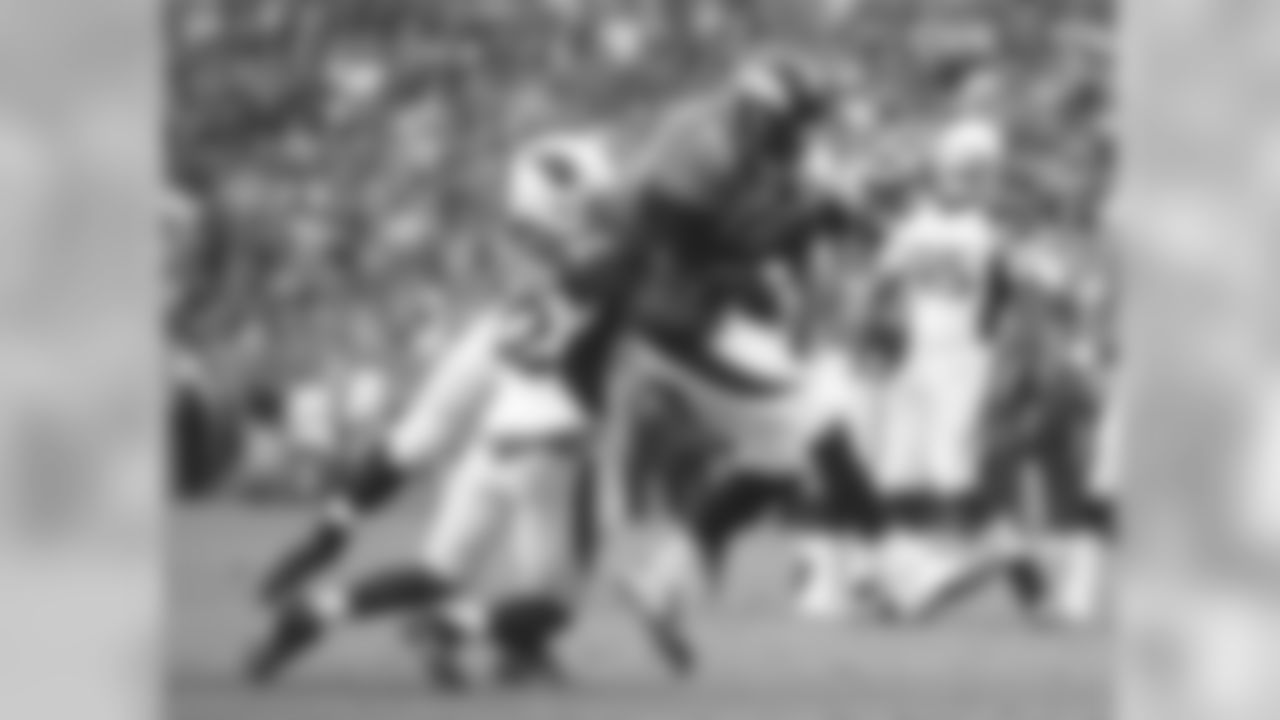
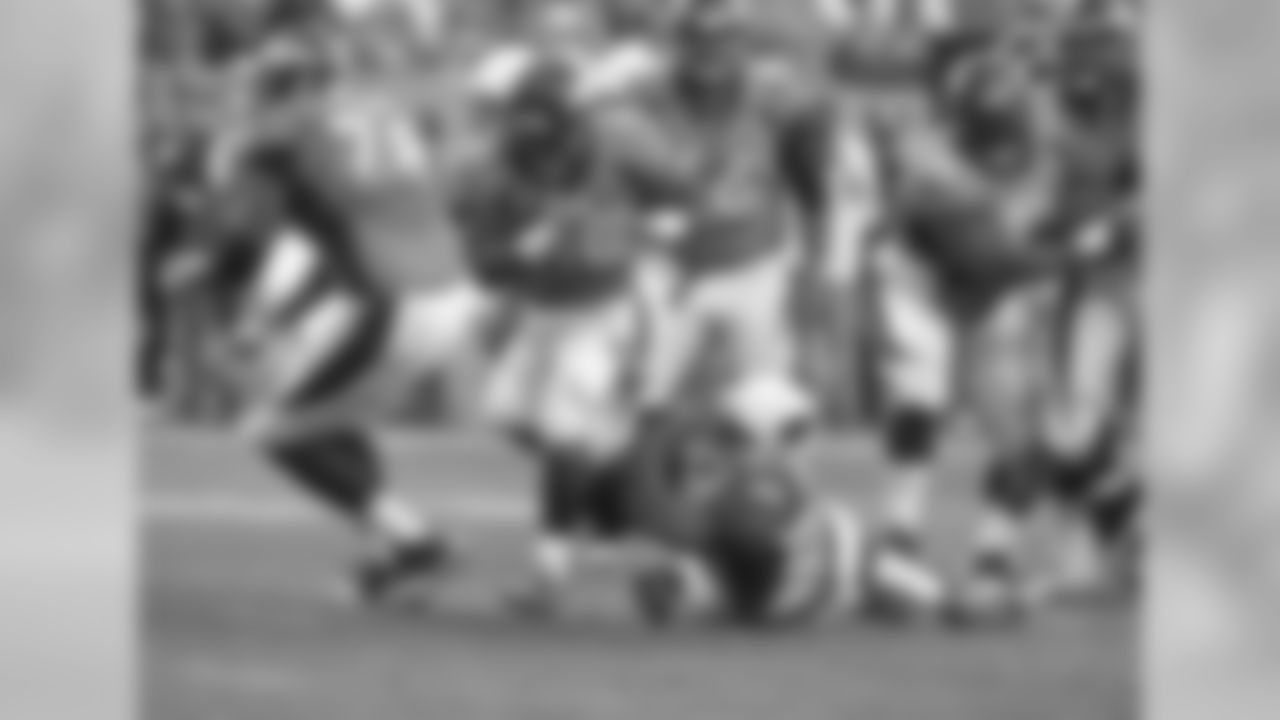
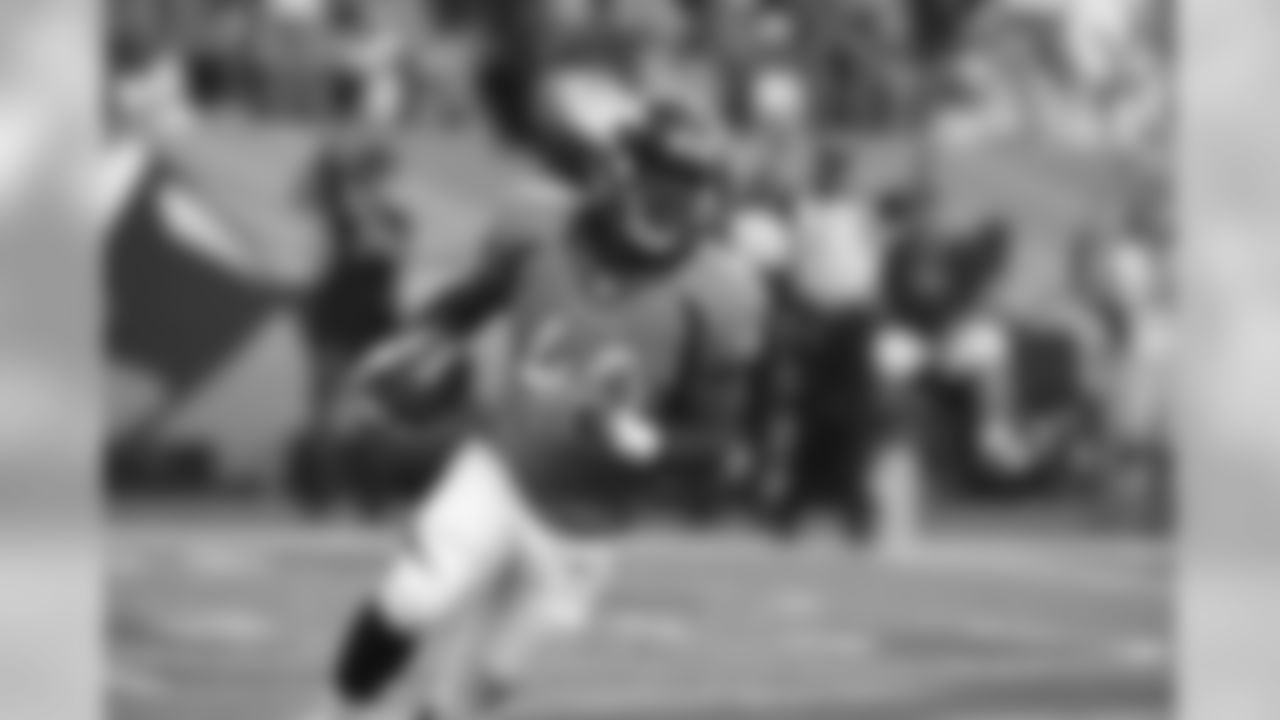
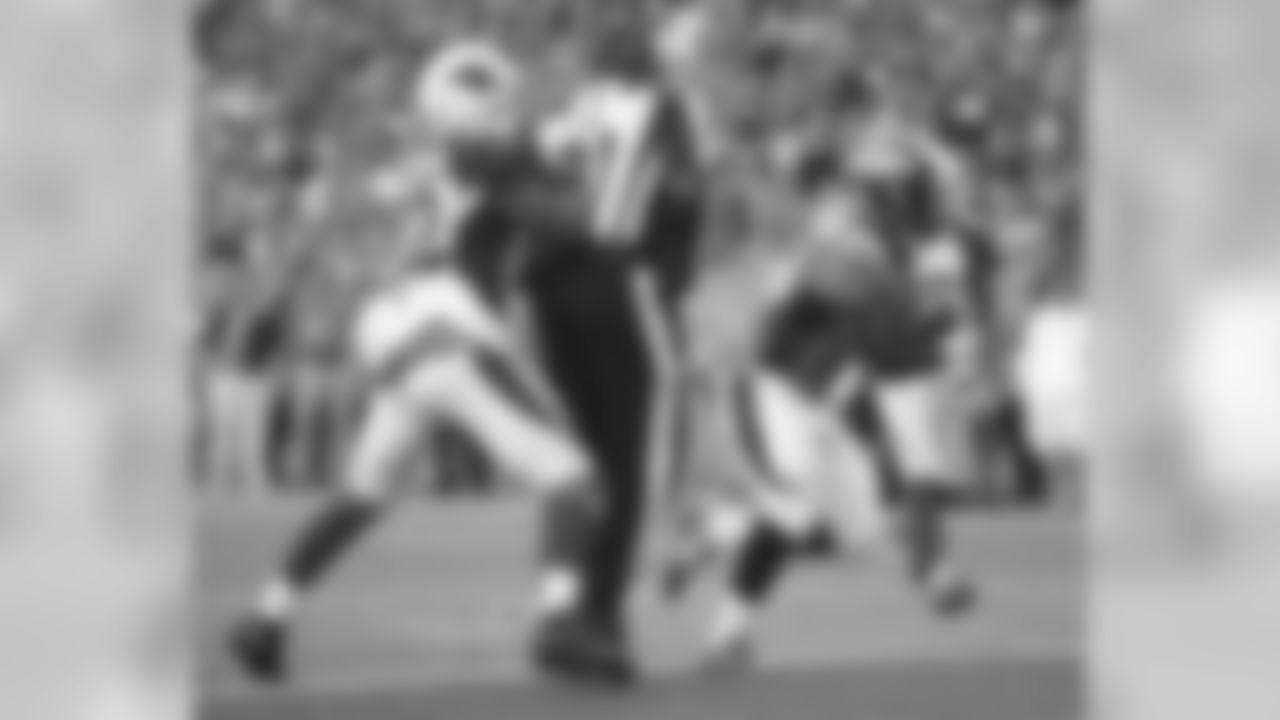
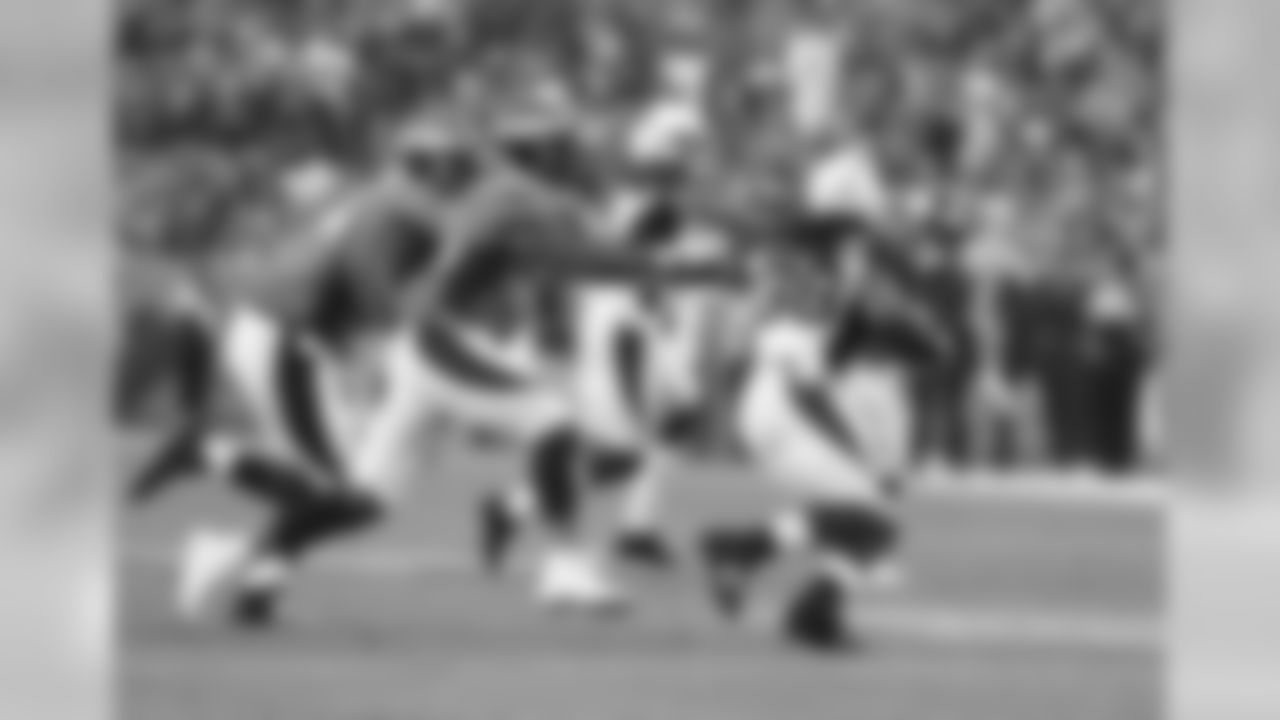
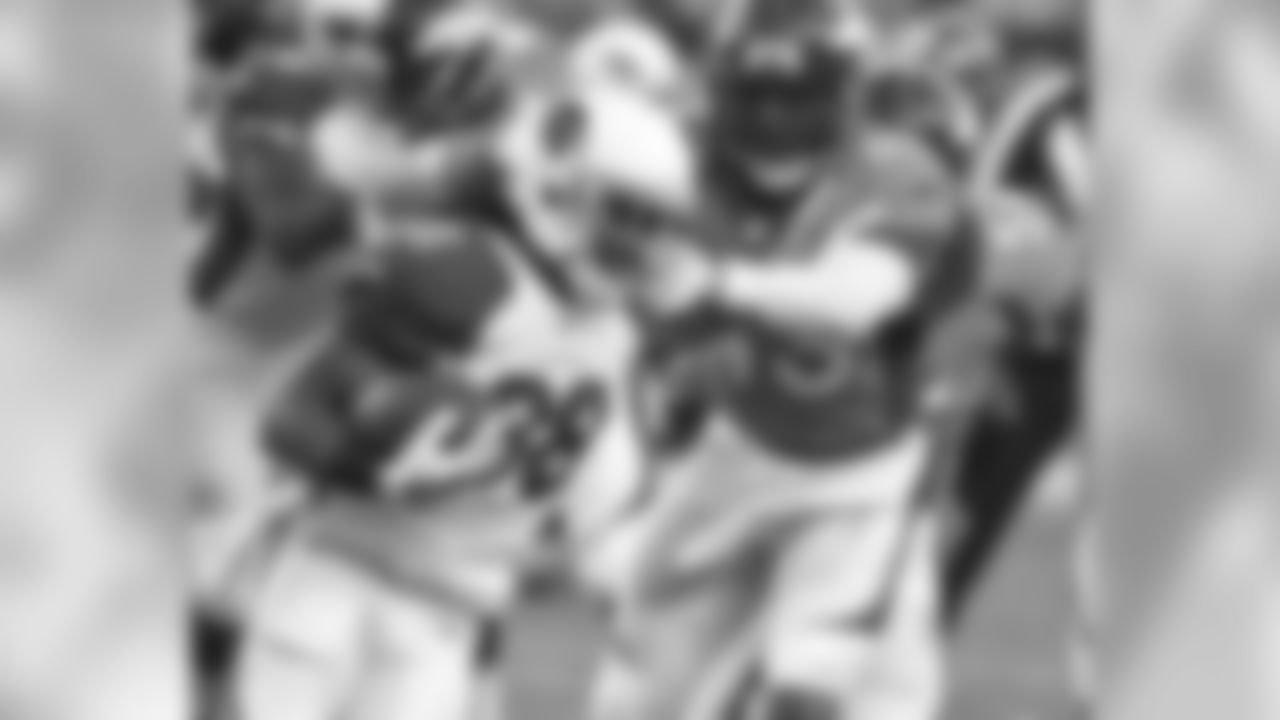
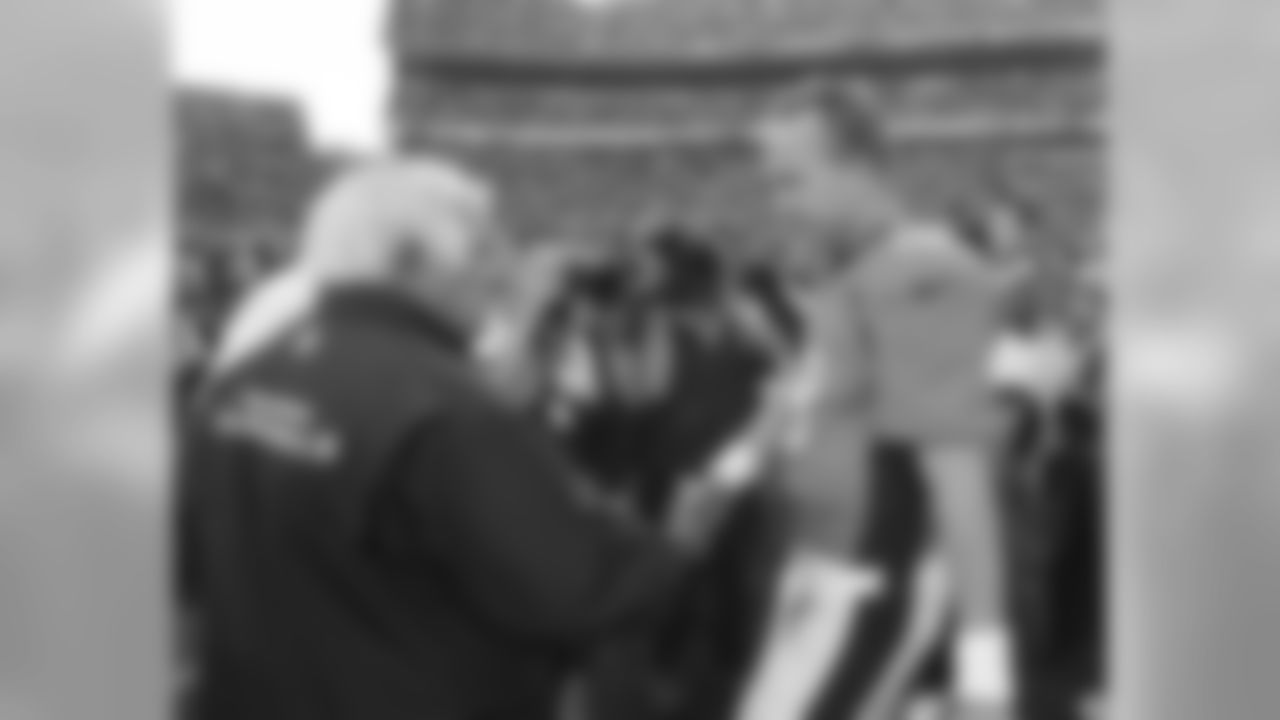
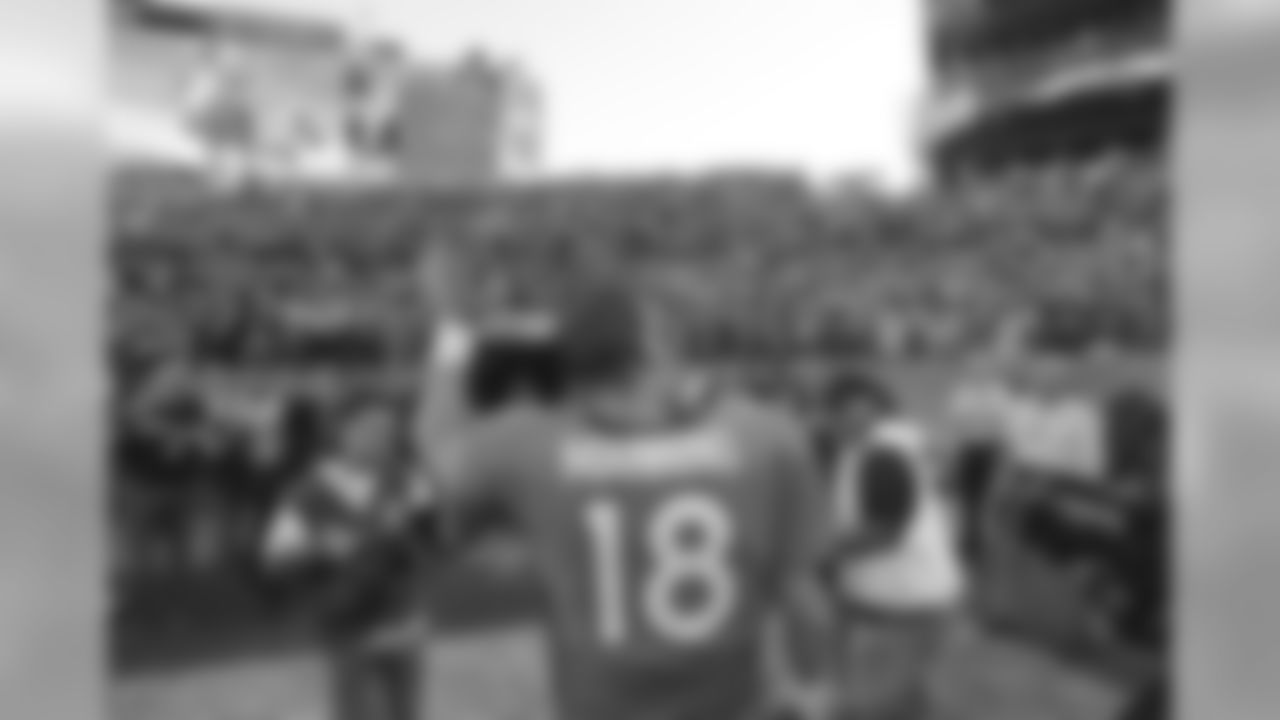
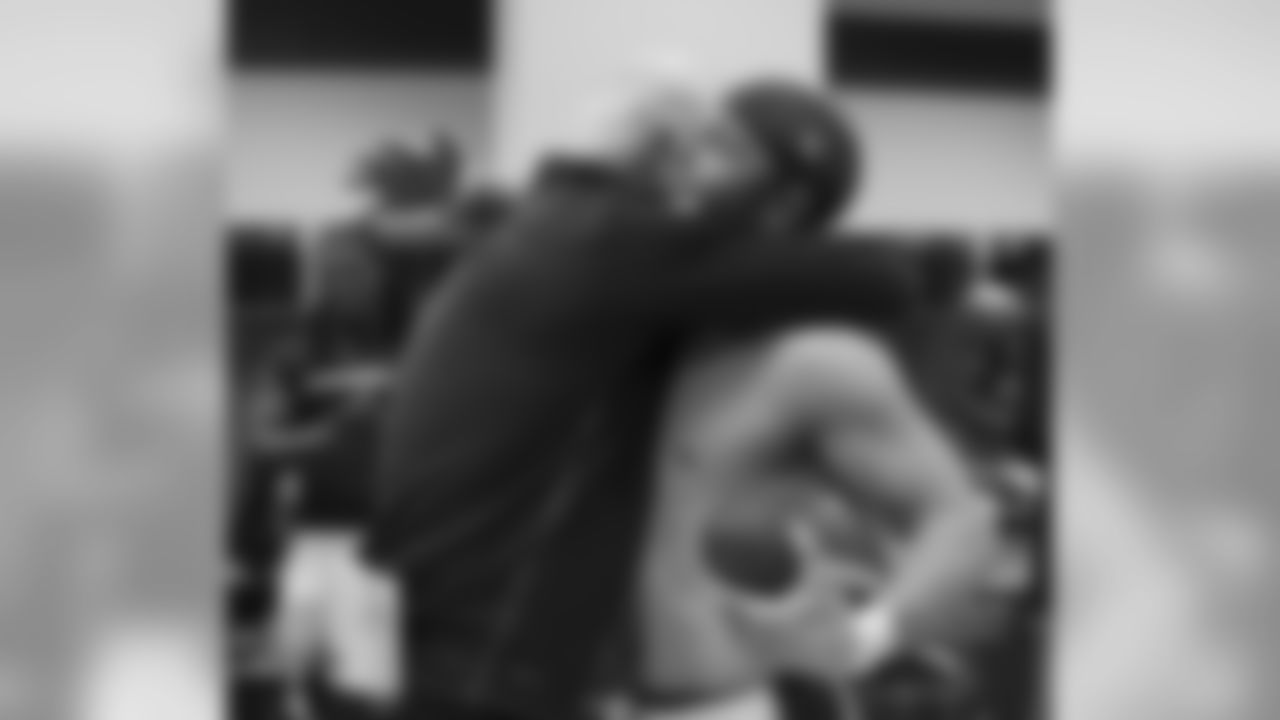
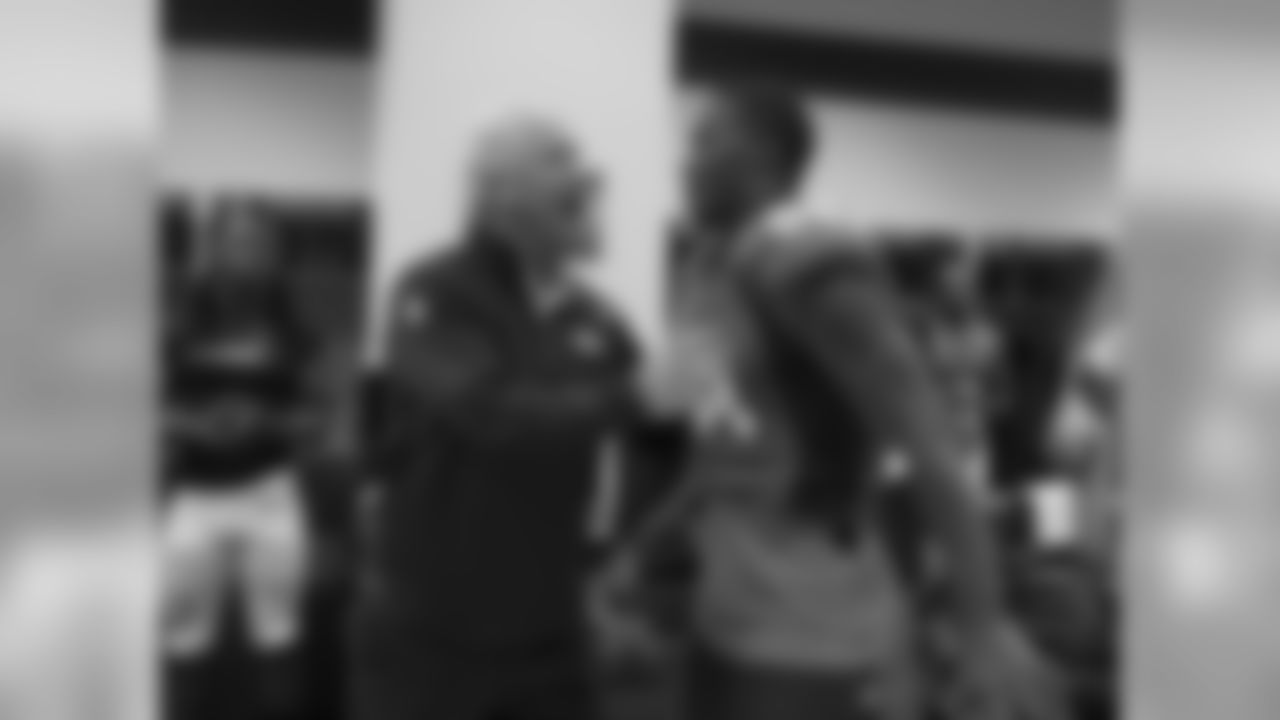
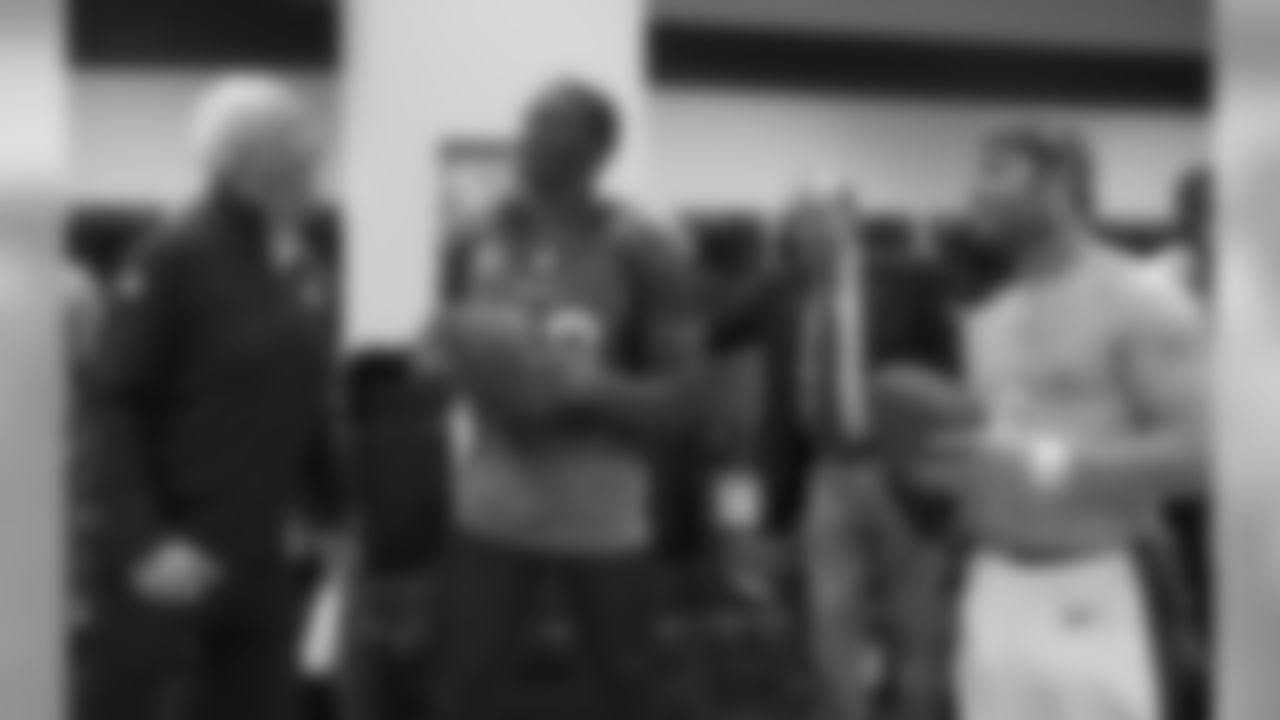
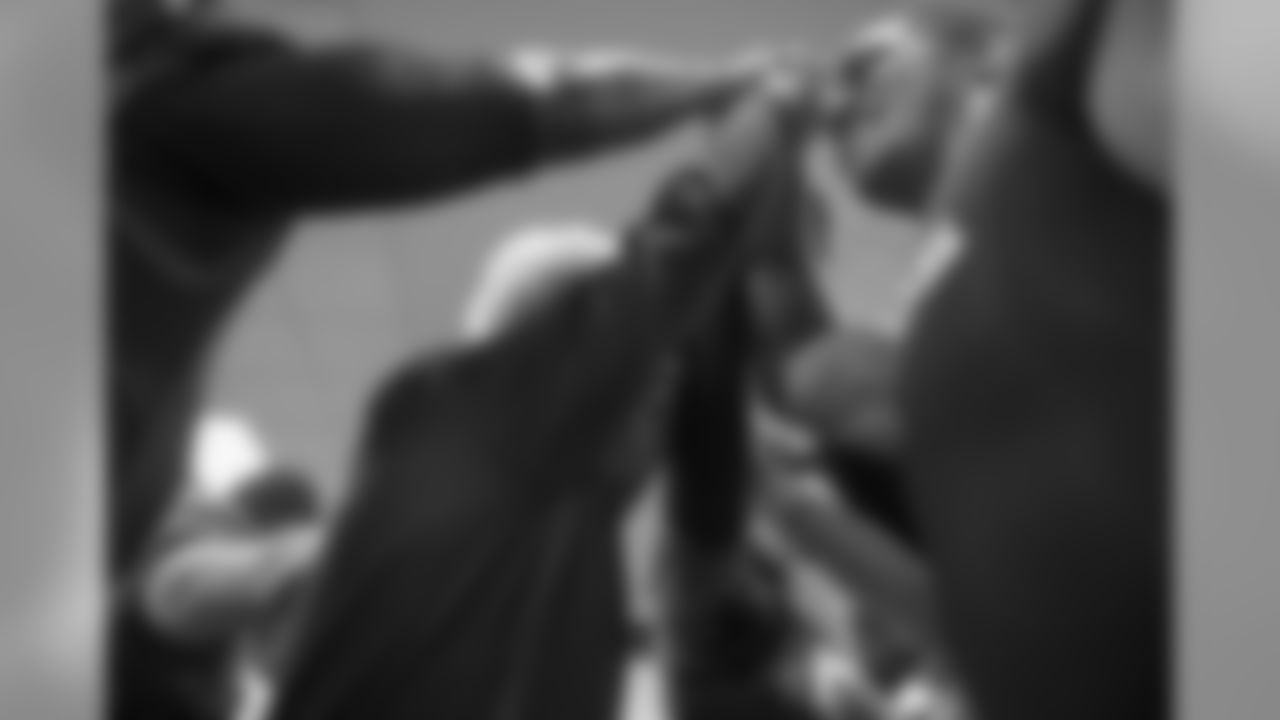
How do you go about teaching quarterbacks an effective thought process during that time between snap and throw?
"You try to give them as many pre-snap indicators to help them delete decisions before they have to make their decisions. Certain looks will tell them, this is not the right the guy to go to or this is the guy I have to throw to. As much as they can learn pre-snap and acquire knowledge and delete decisions then they can be faster post-snap."
How have you seen Brock Osweiler and Zac Dysert develop since you began coaching them?
"They've definitely benefitted from having Peyton in the room and that experience from a player's perspective and I think it's natural for a young quarterback, the more experience they get in practice, which they do get in OTAs and training camp, hopefully that transfers over game experiences for us being more efficient and that showed up in preseason as well. It's a really good room for those two to be in because they're getting quite a few years of experience from the coaching and playing perspective on how to play the position."
How do you build upon last season's successes offensively?
"As you coach, you still strive for the perfect game. You still strive for the perfect play so you want consistency to show up as much as you can. Because of the variety of looks you're going to get from defenses, it's hard to keep consistency because you're going to get different looks from different defensive coordinators, different defensive schemes. So the challenge is to maintain as high of a level of consistency as possible."
What is the highlight of your coaching career thus far?
"There's been a variety. I've had a couple unique ones. One that was kind of surreal was I was with the San Francisco 49ers the week after September 11 in 2001. The NFL did not play that weekend after 9/11 so those games were scratched, it just so happened the following weekend our game was the Monday night game at New York to play the Jets. I don't know if you want to call it a highlight. But it was a very inspirational game in that it was surreal because it wasn't us against them, it was two teams on the field in front of a national audience to take people's minds off of the tragedy that just occurred and it was kind of special to be a part of that to help, in your little way, bring a little bit of relief of the day-to-day grind of what people were going through as far as the tragedies go. I did make the cover of Sports Illustrated that day because they took a panoramic shot of the stadium, the players on the field before they kick off. It was pretty inspirational."


